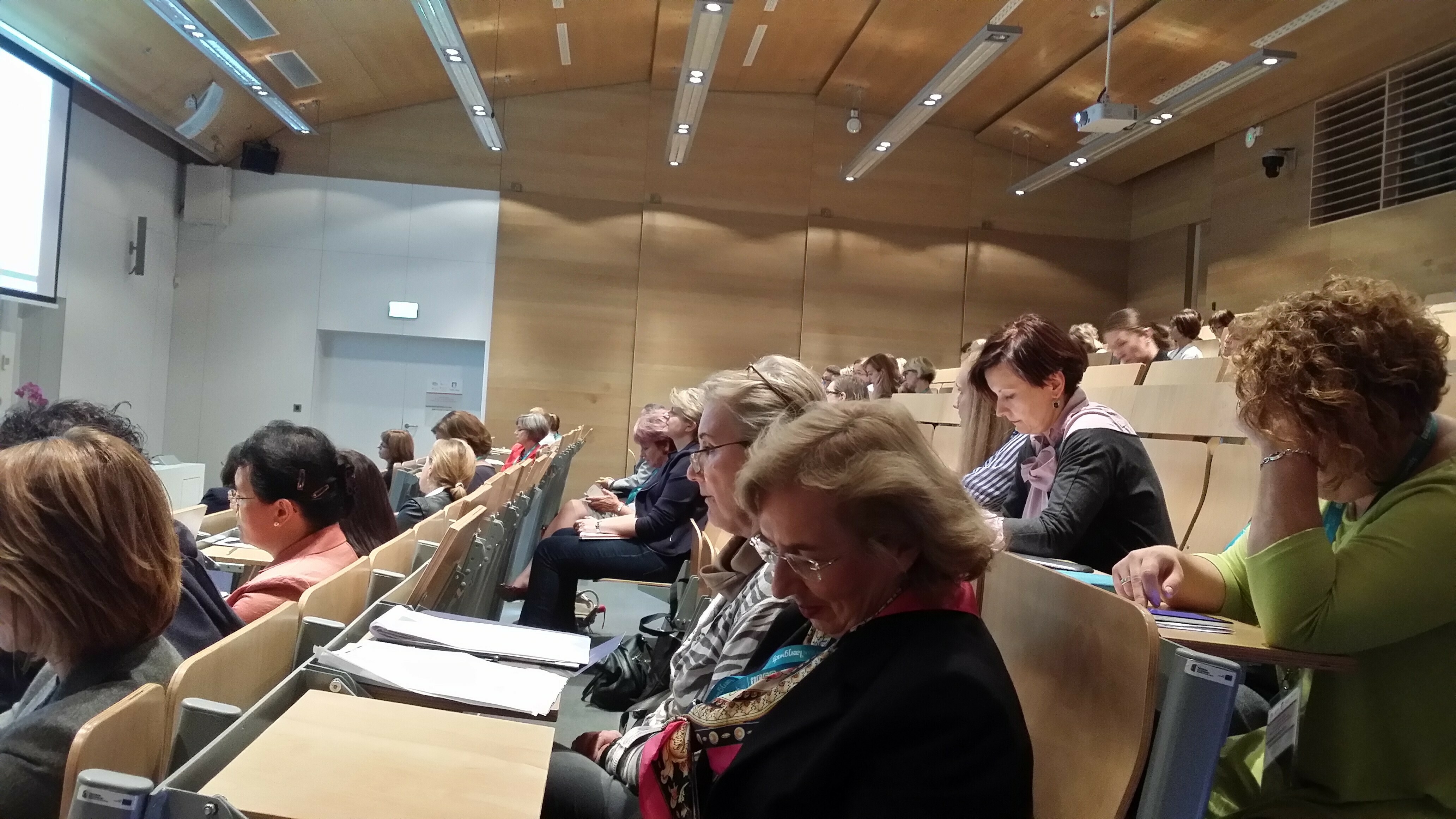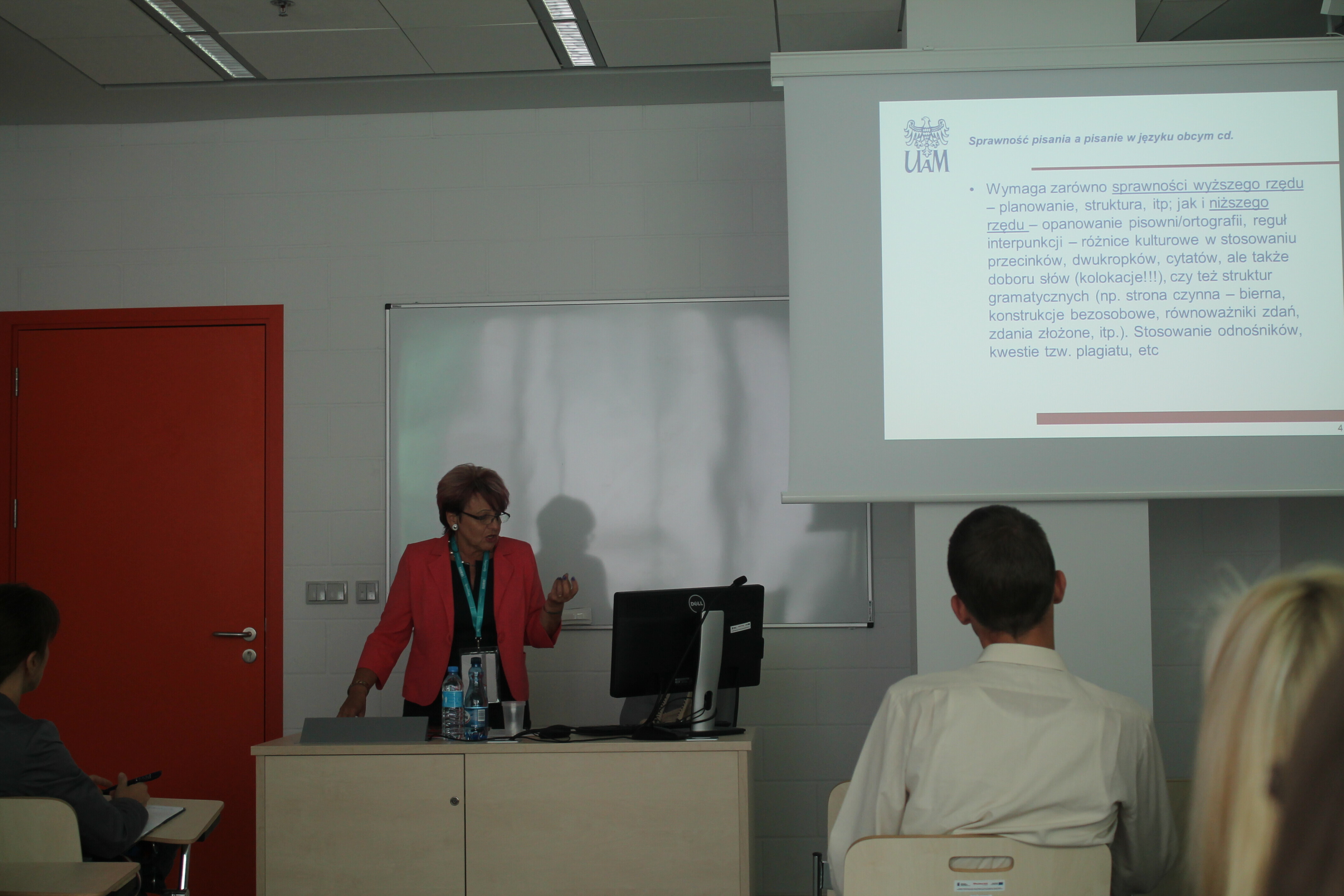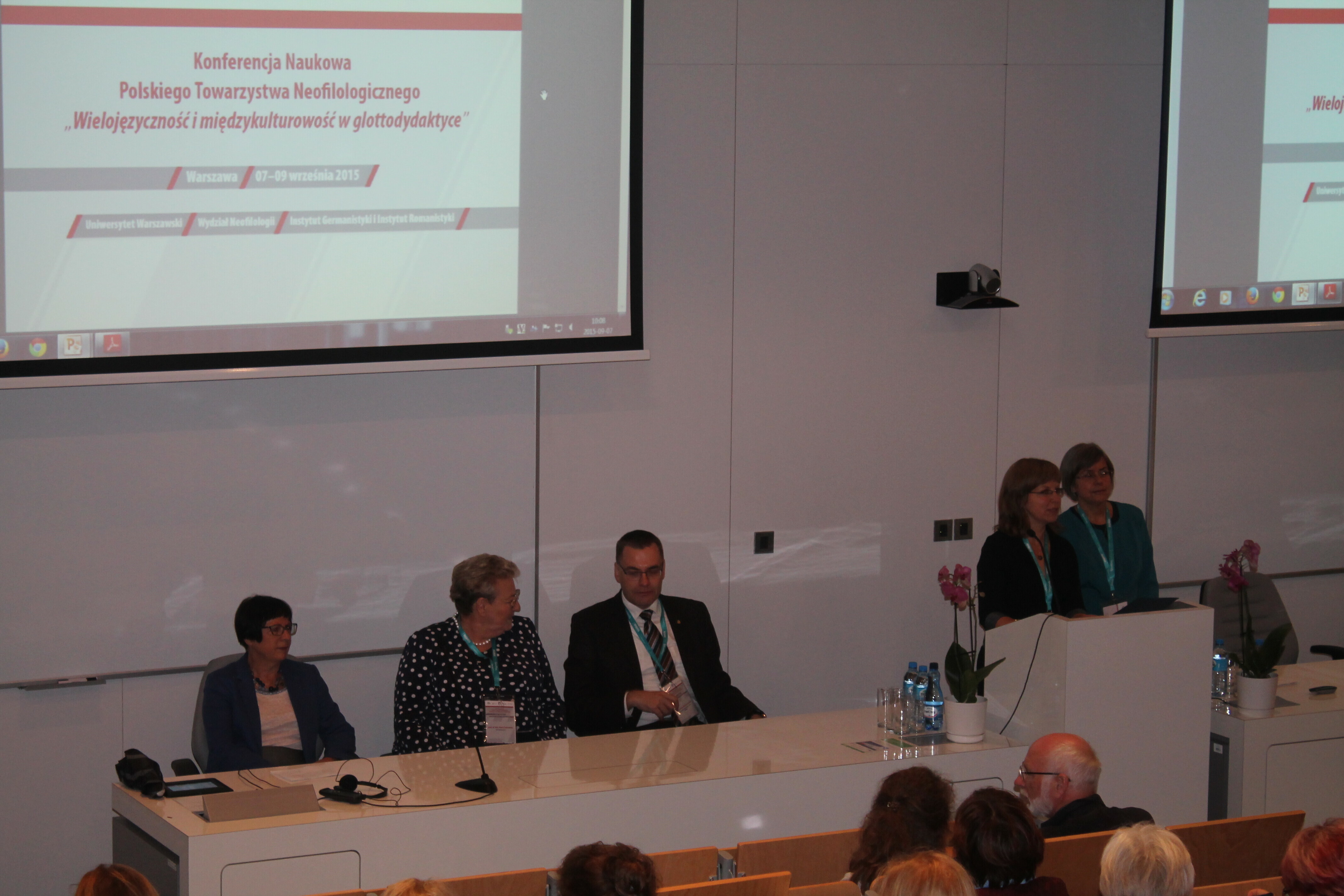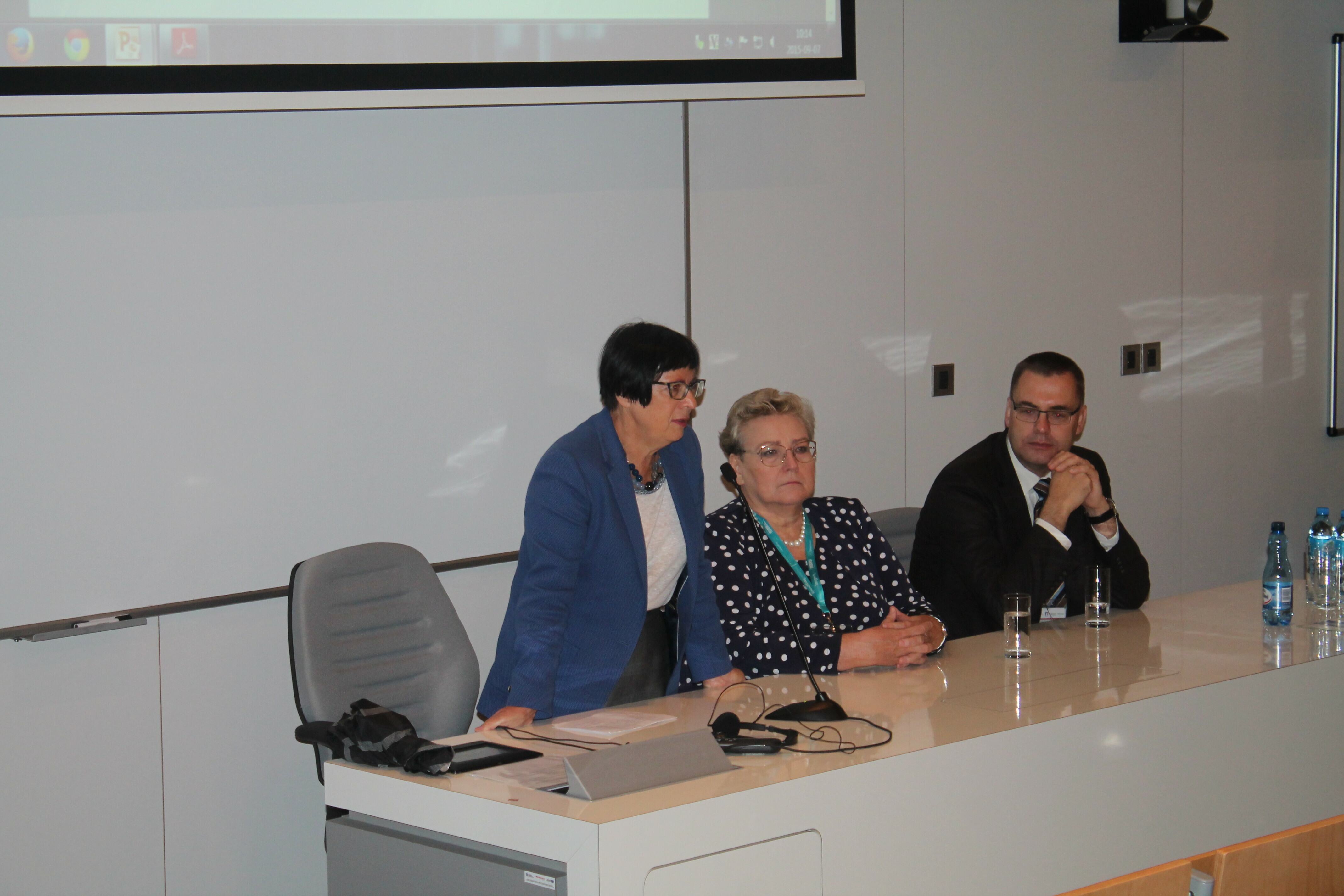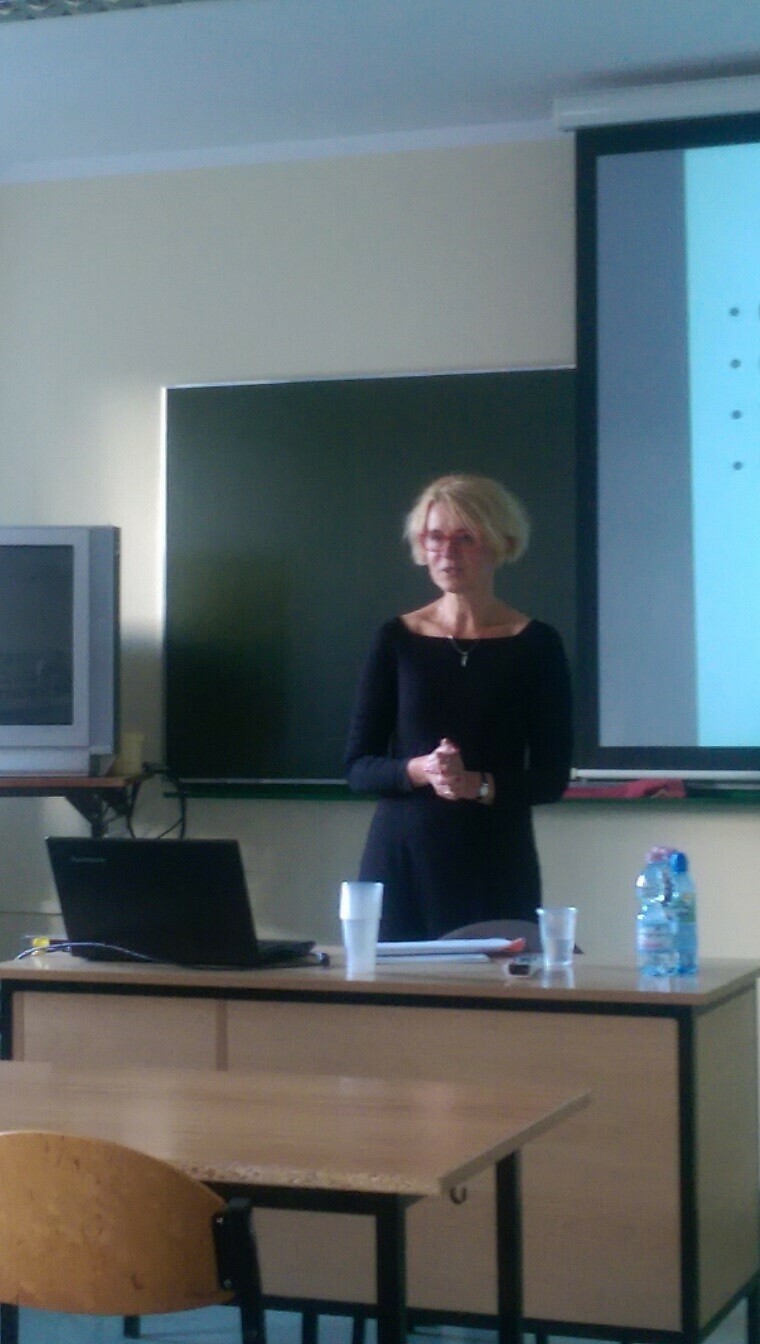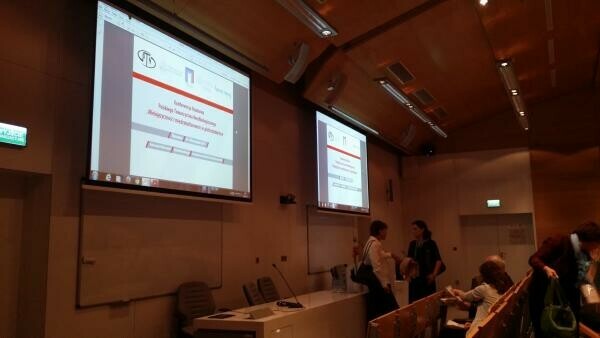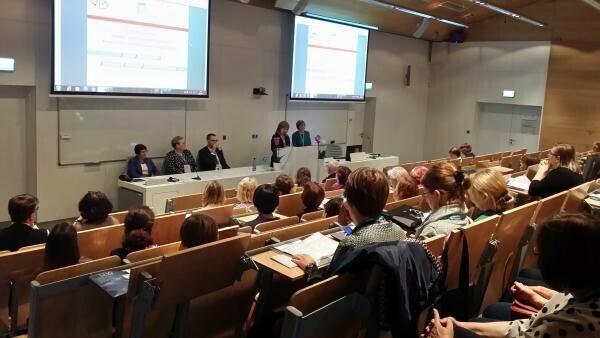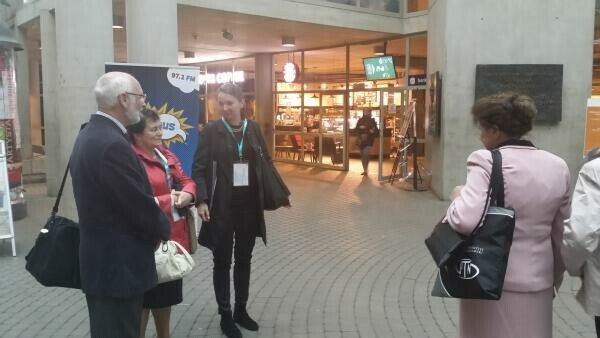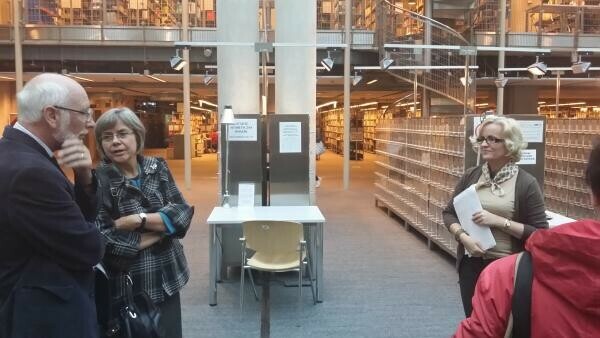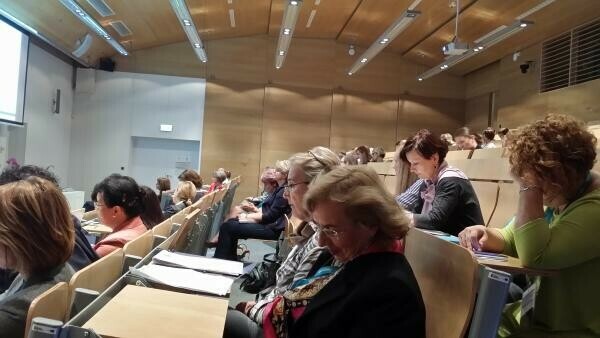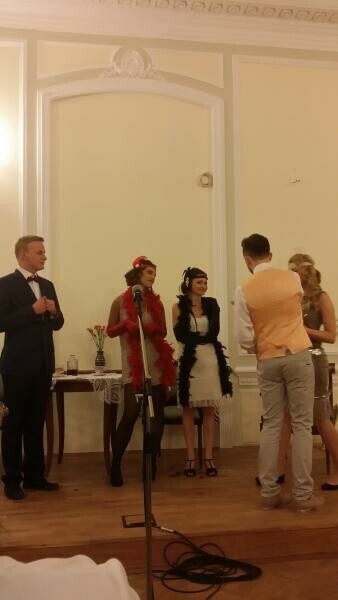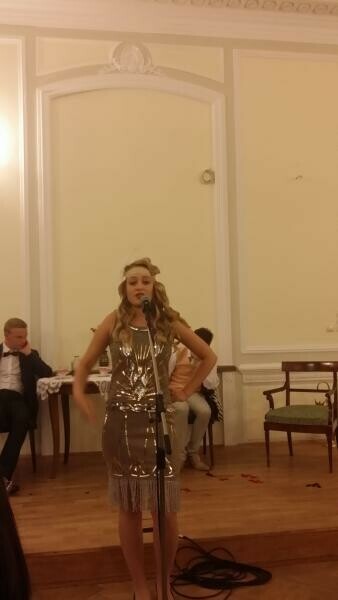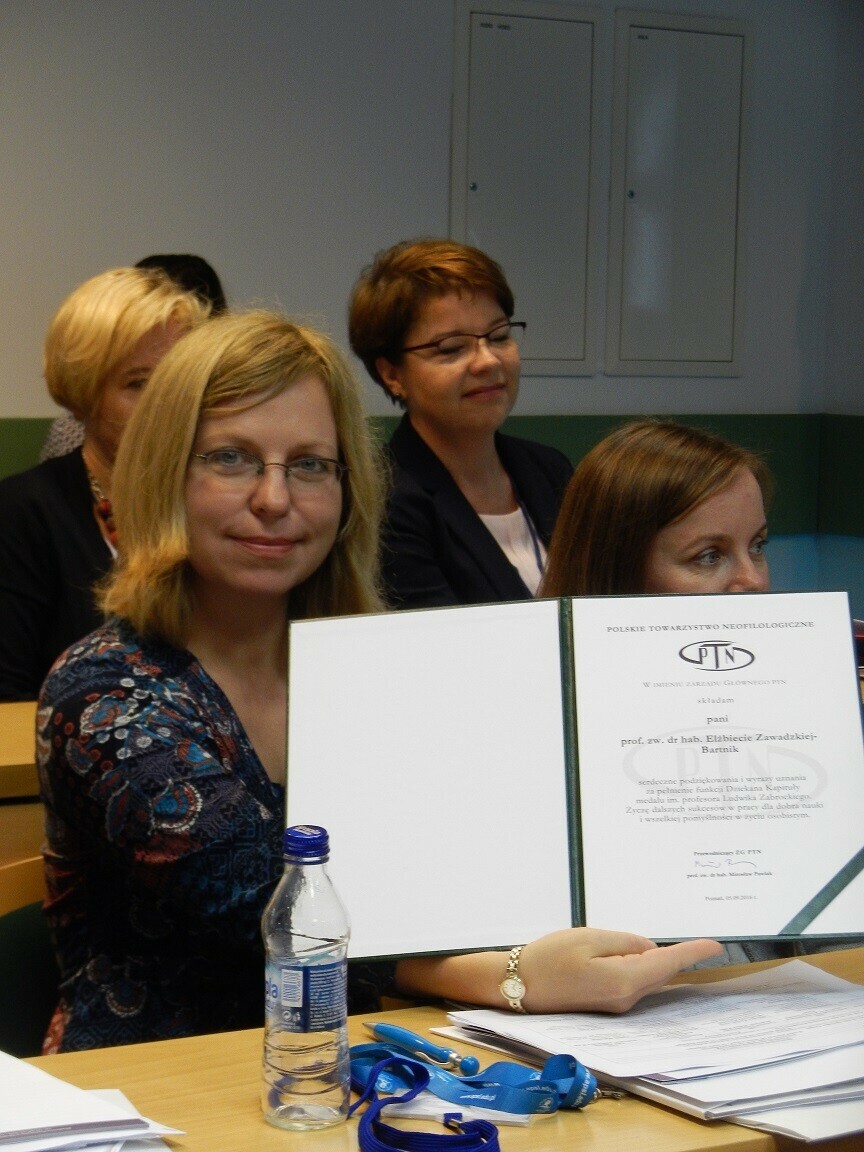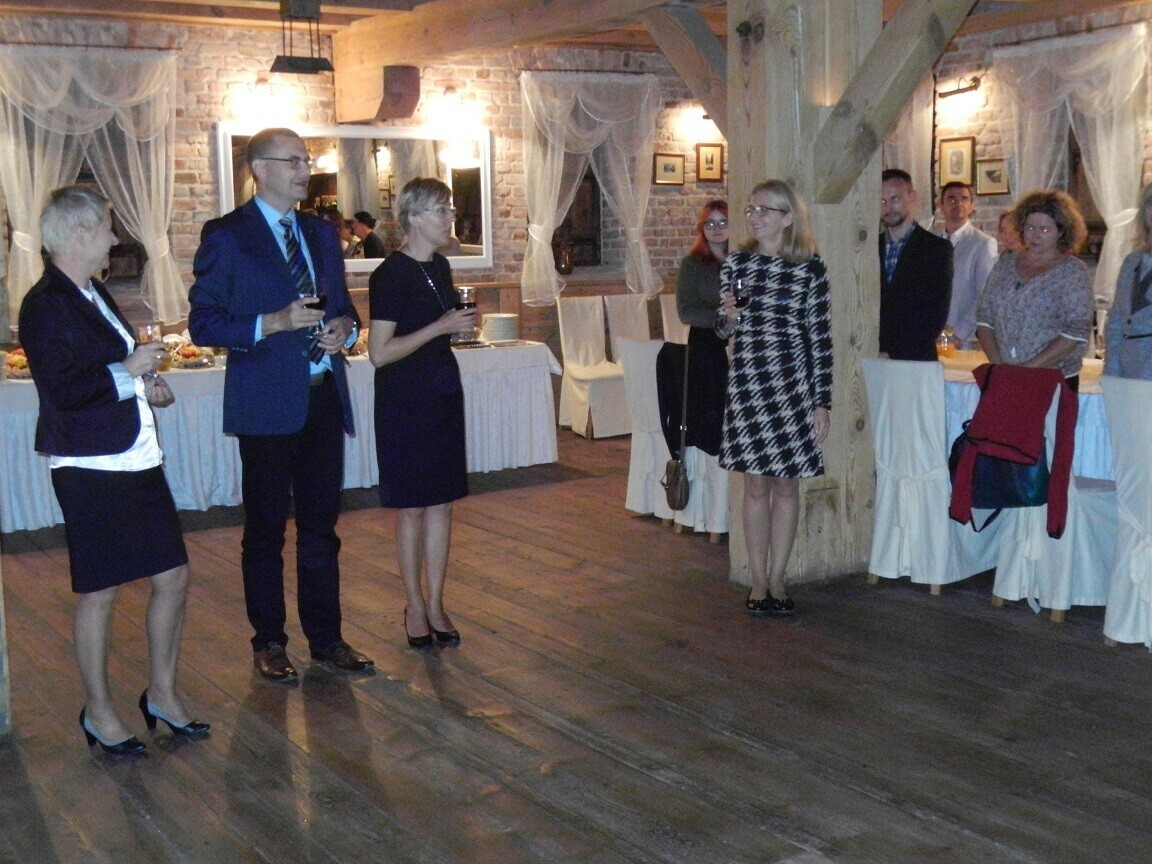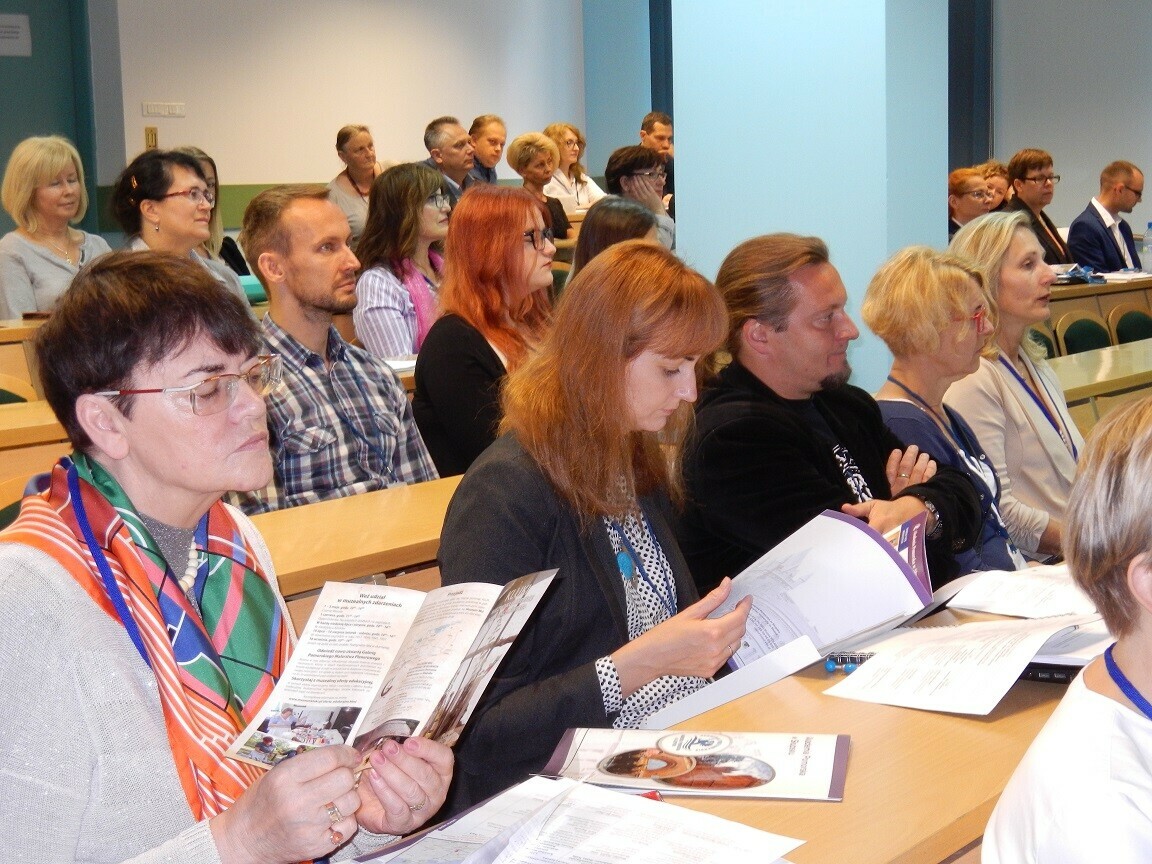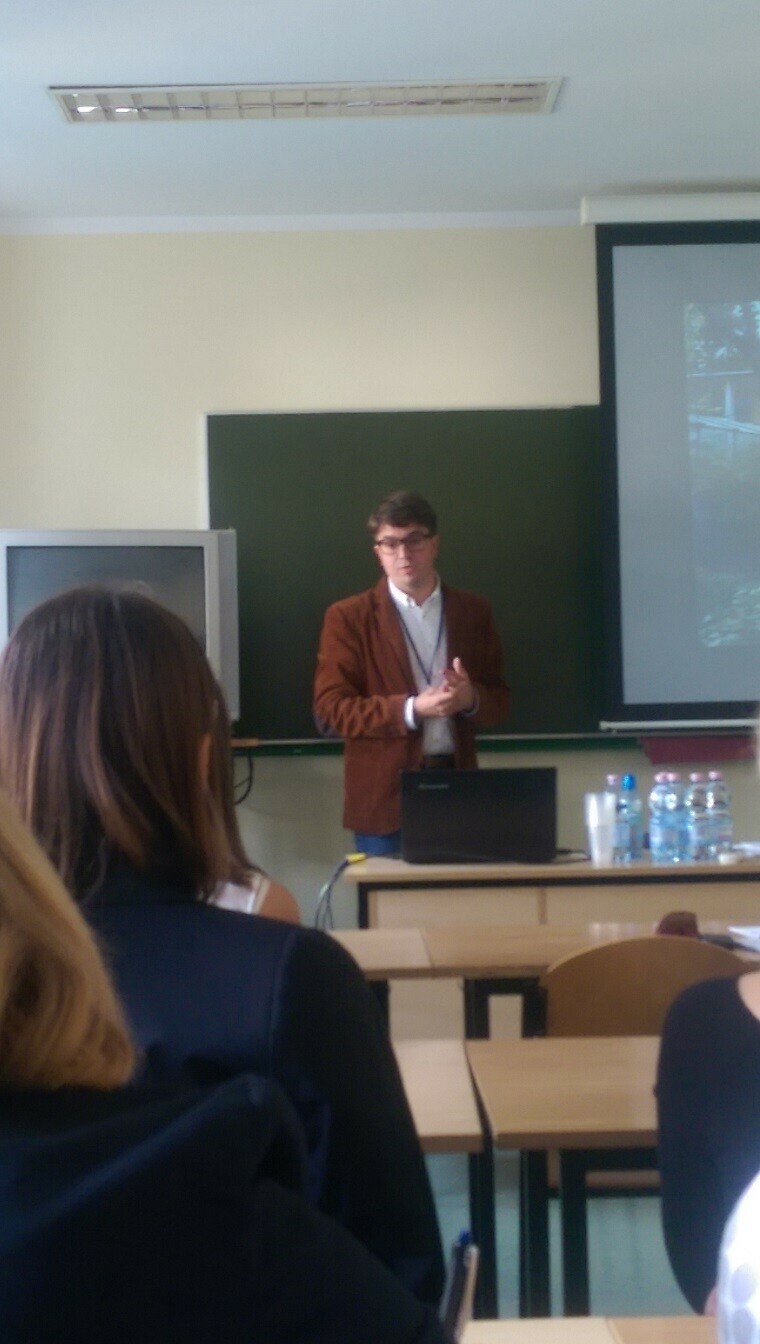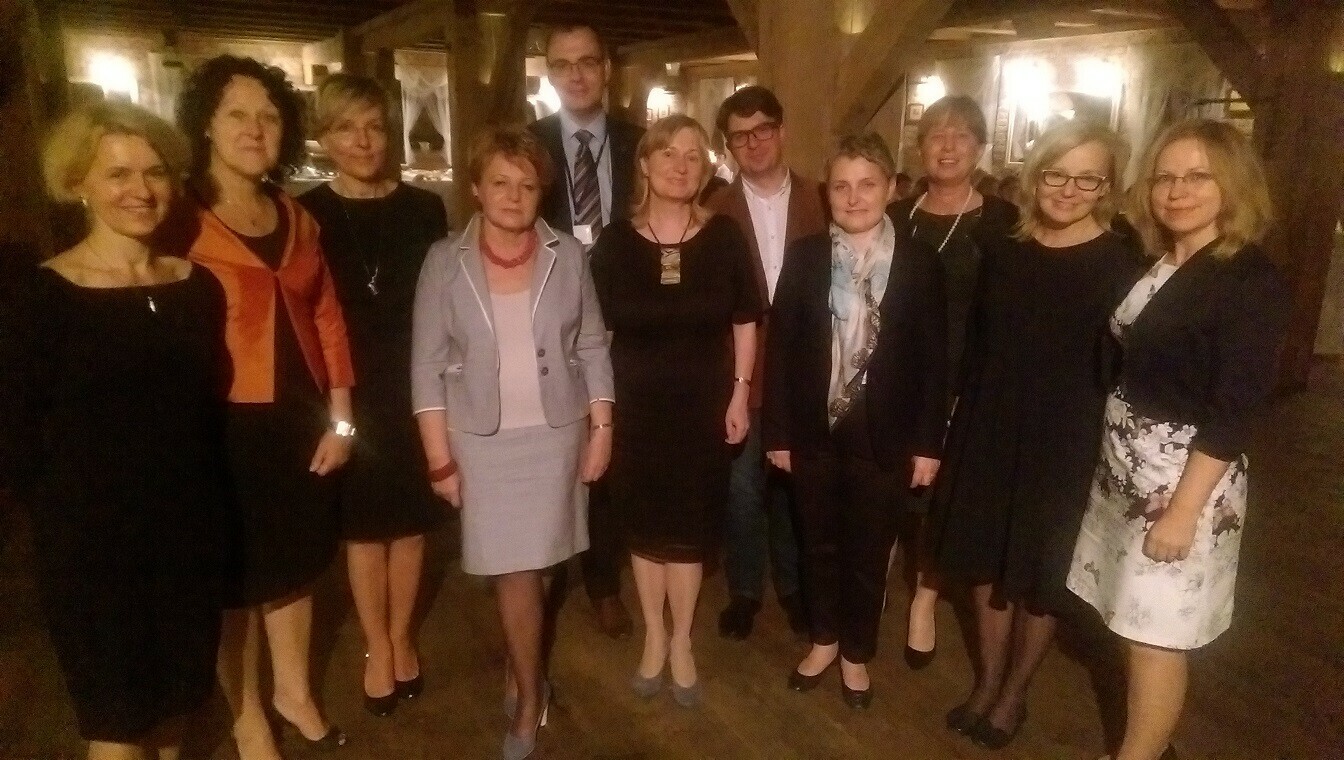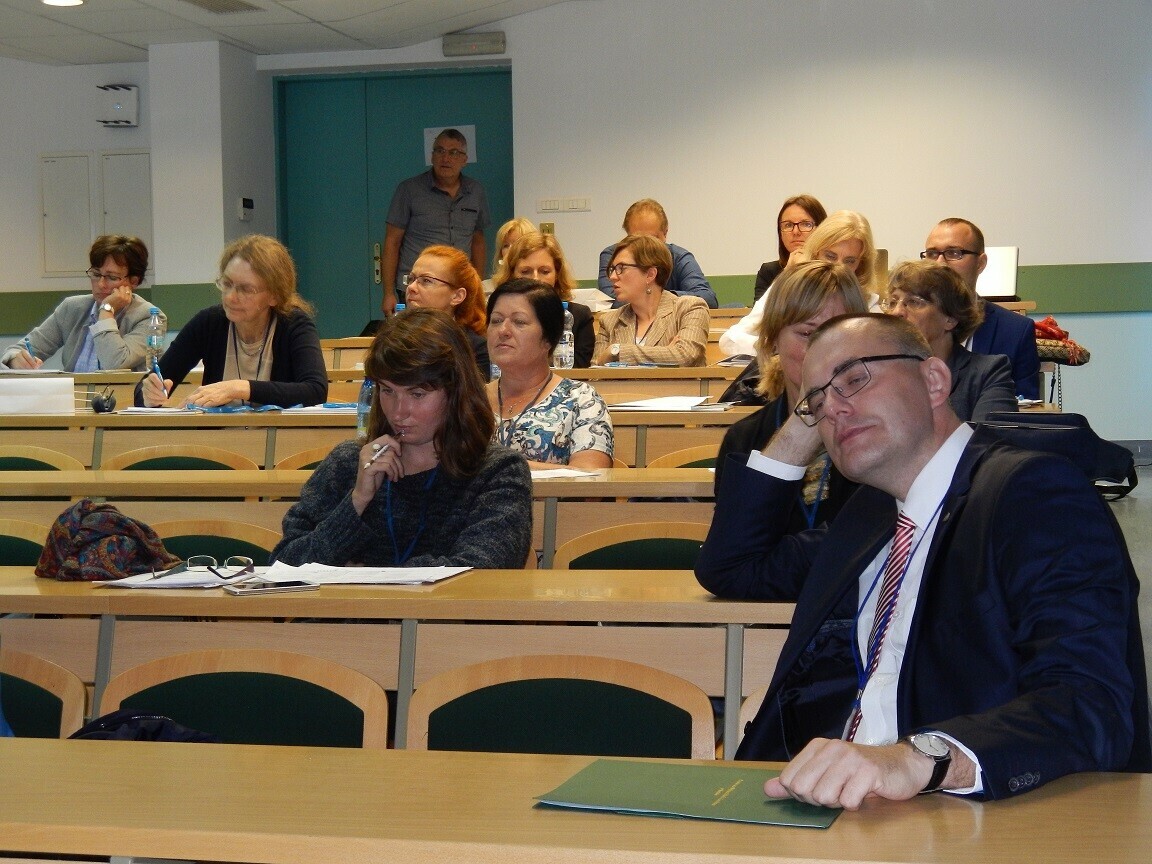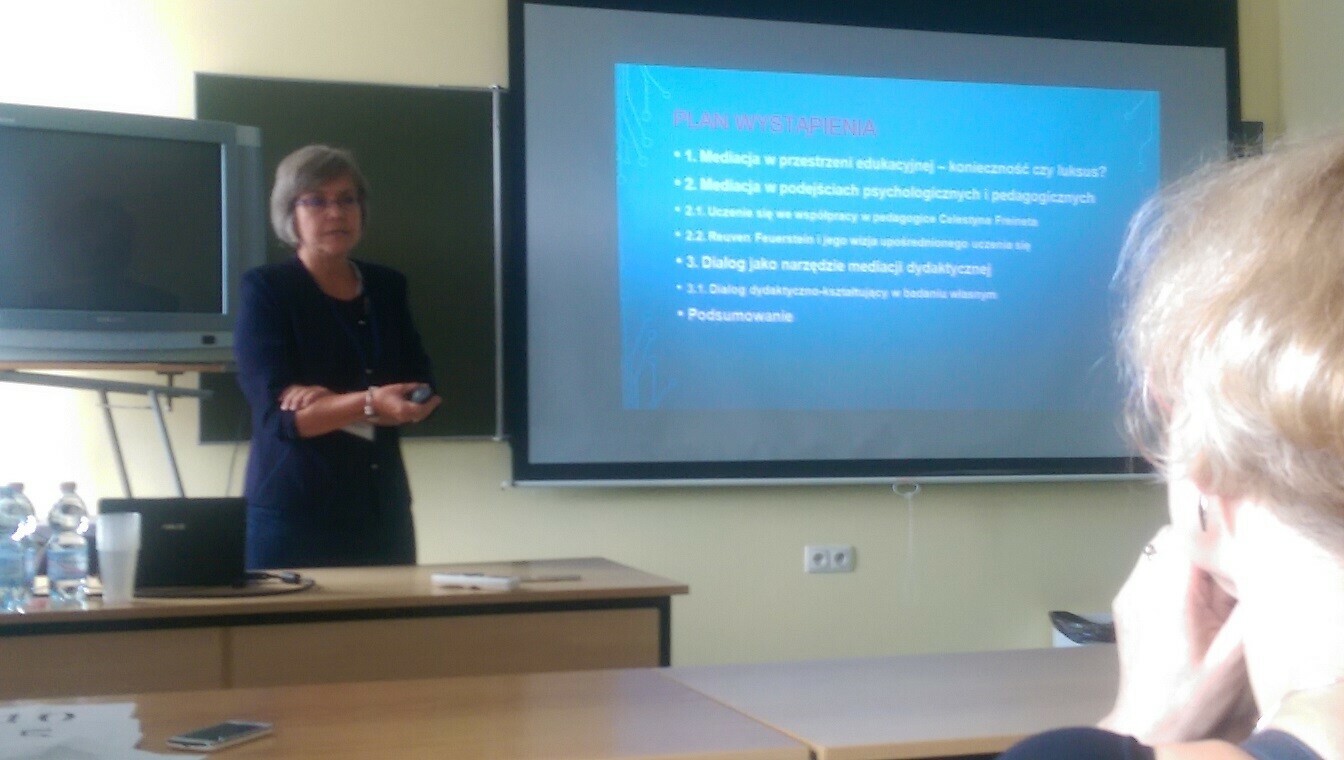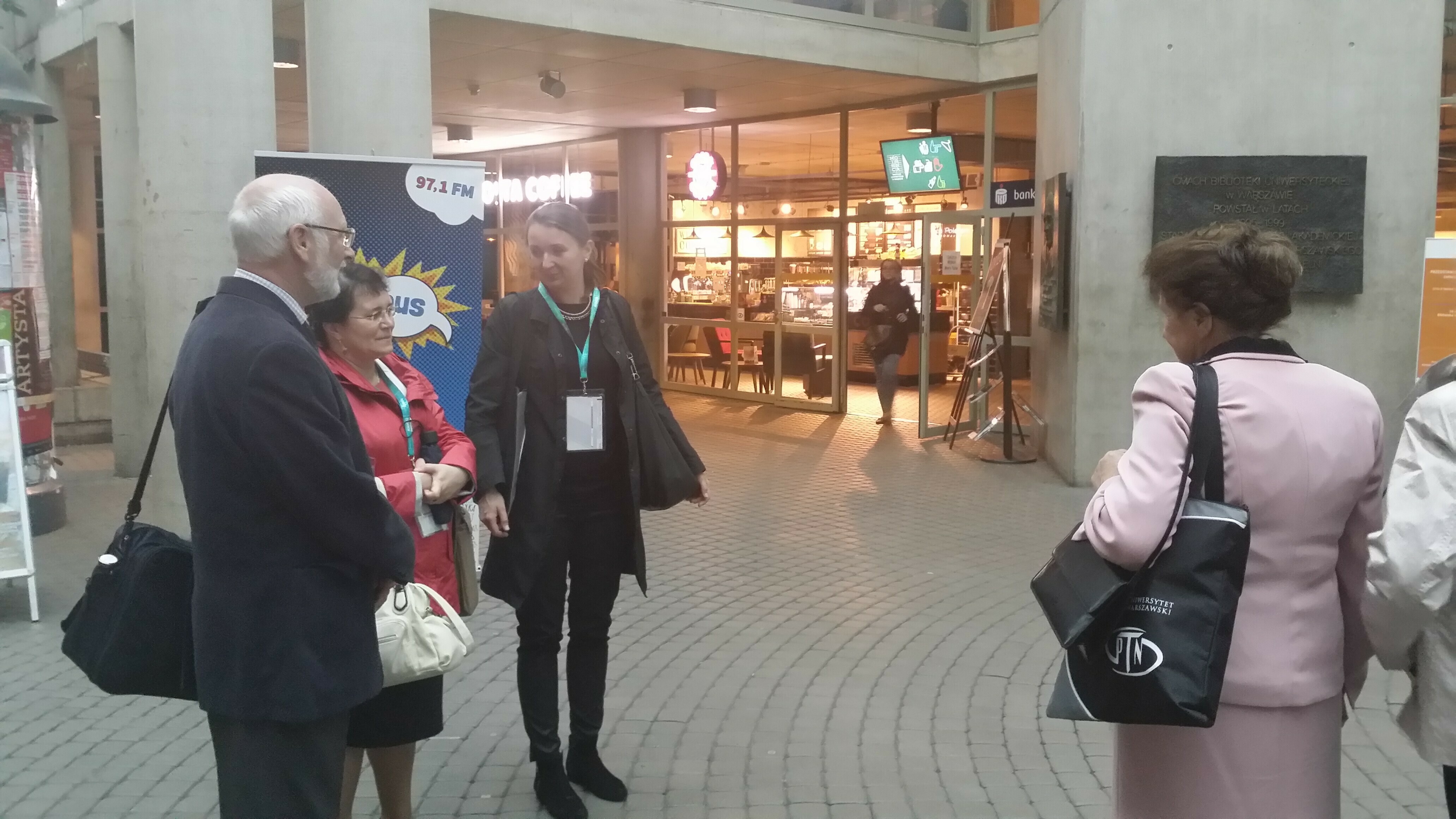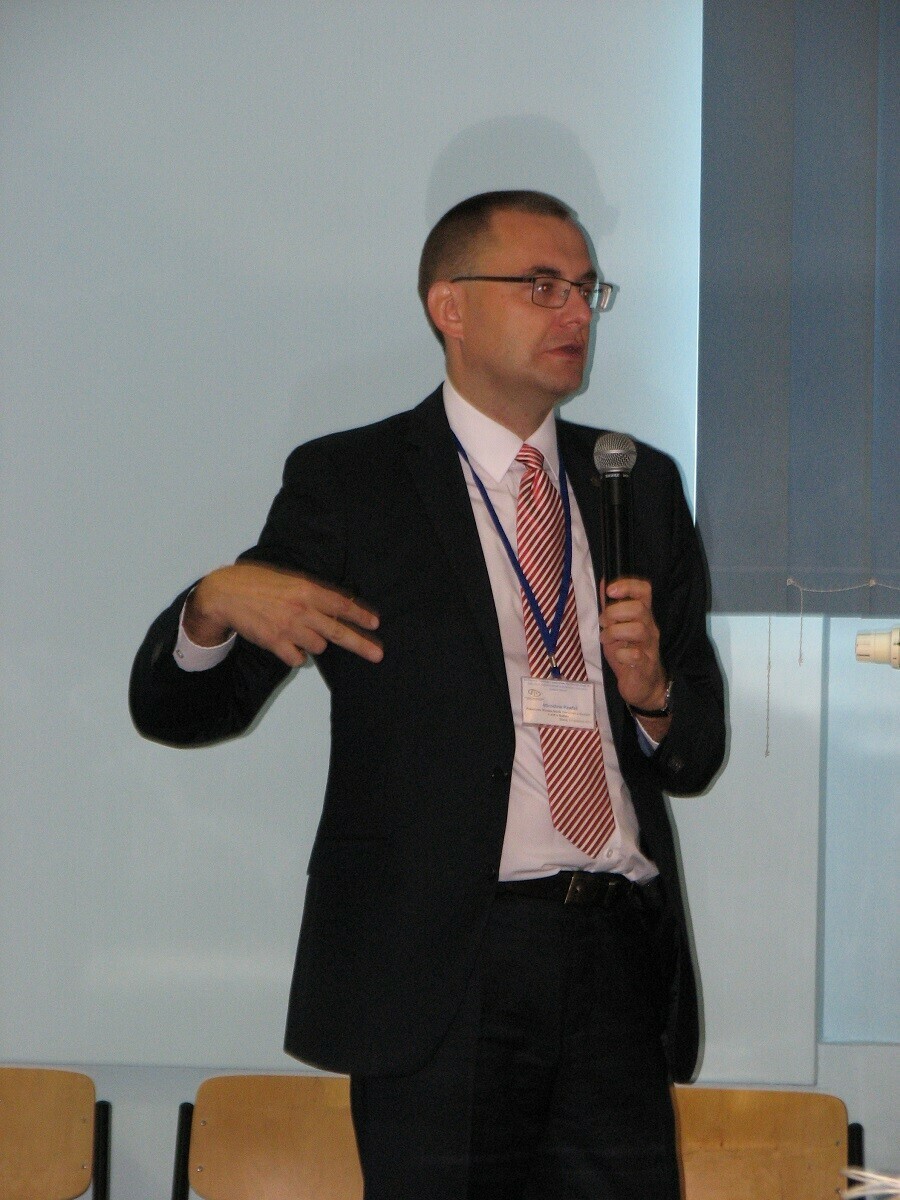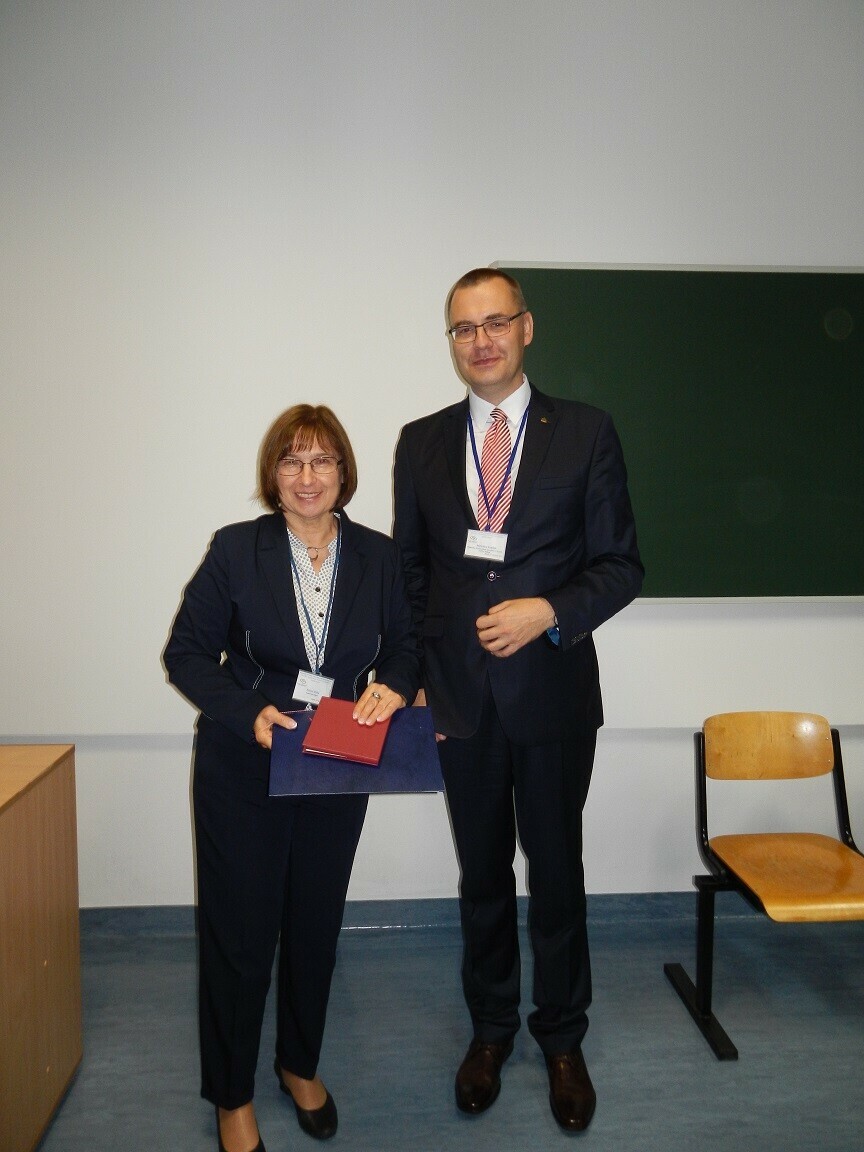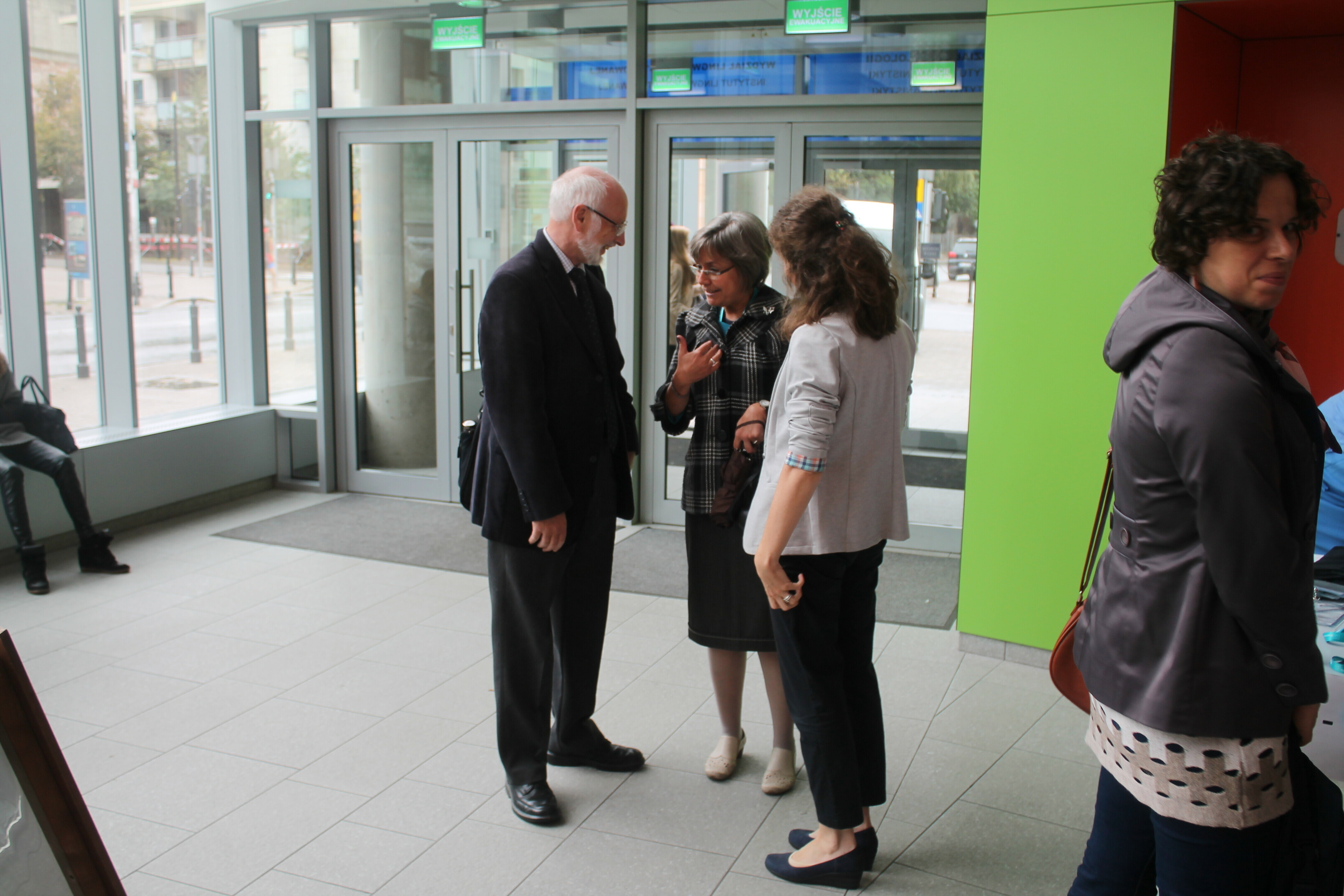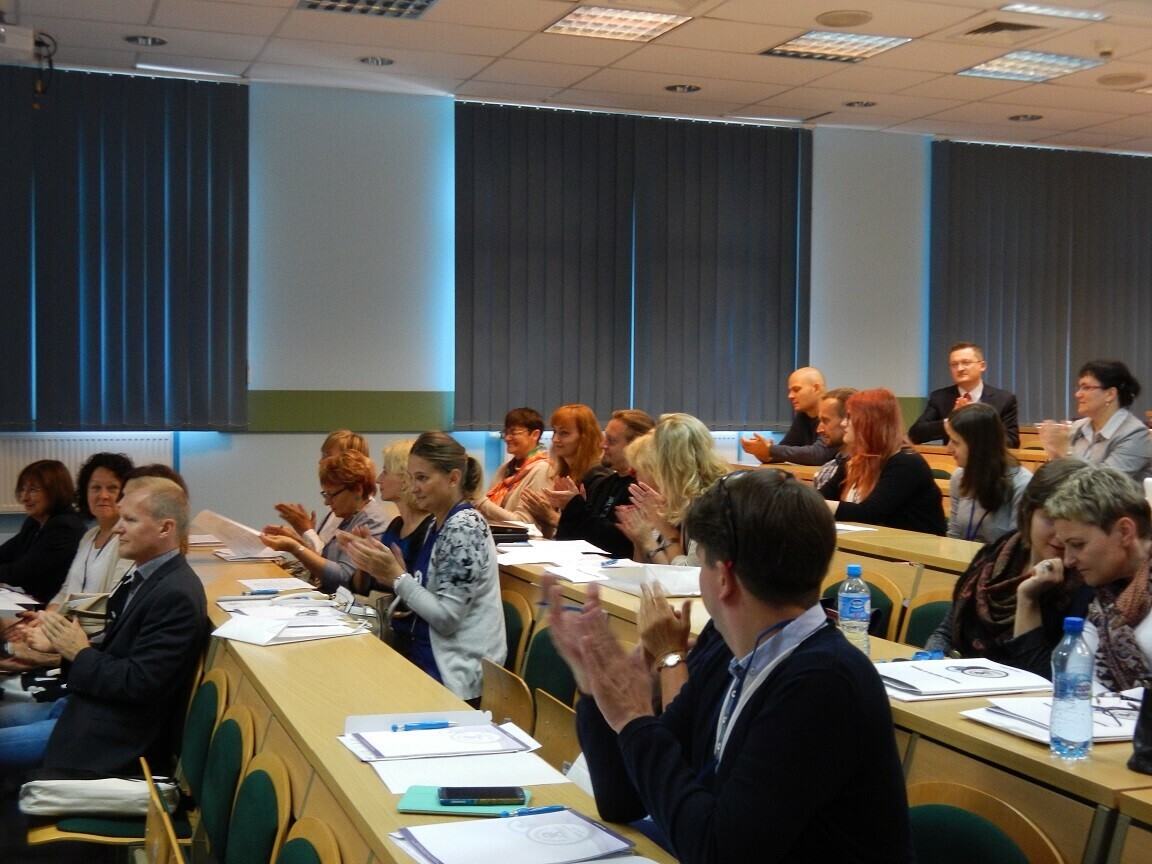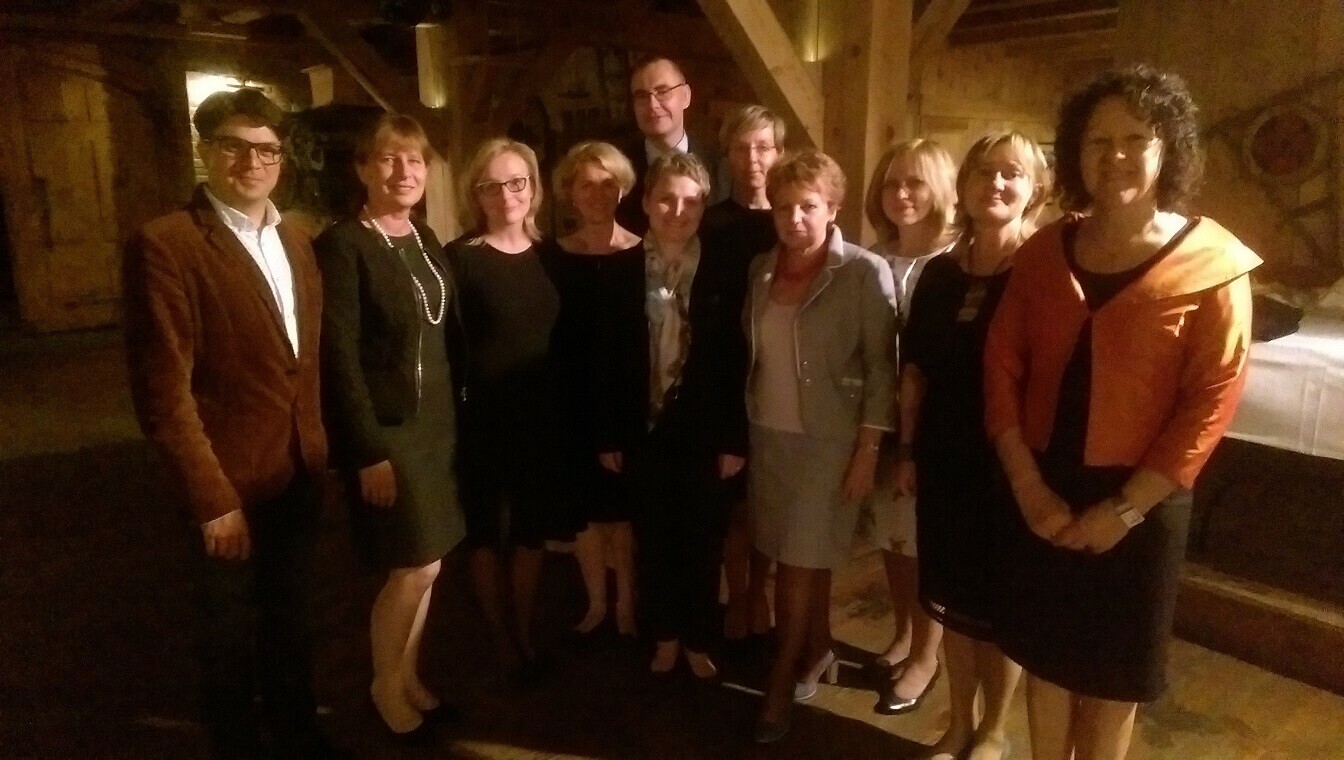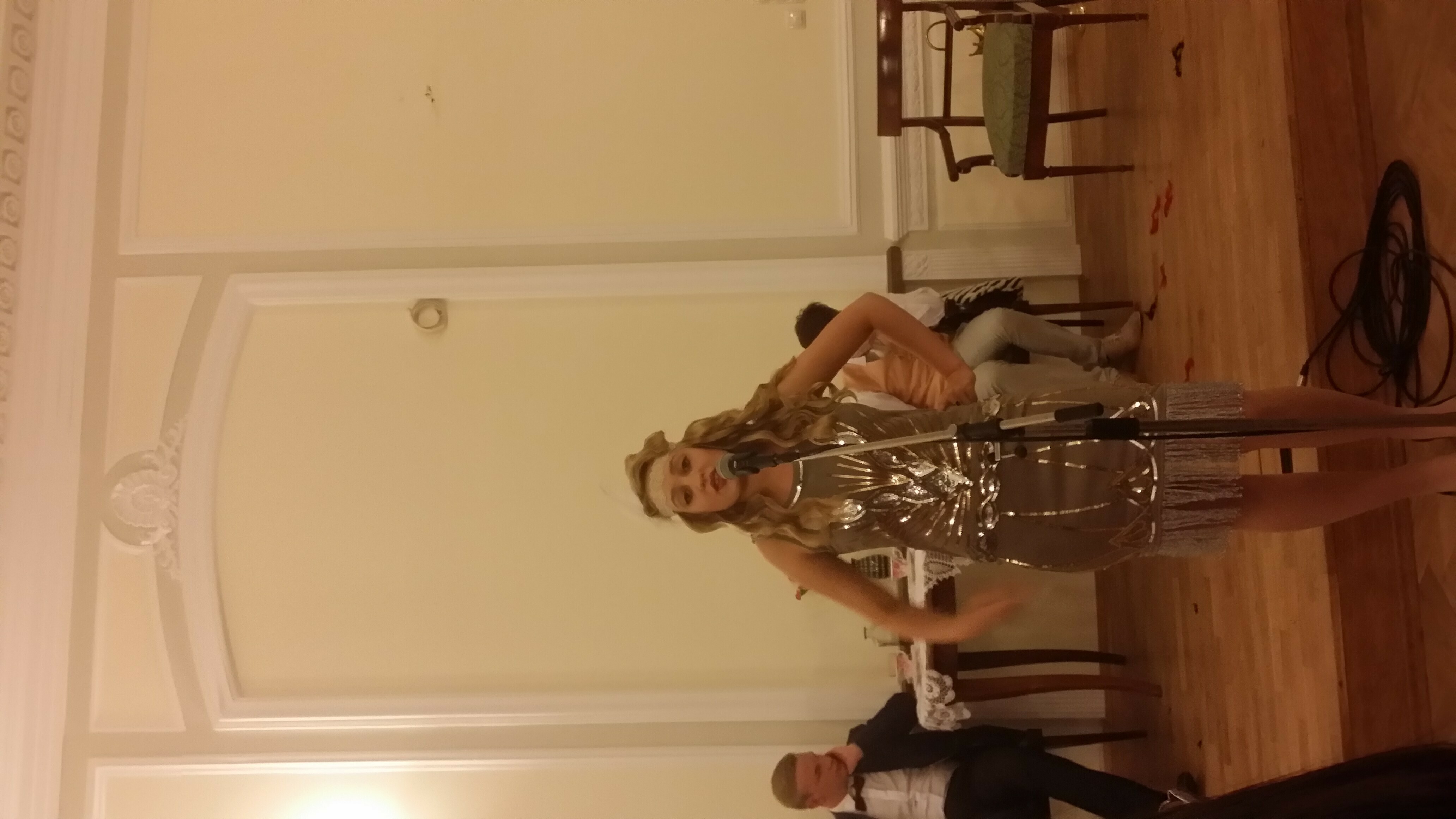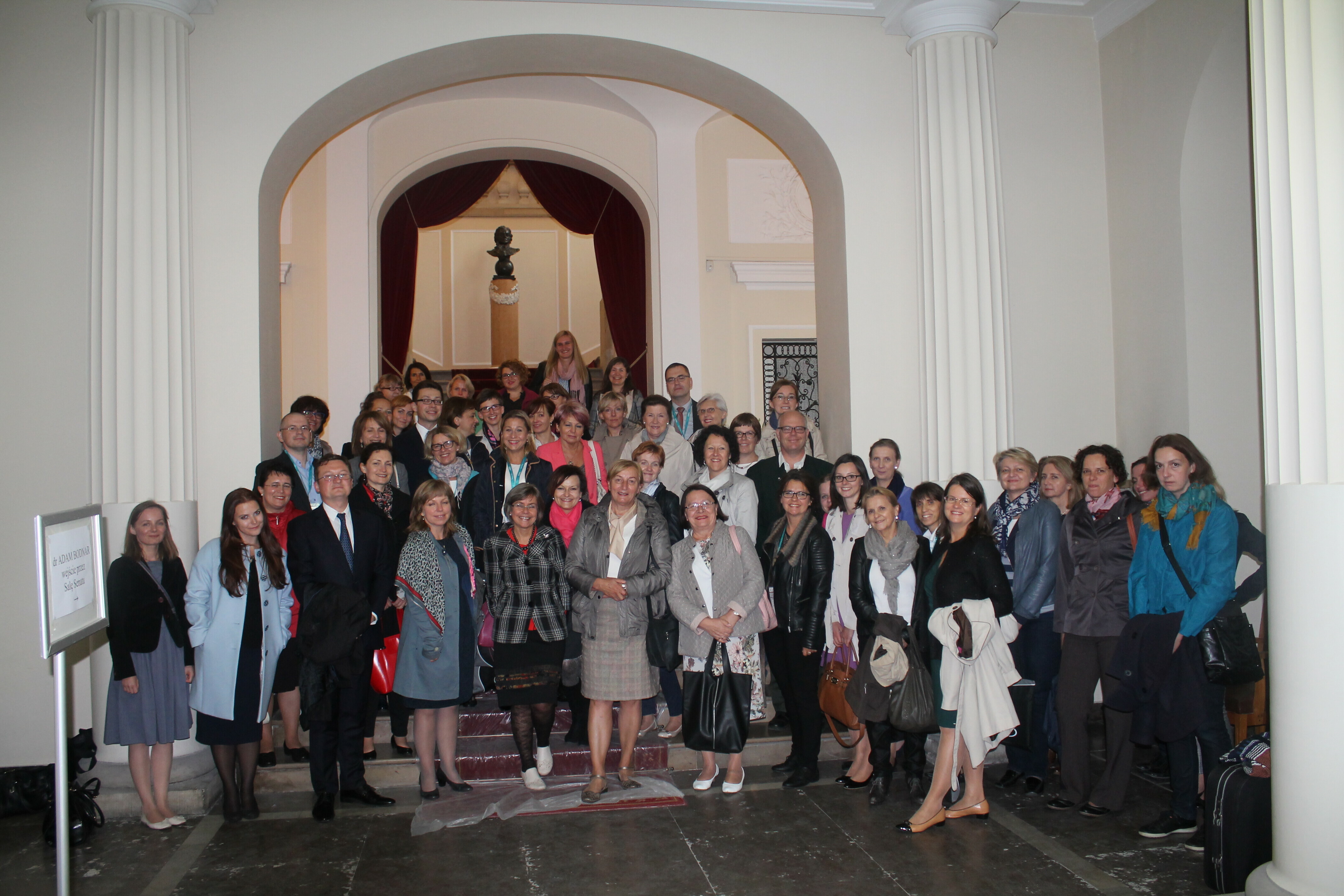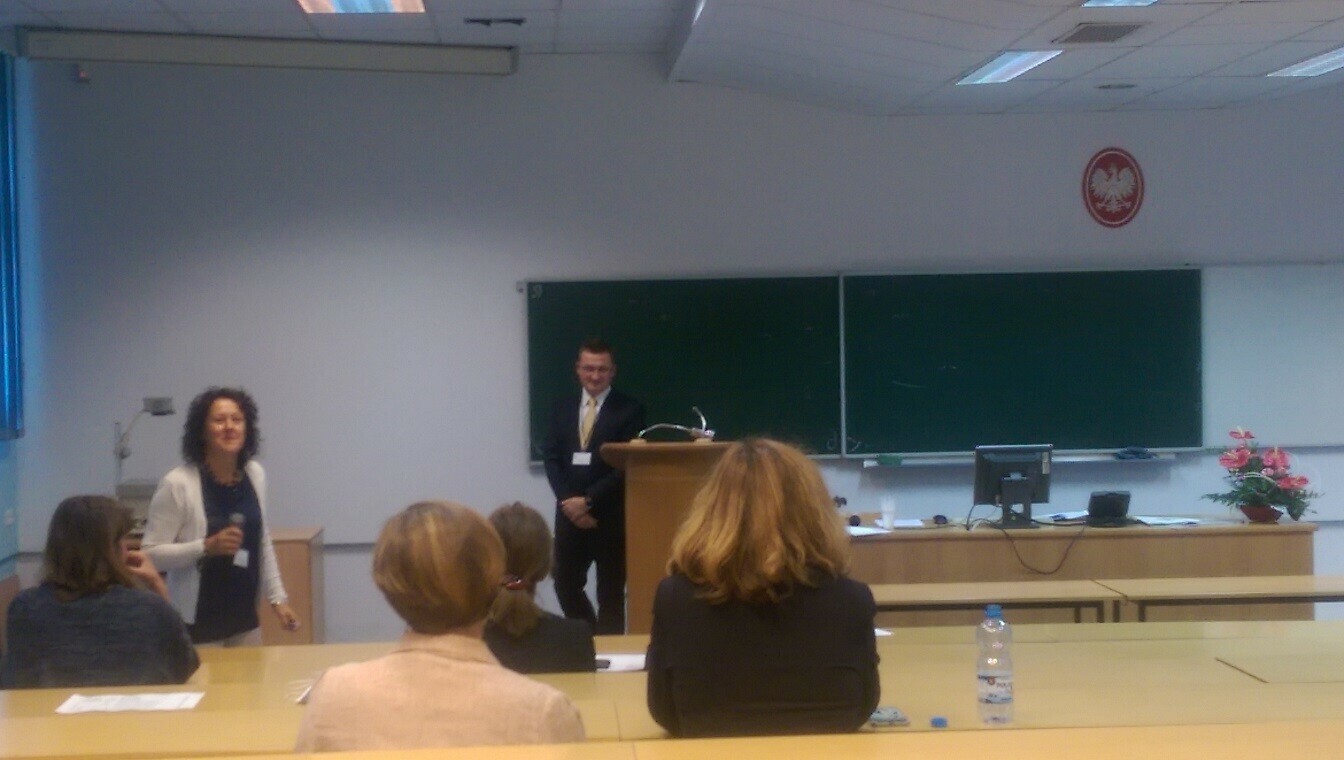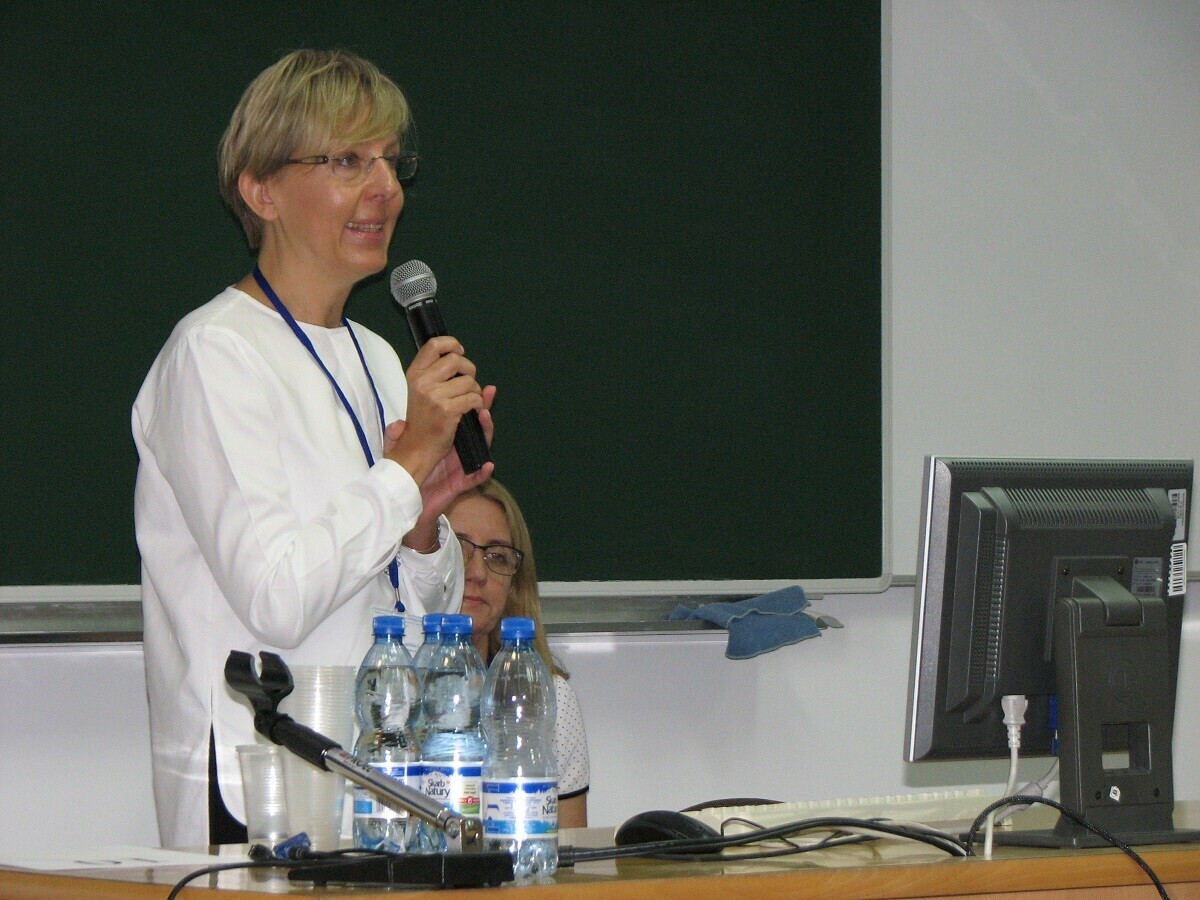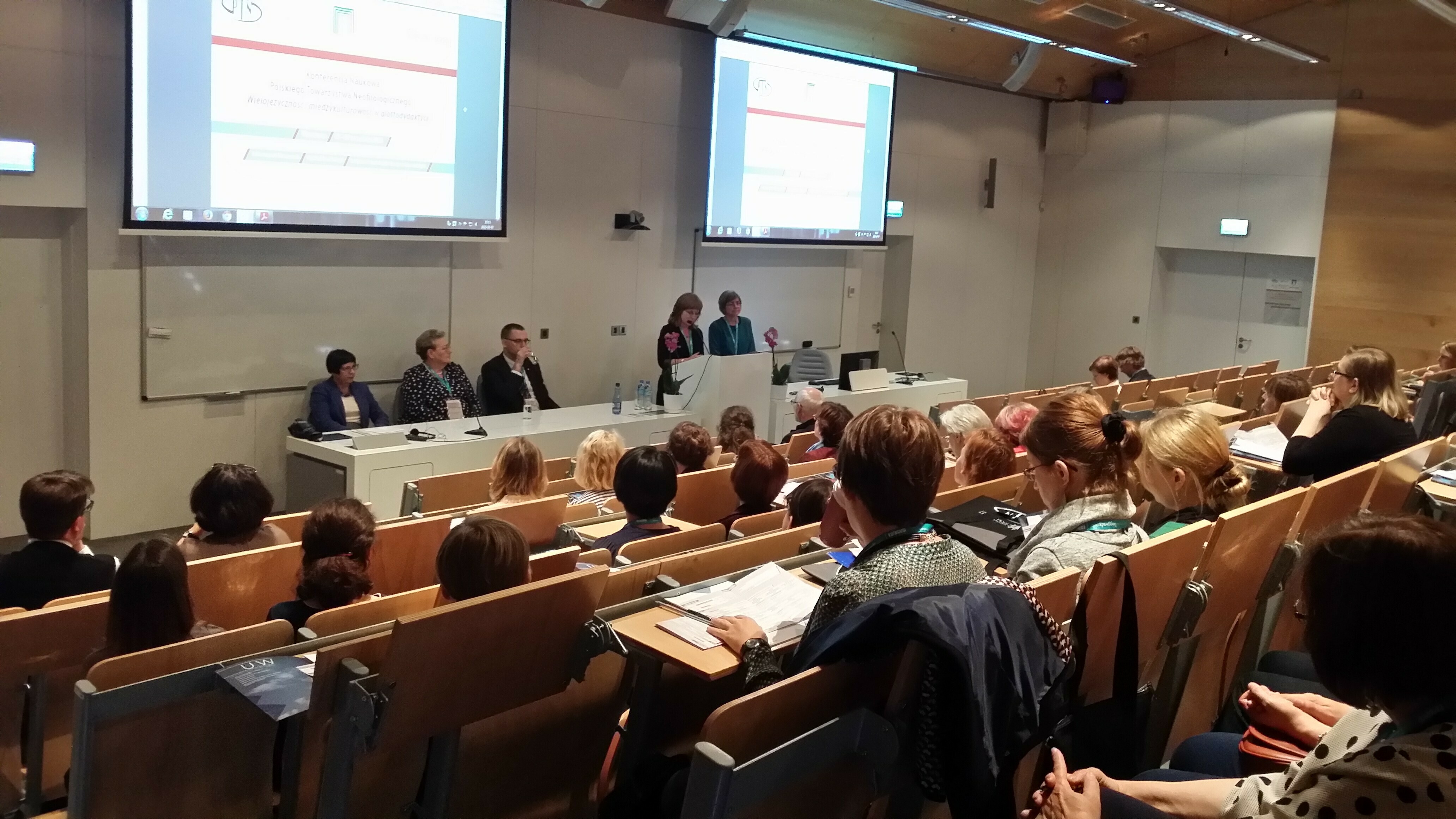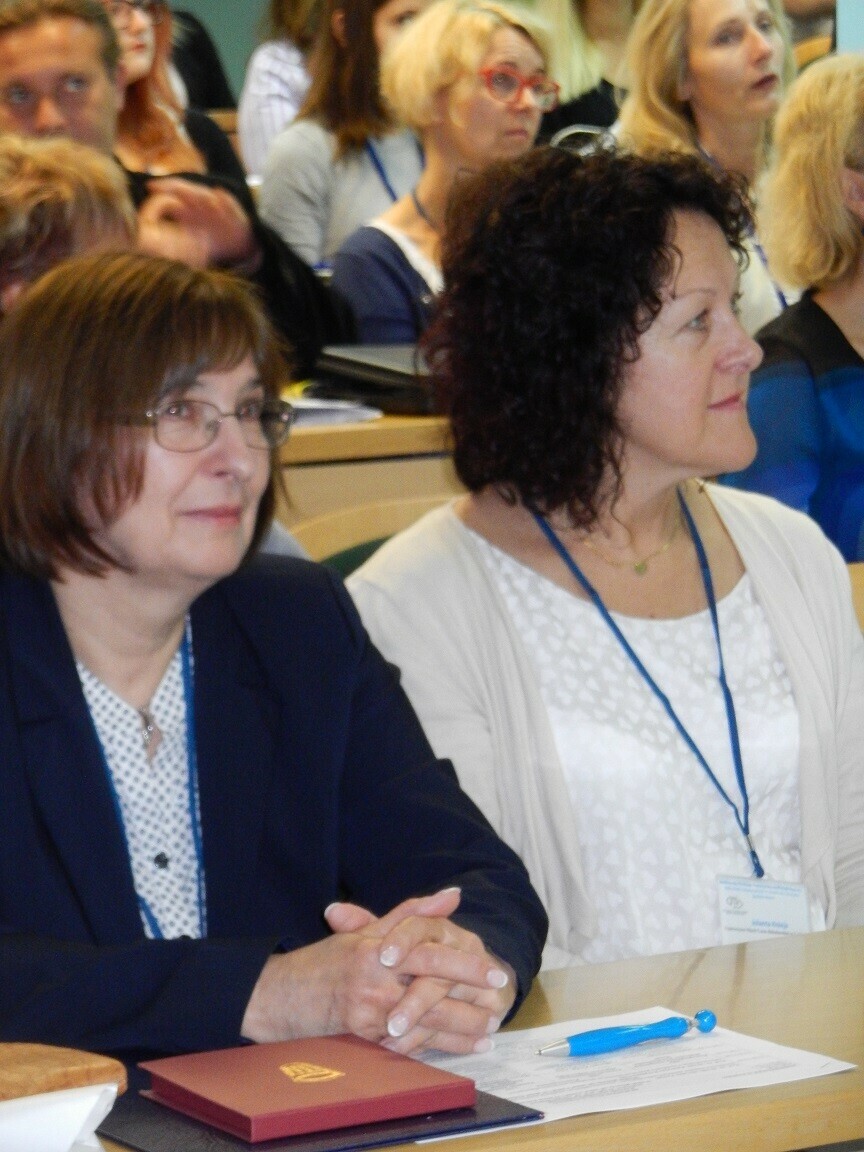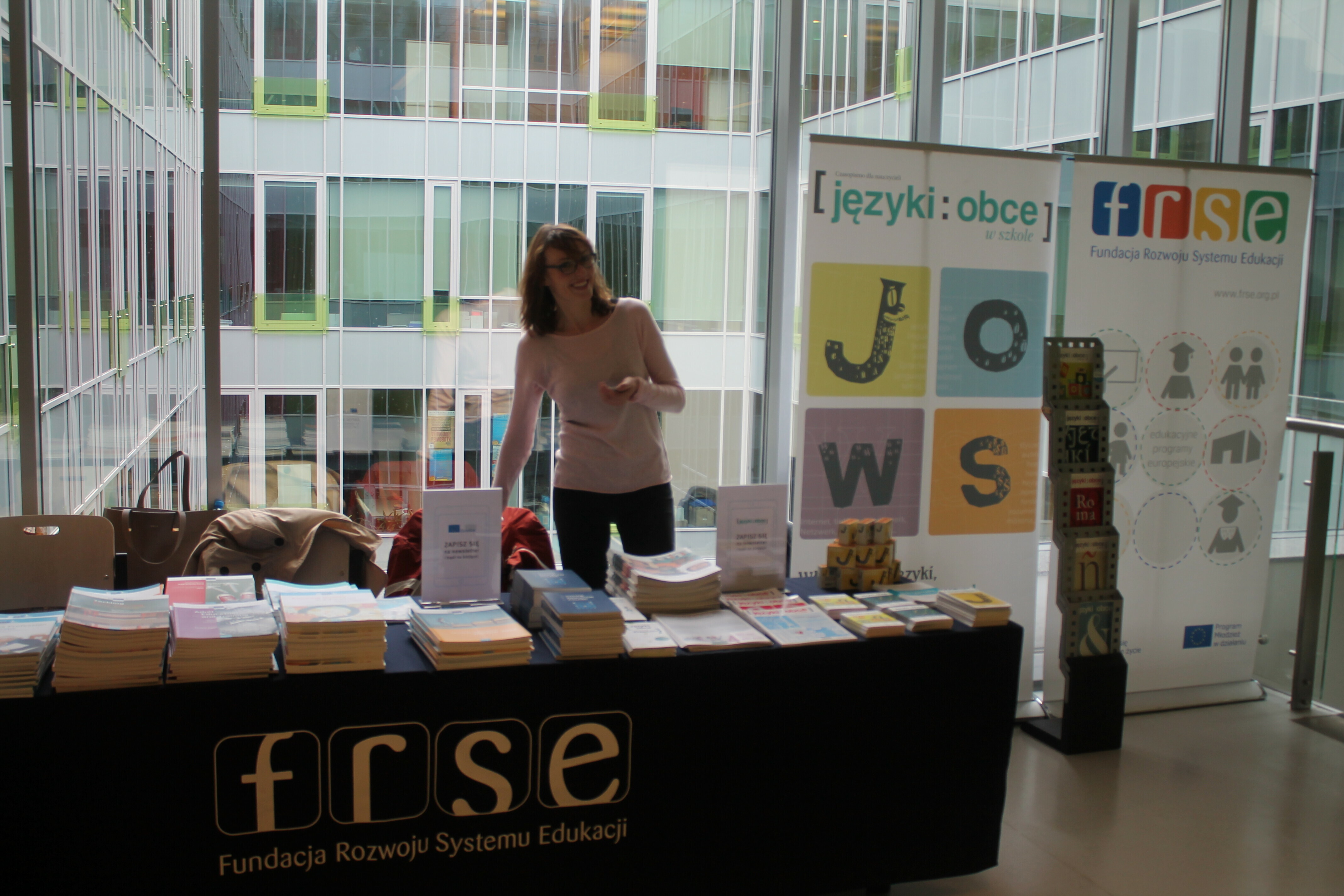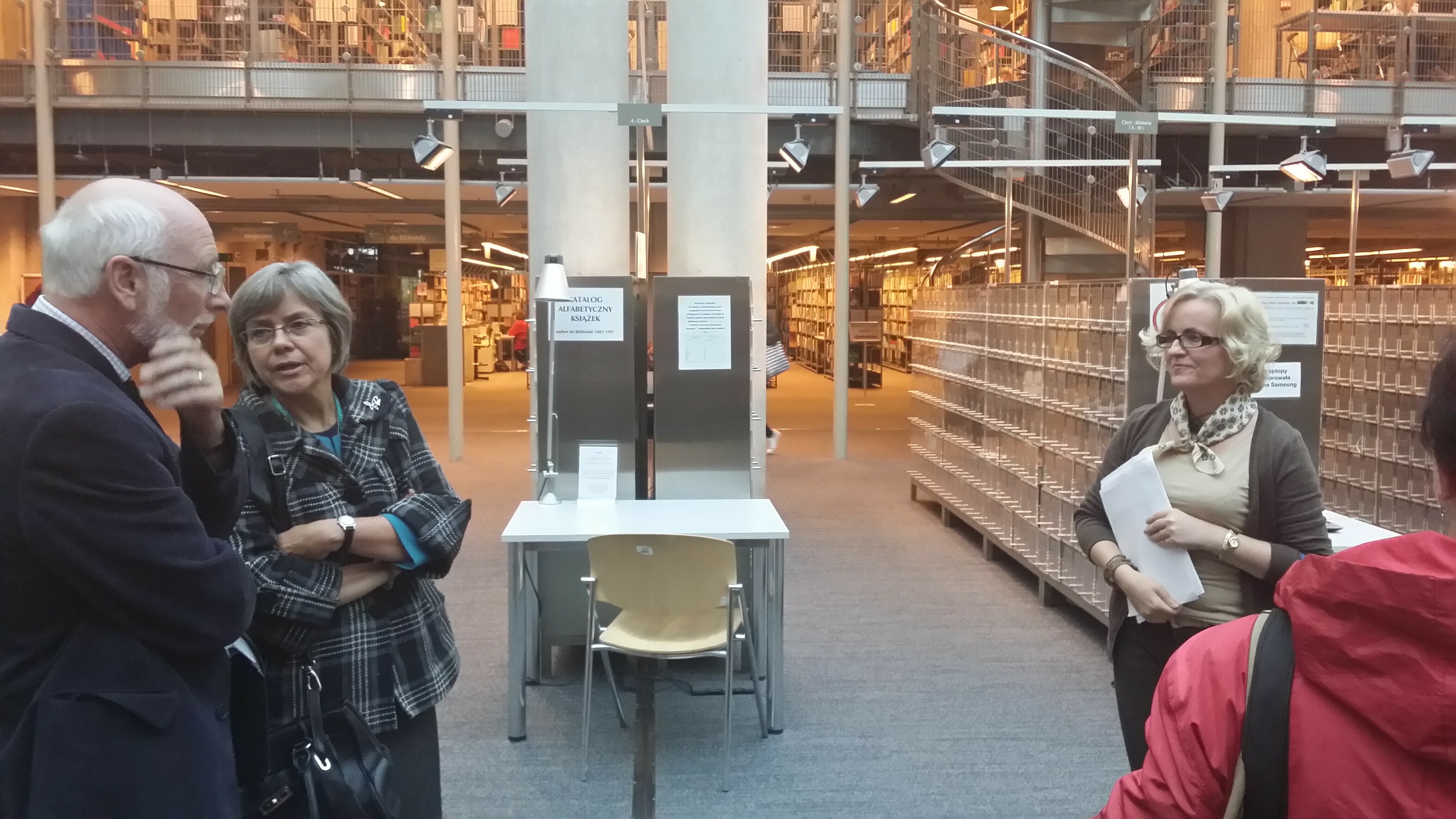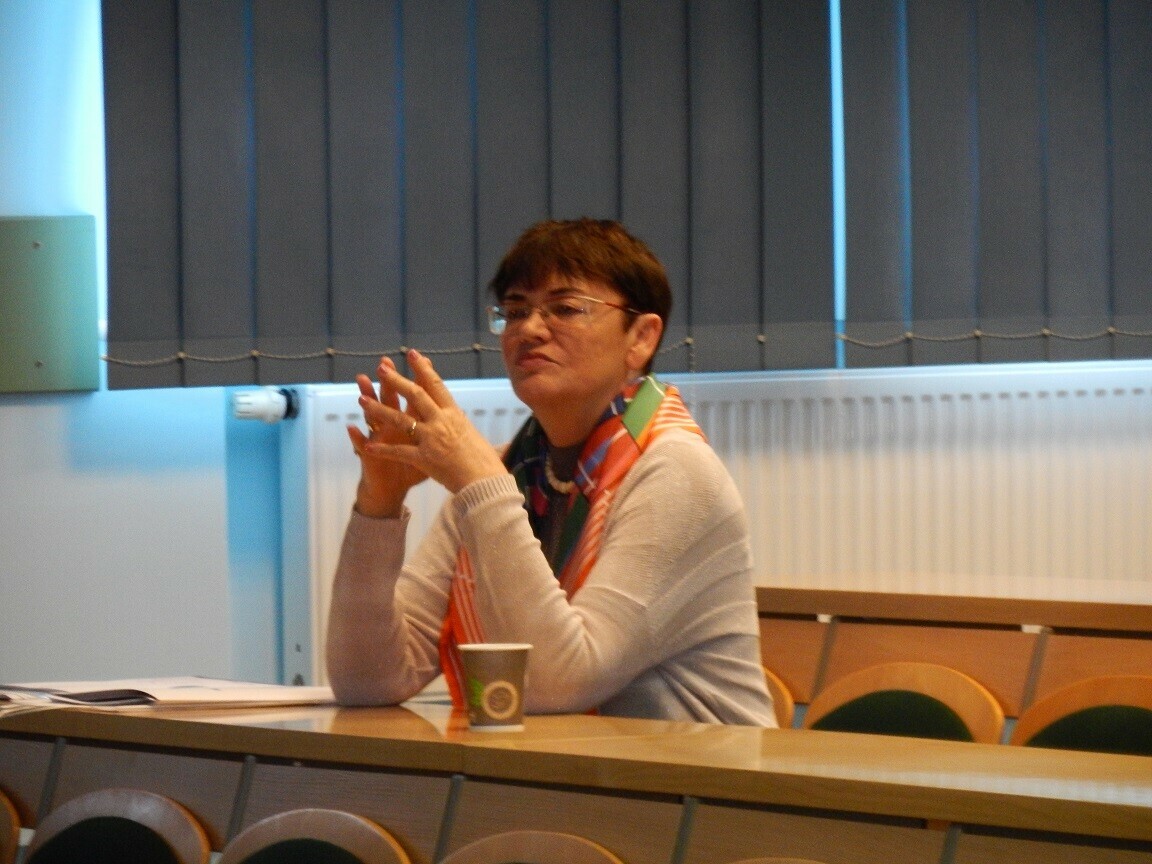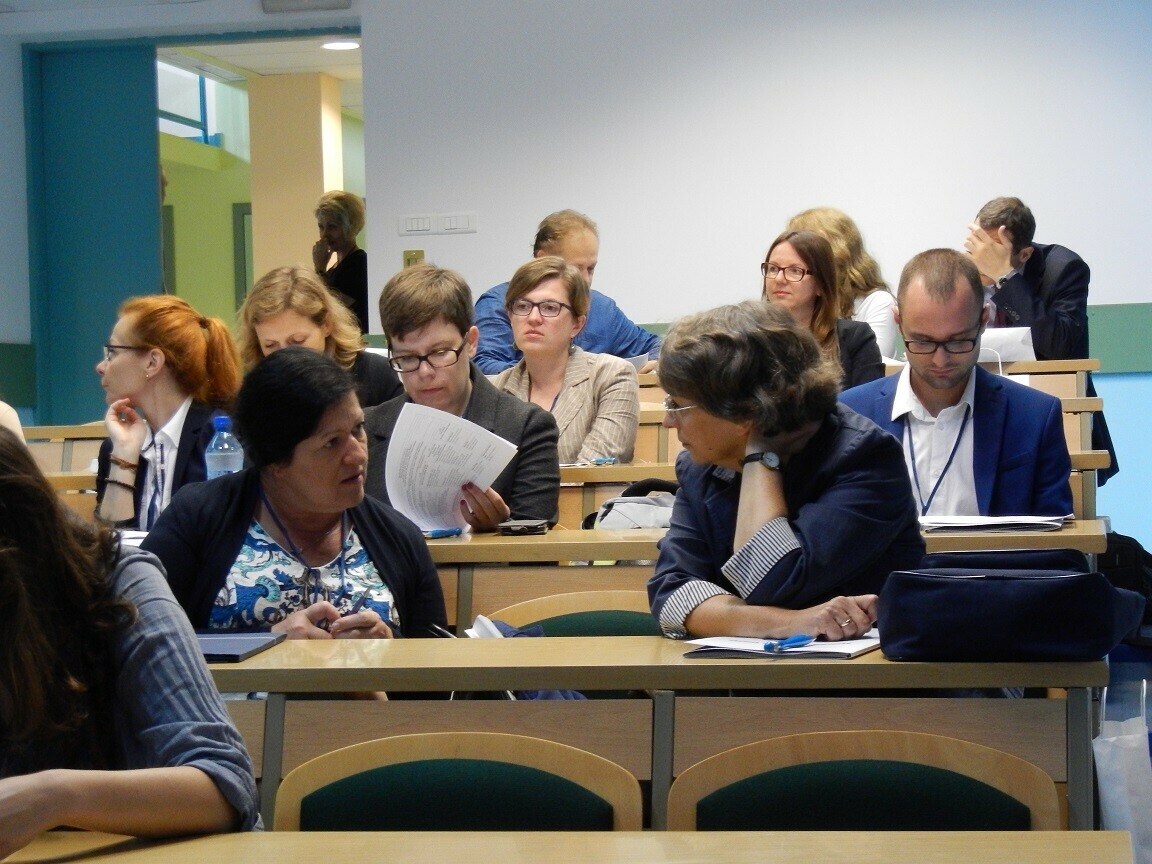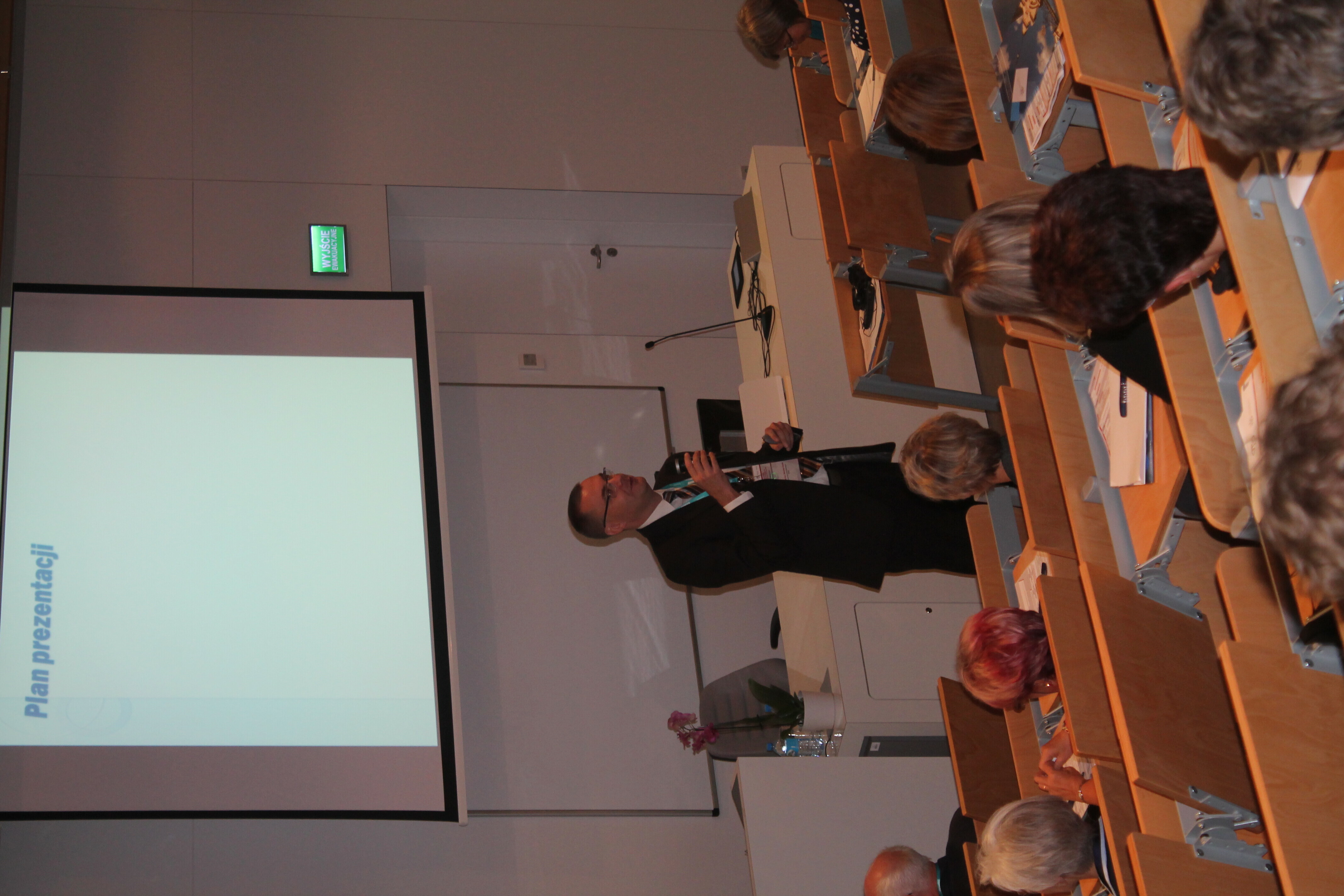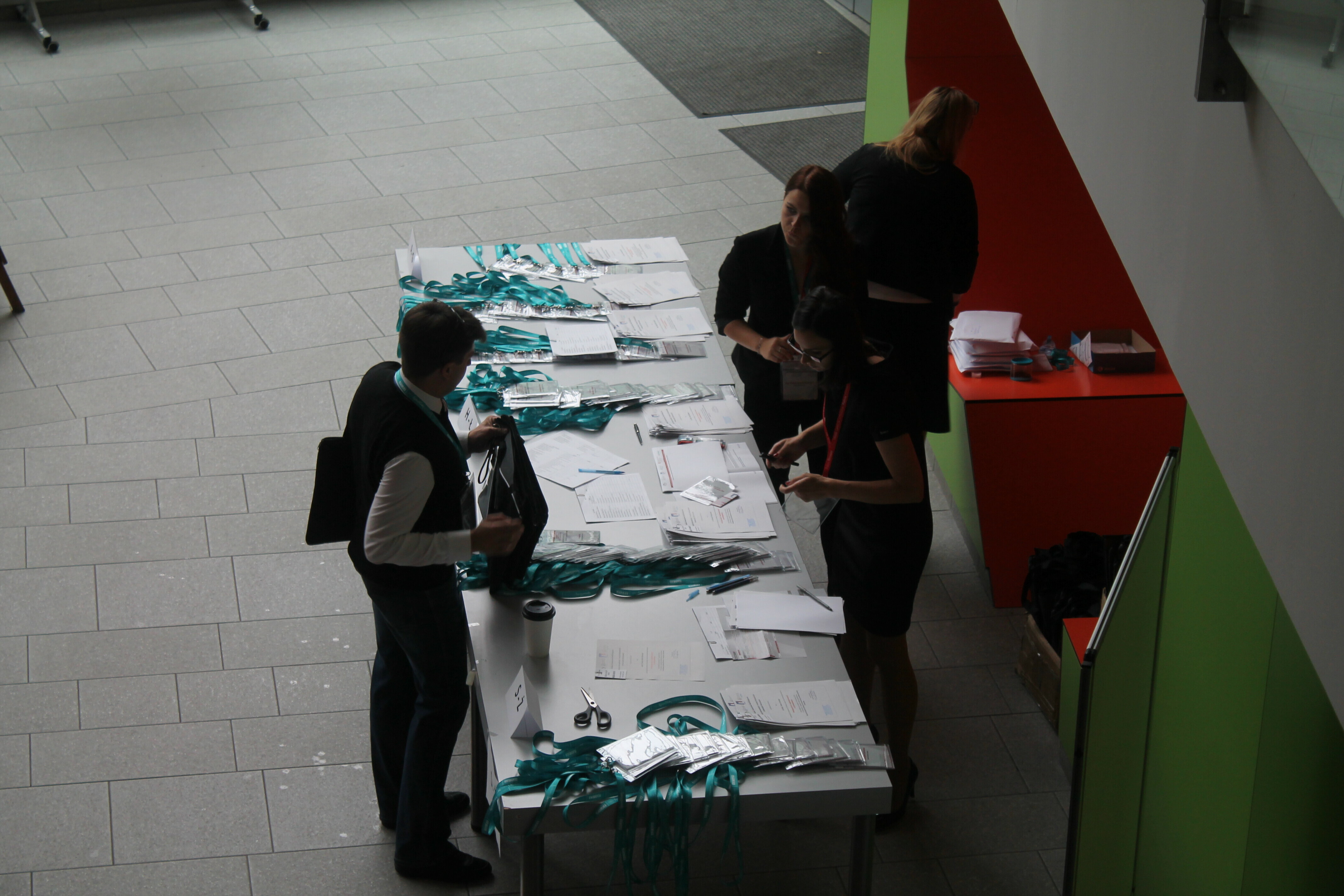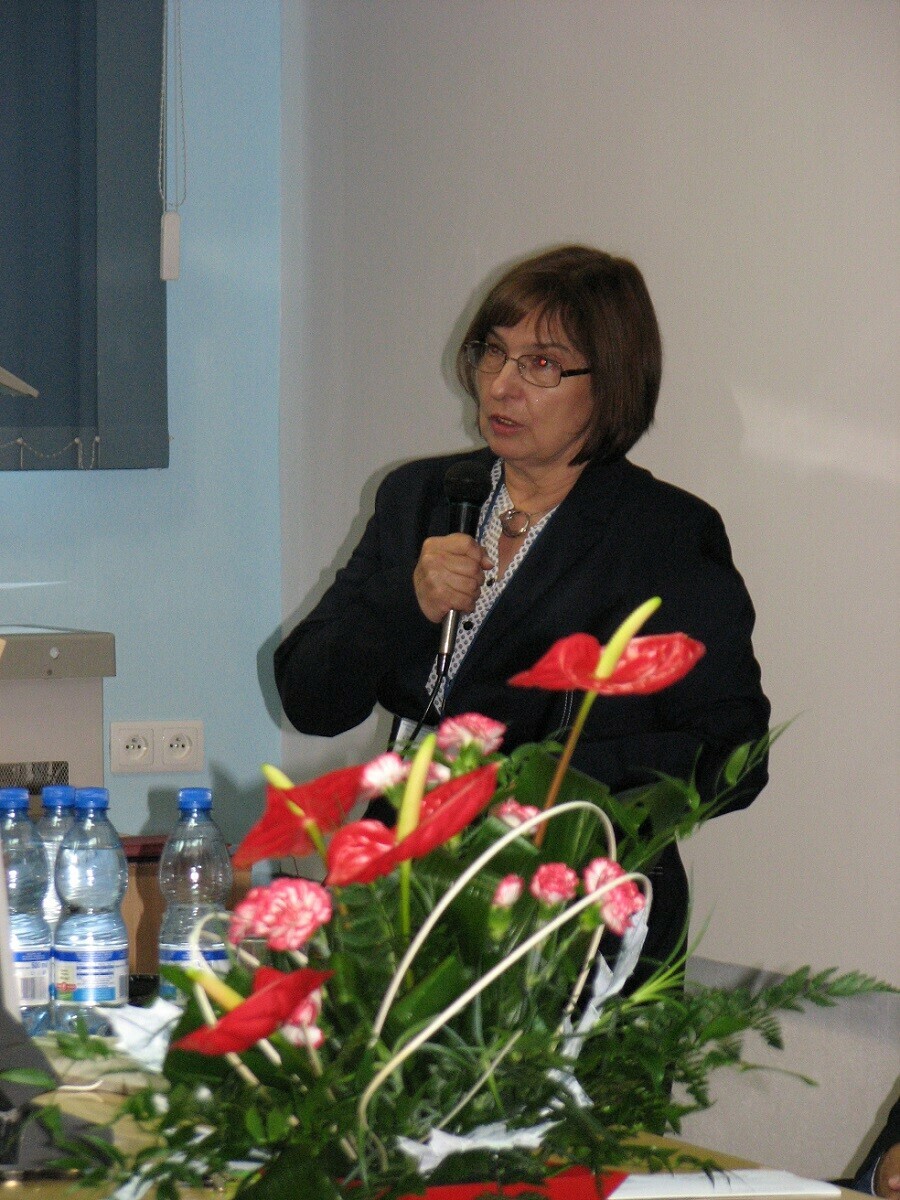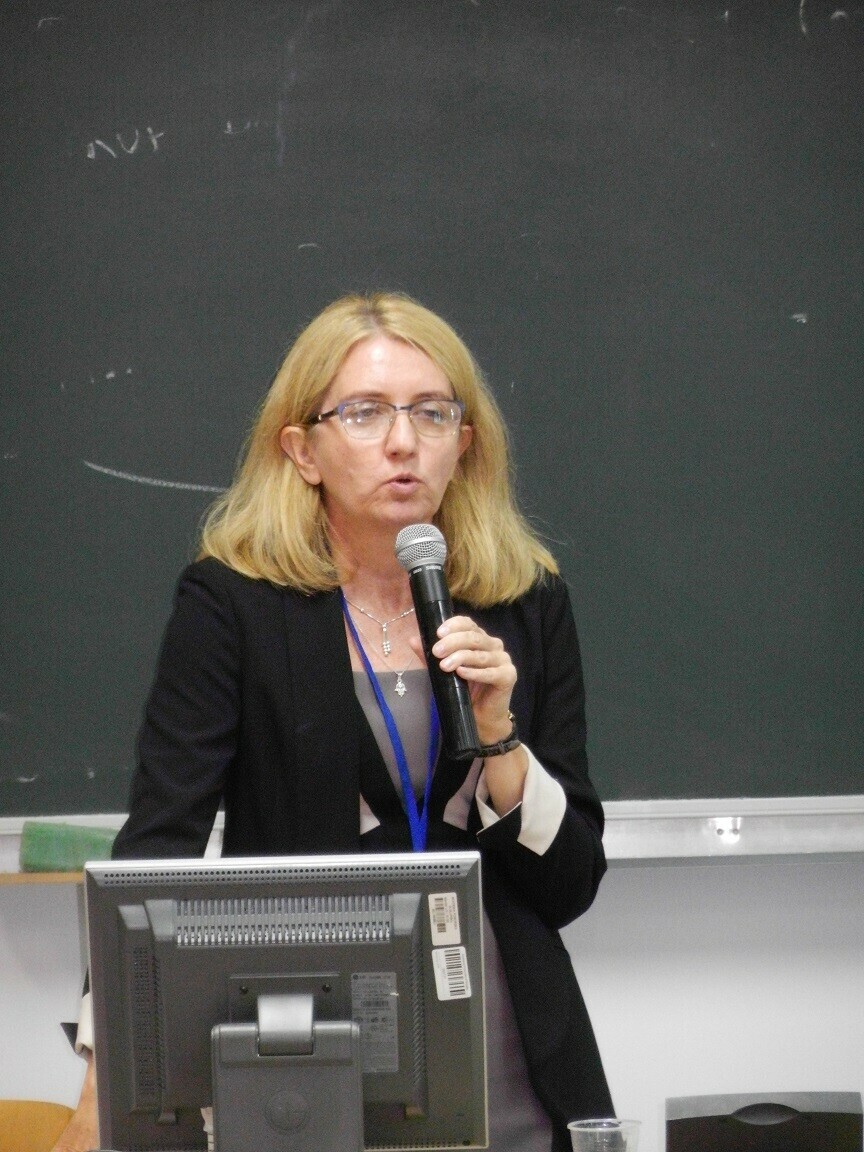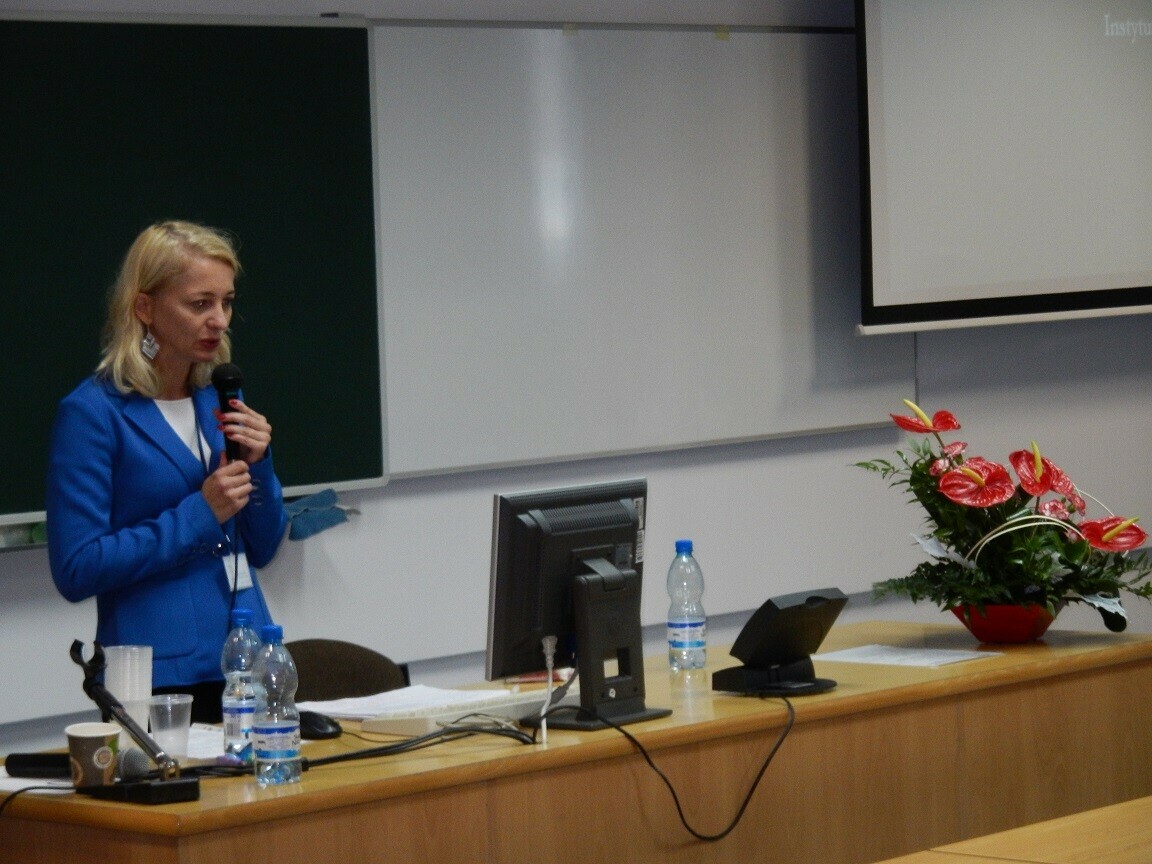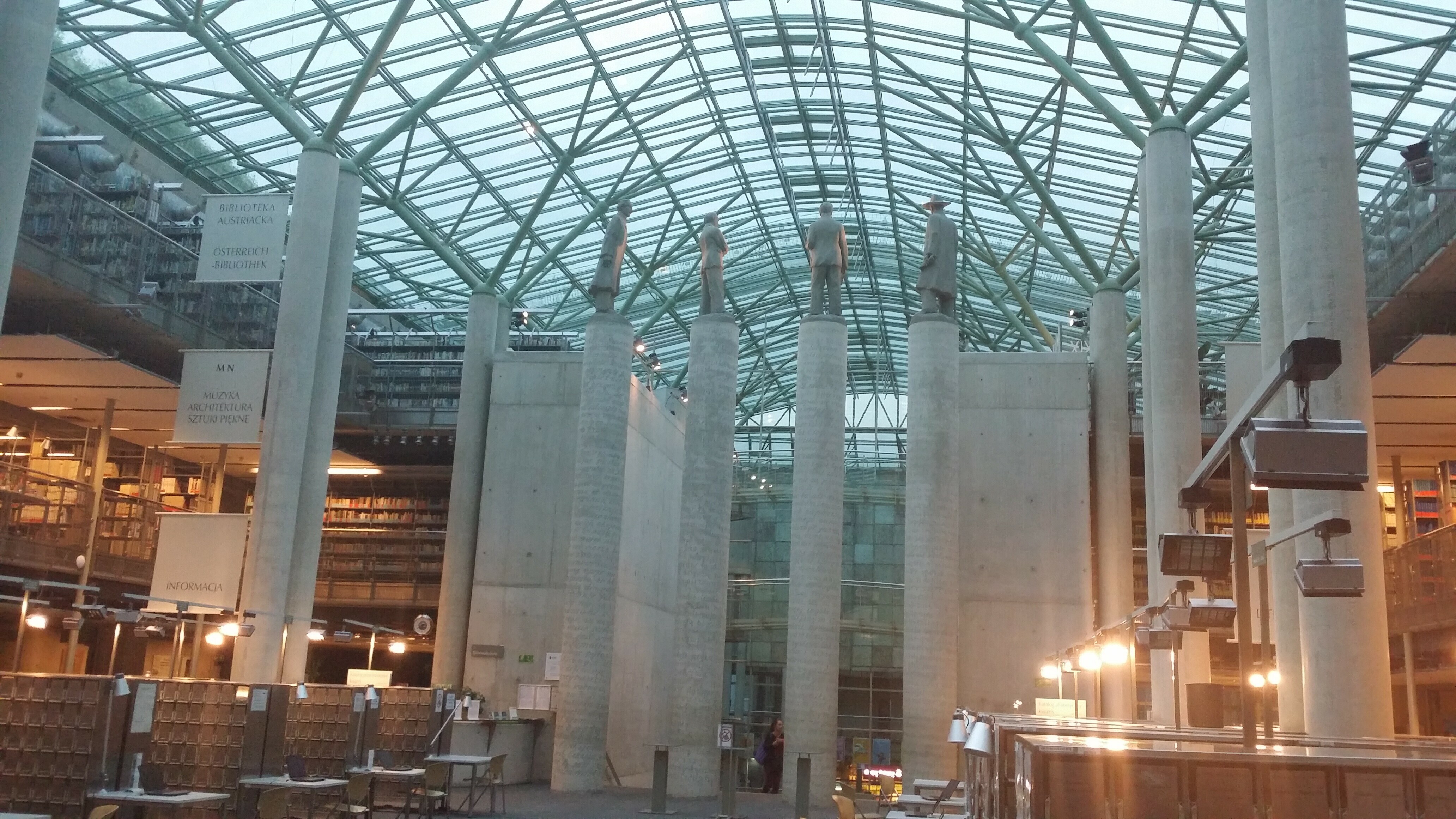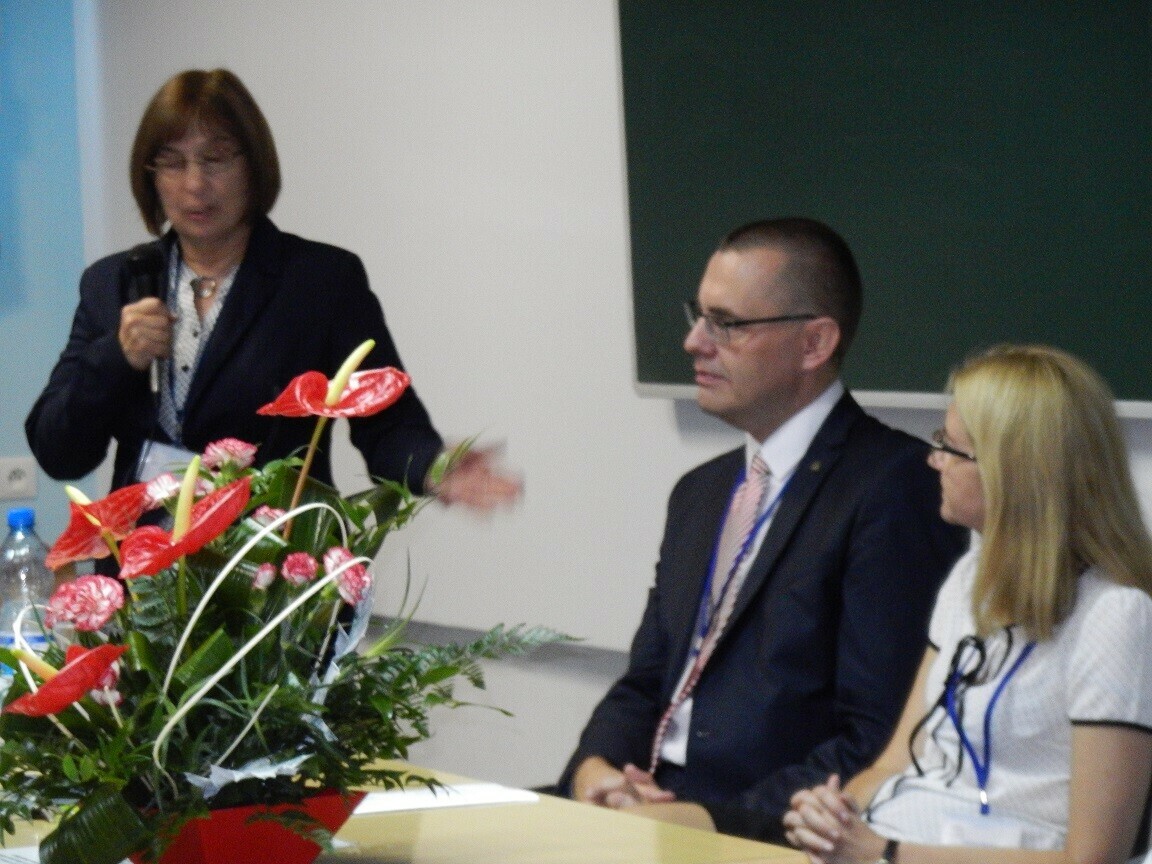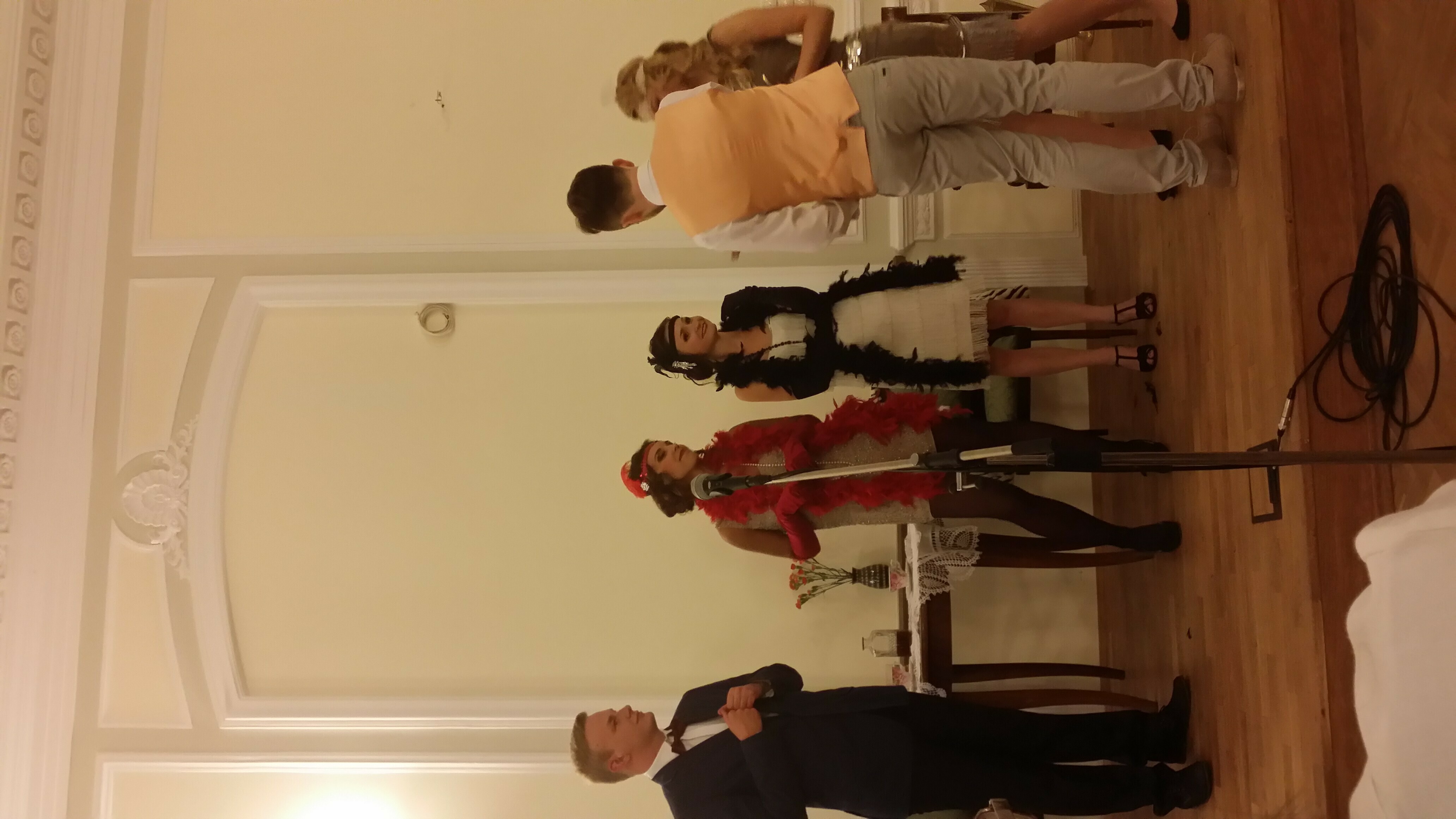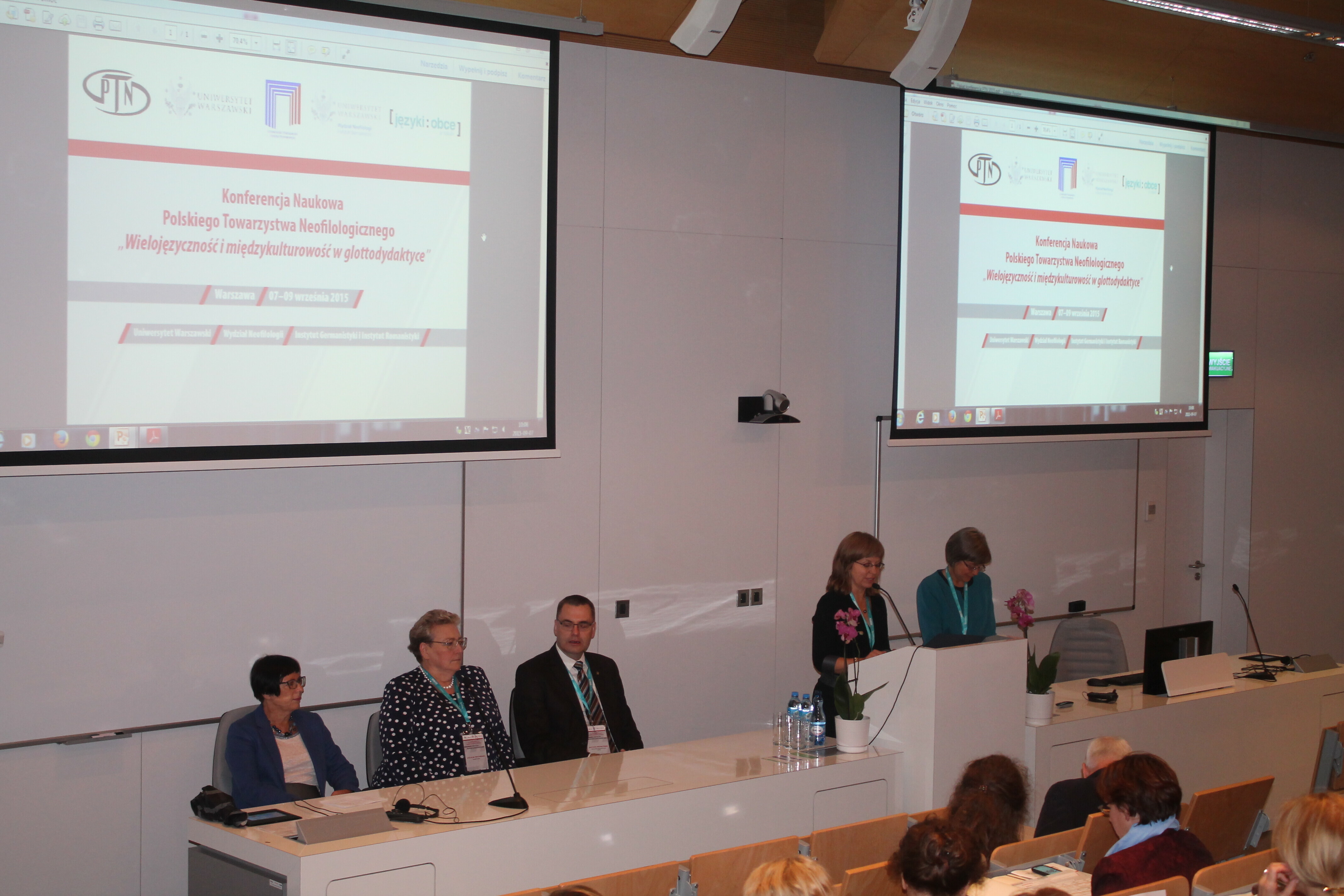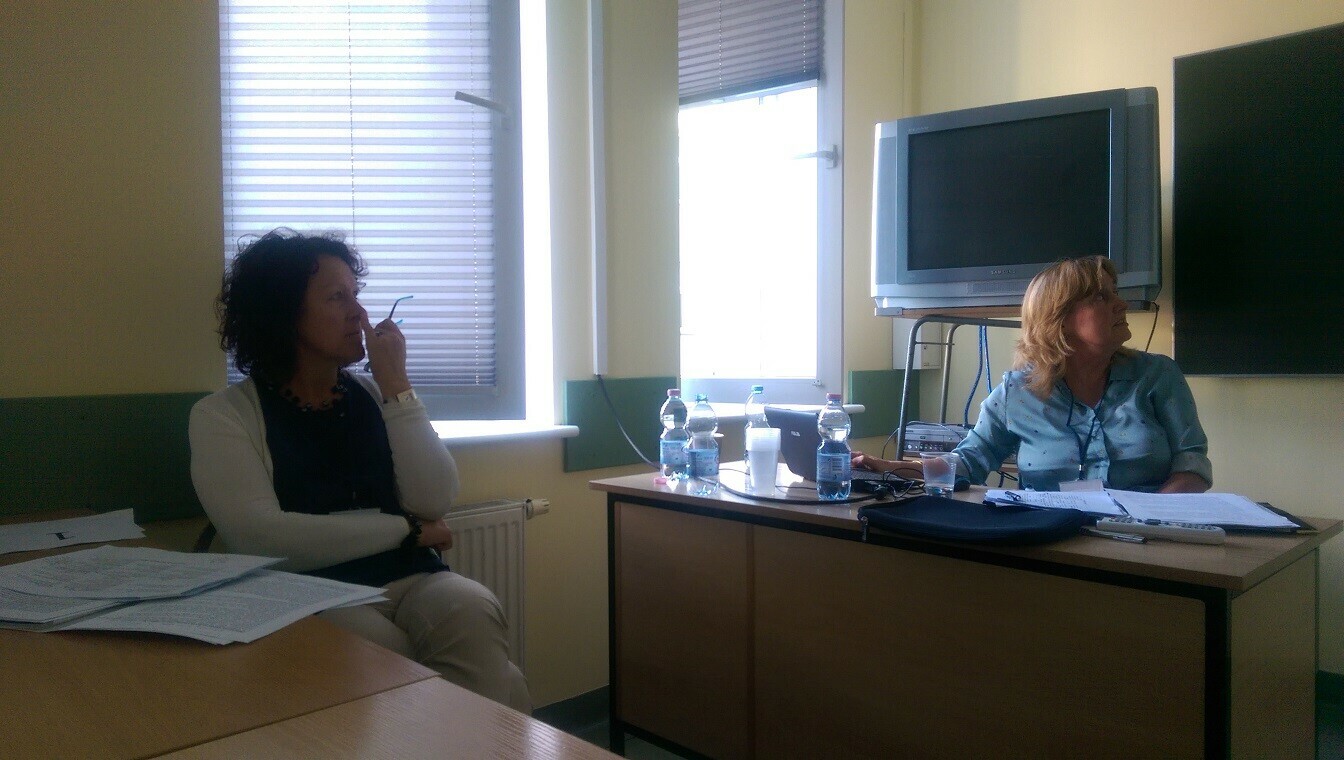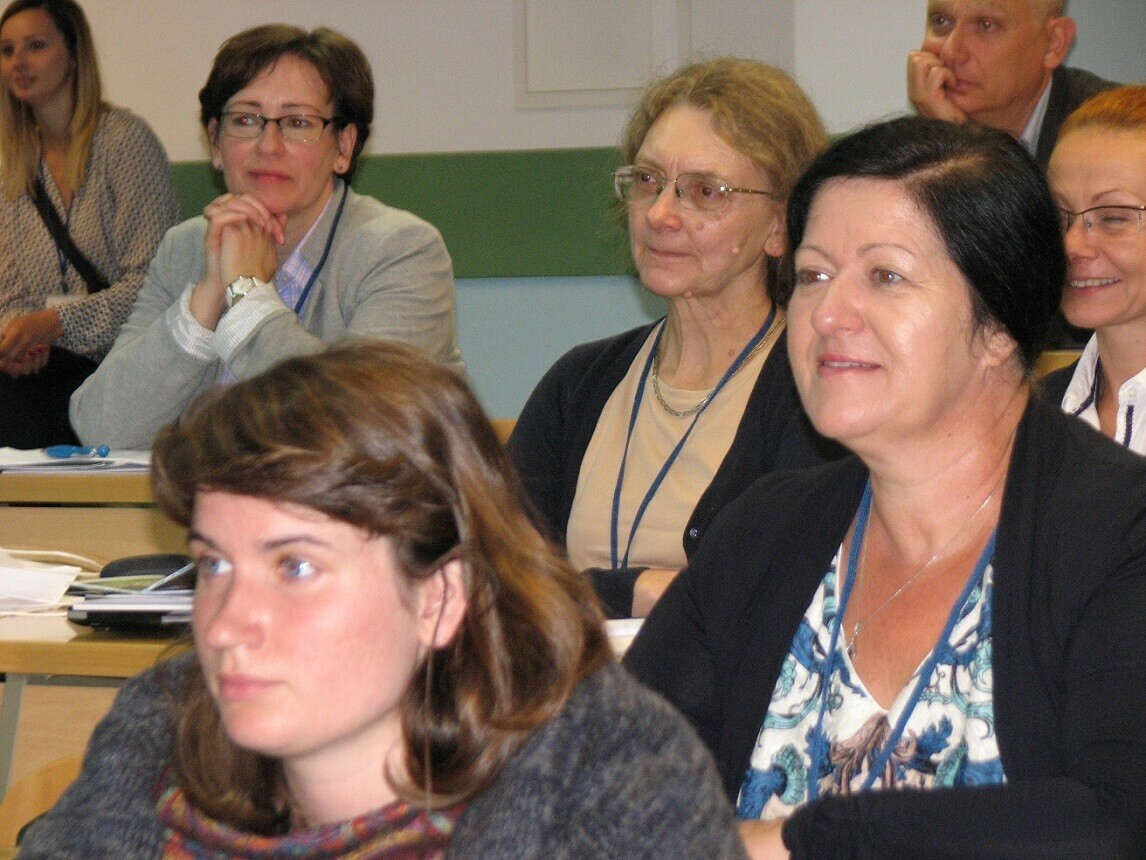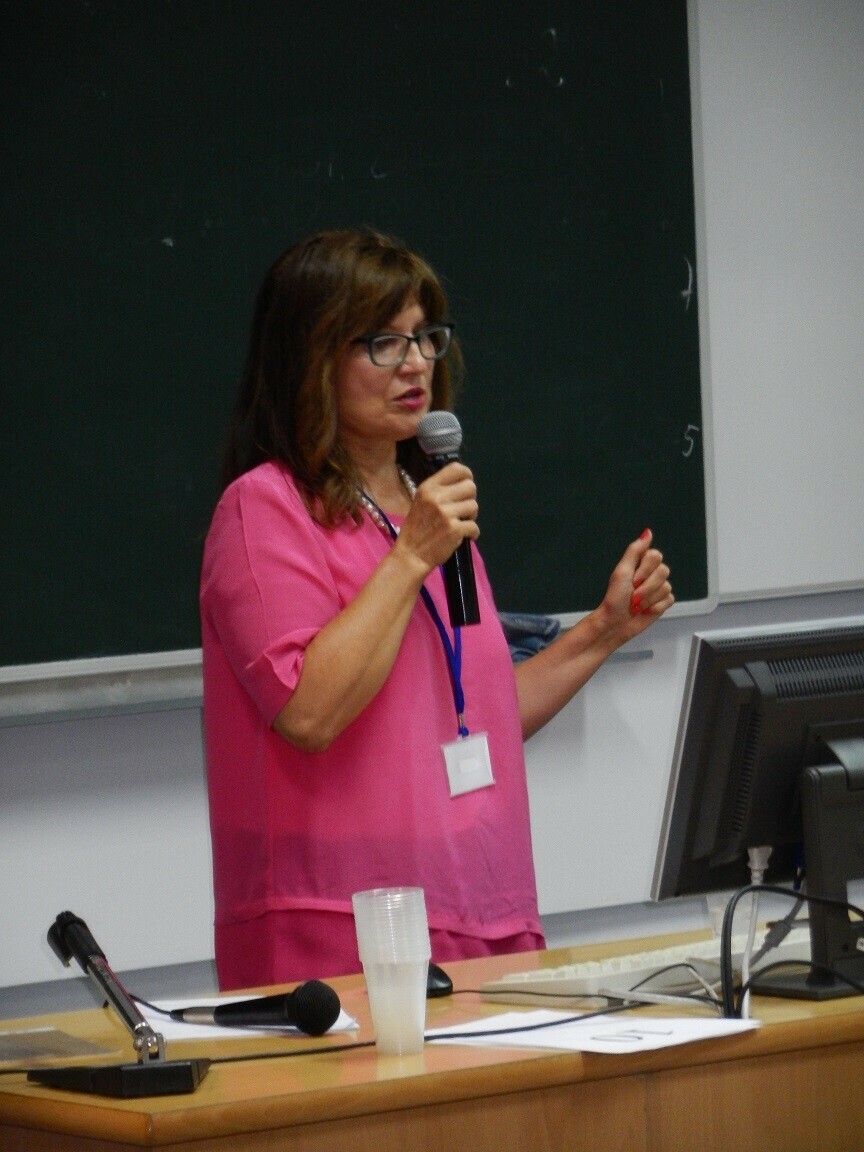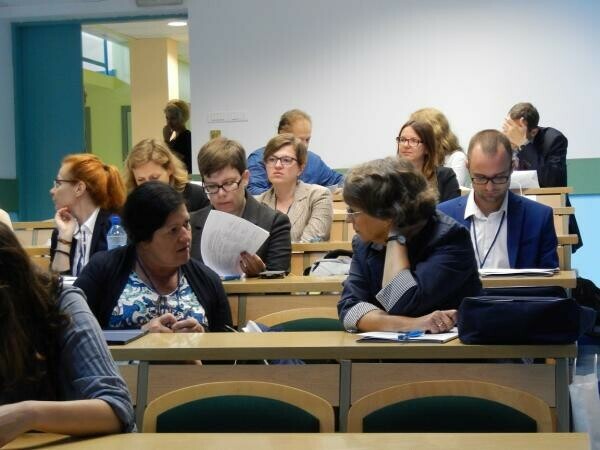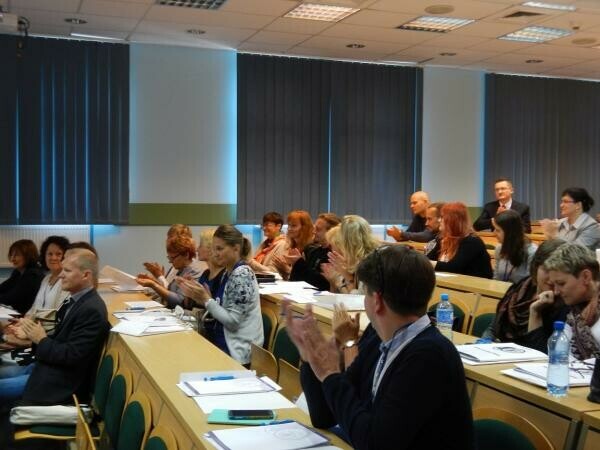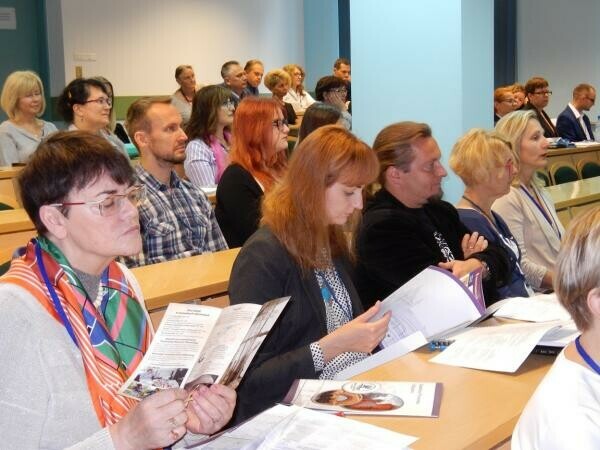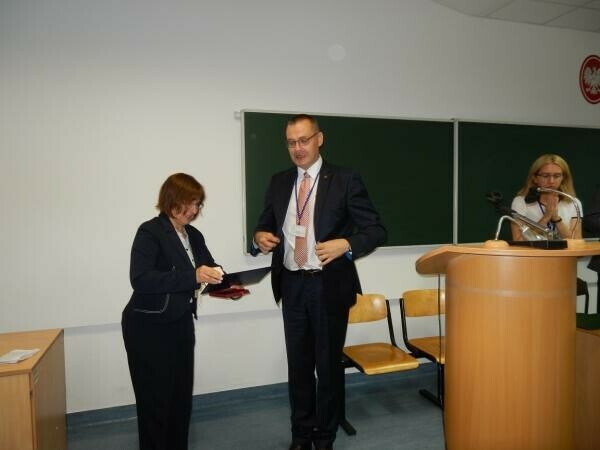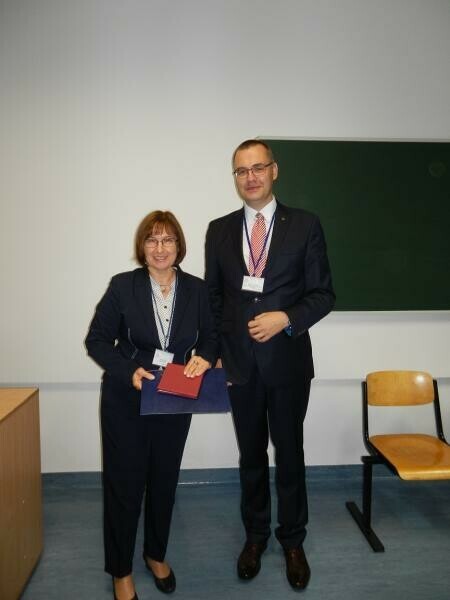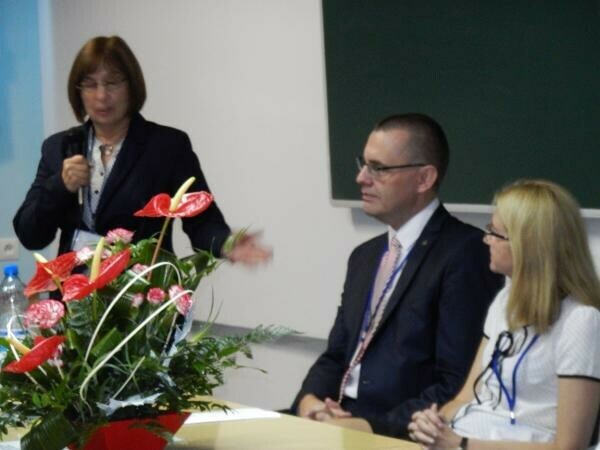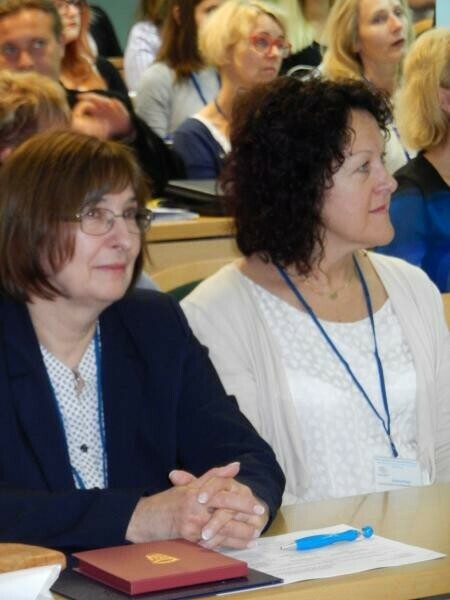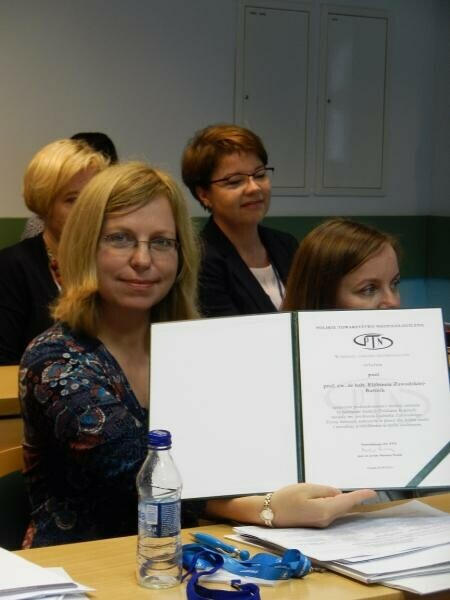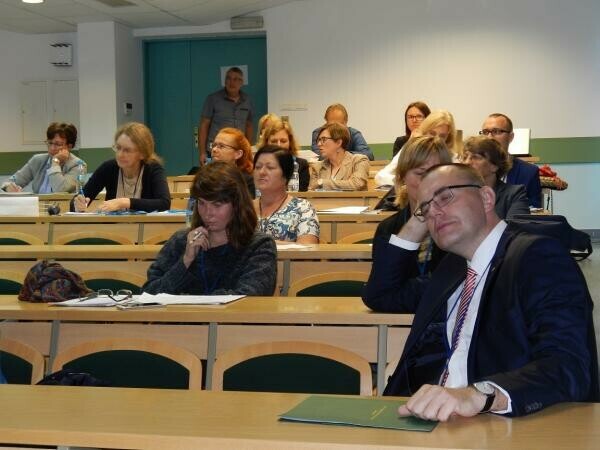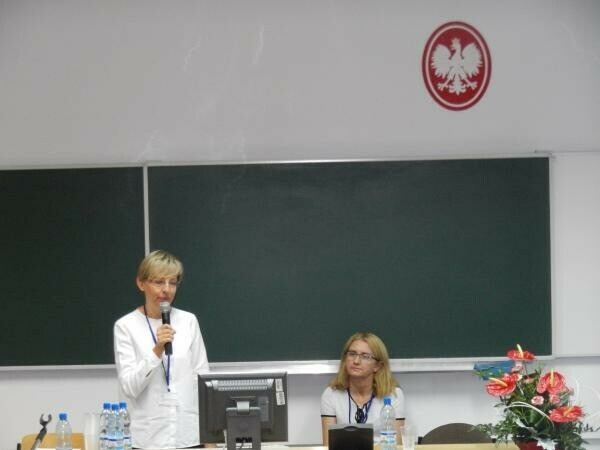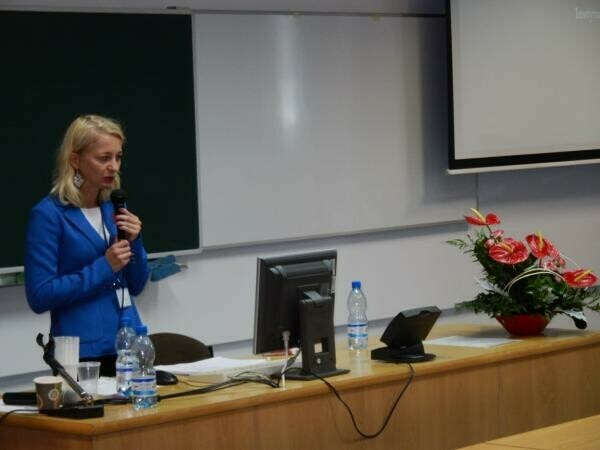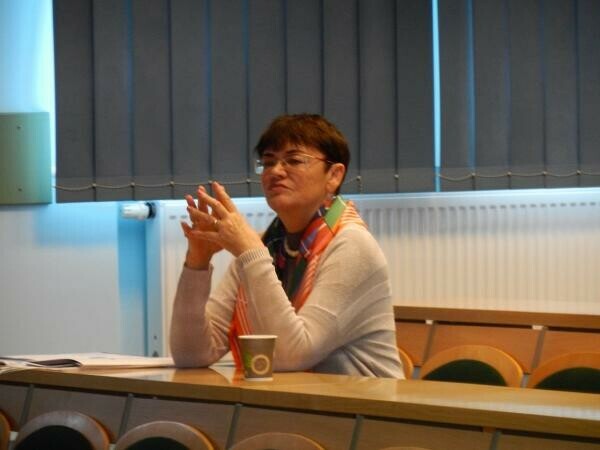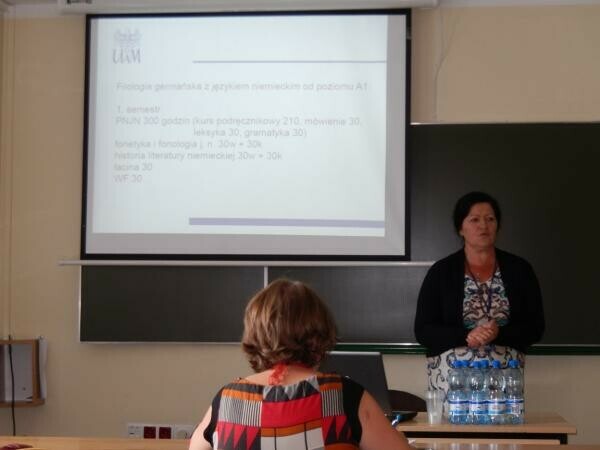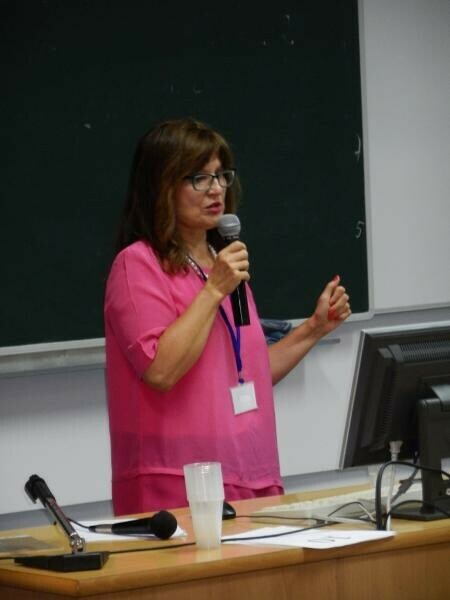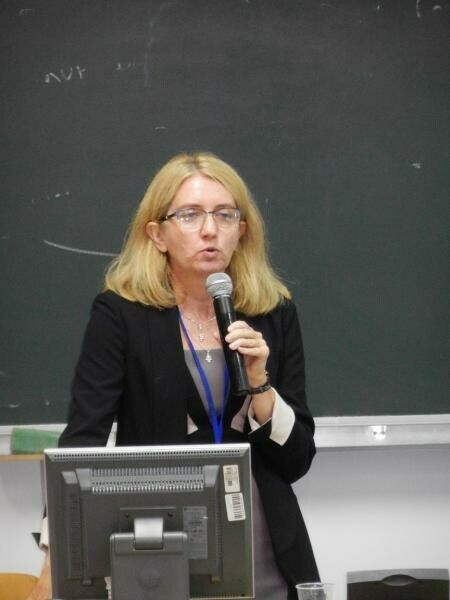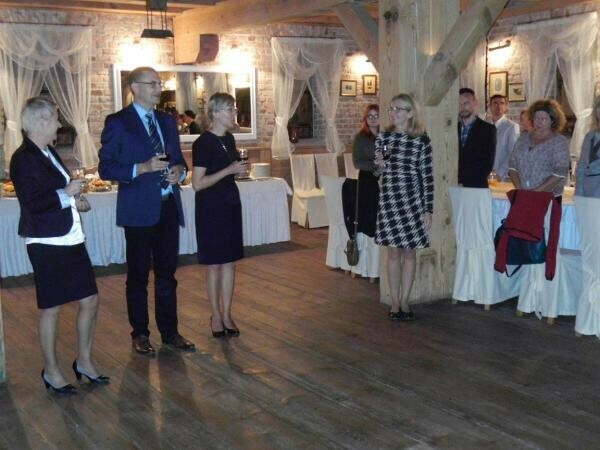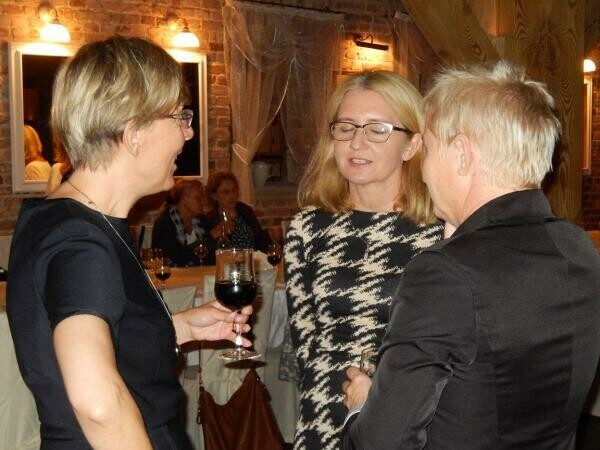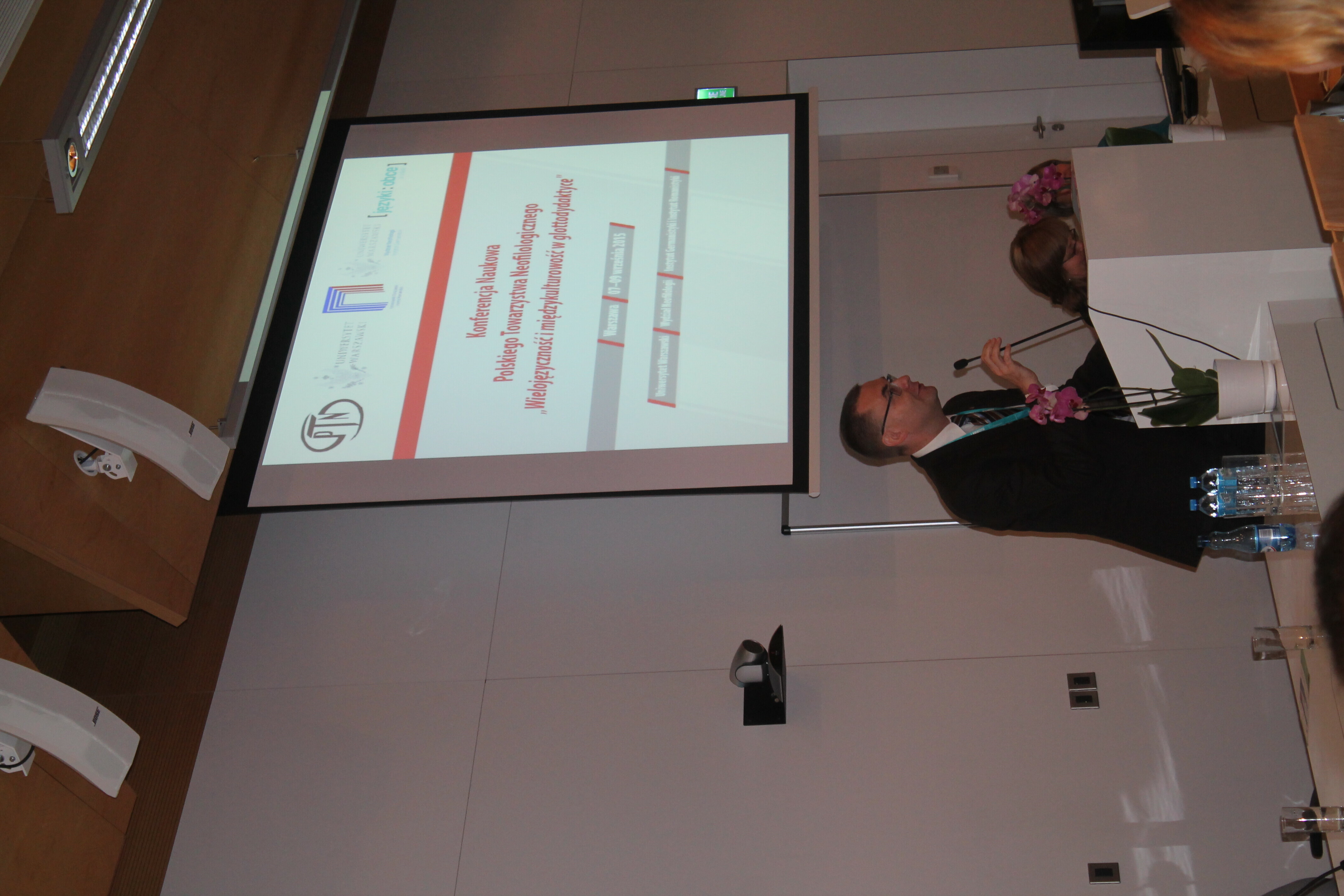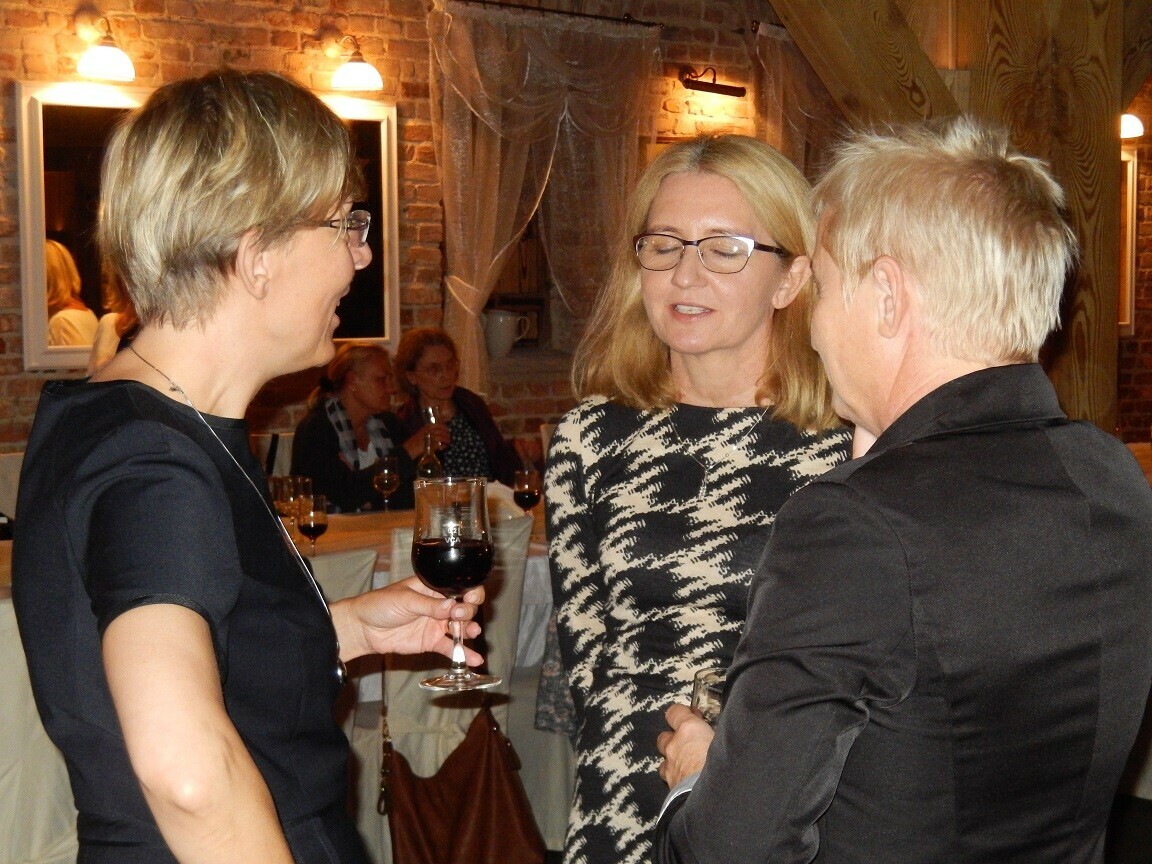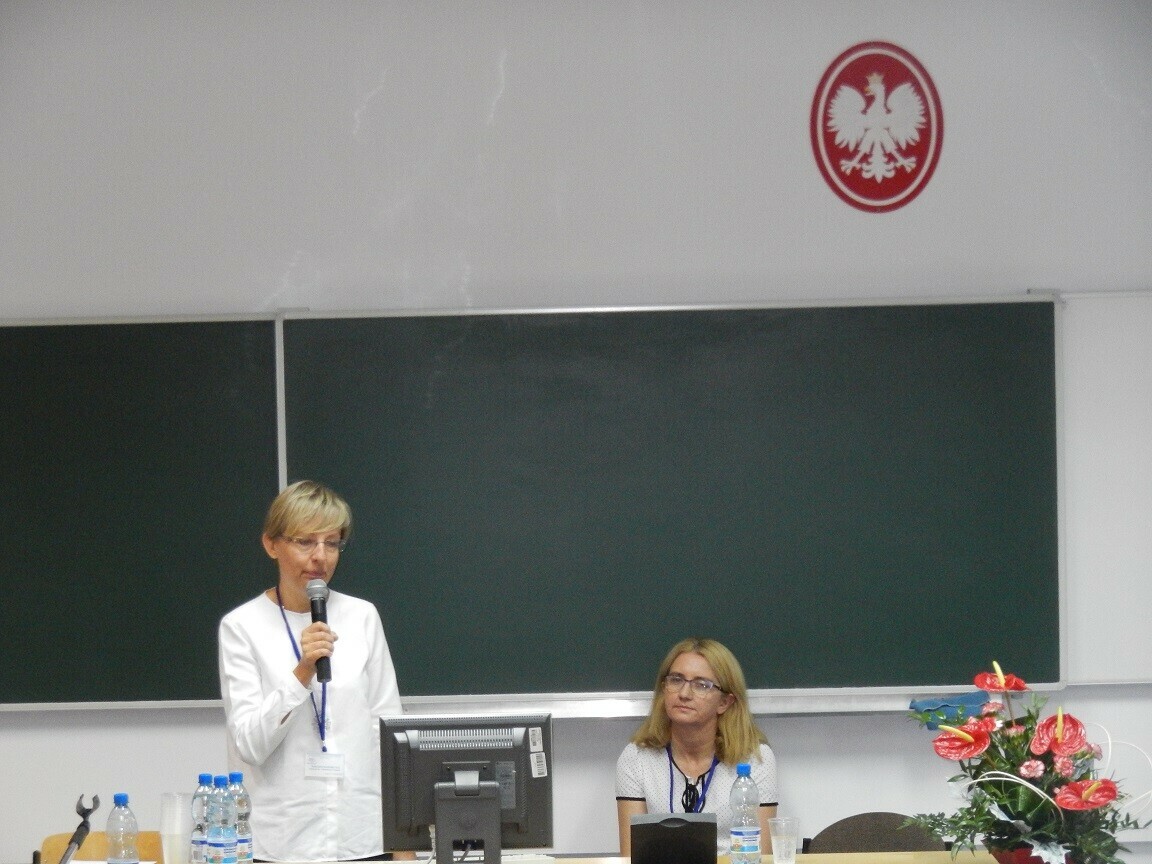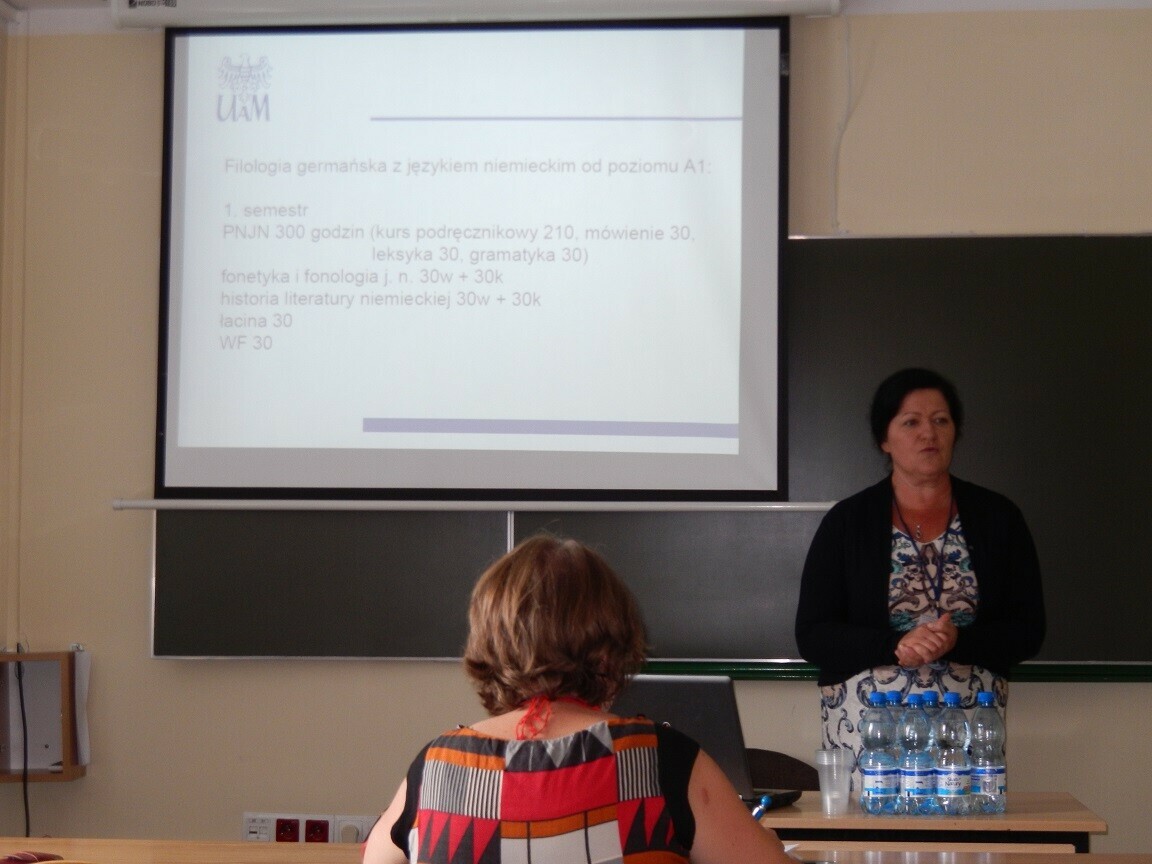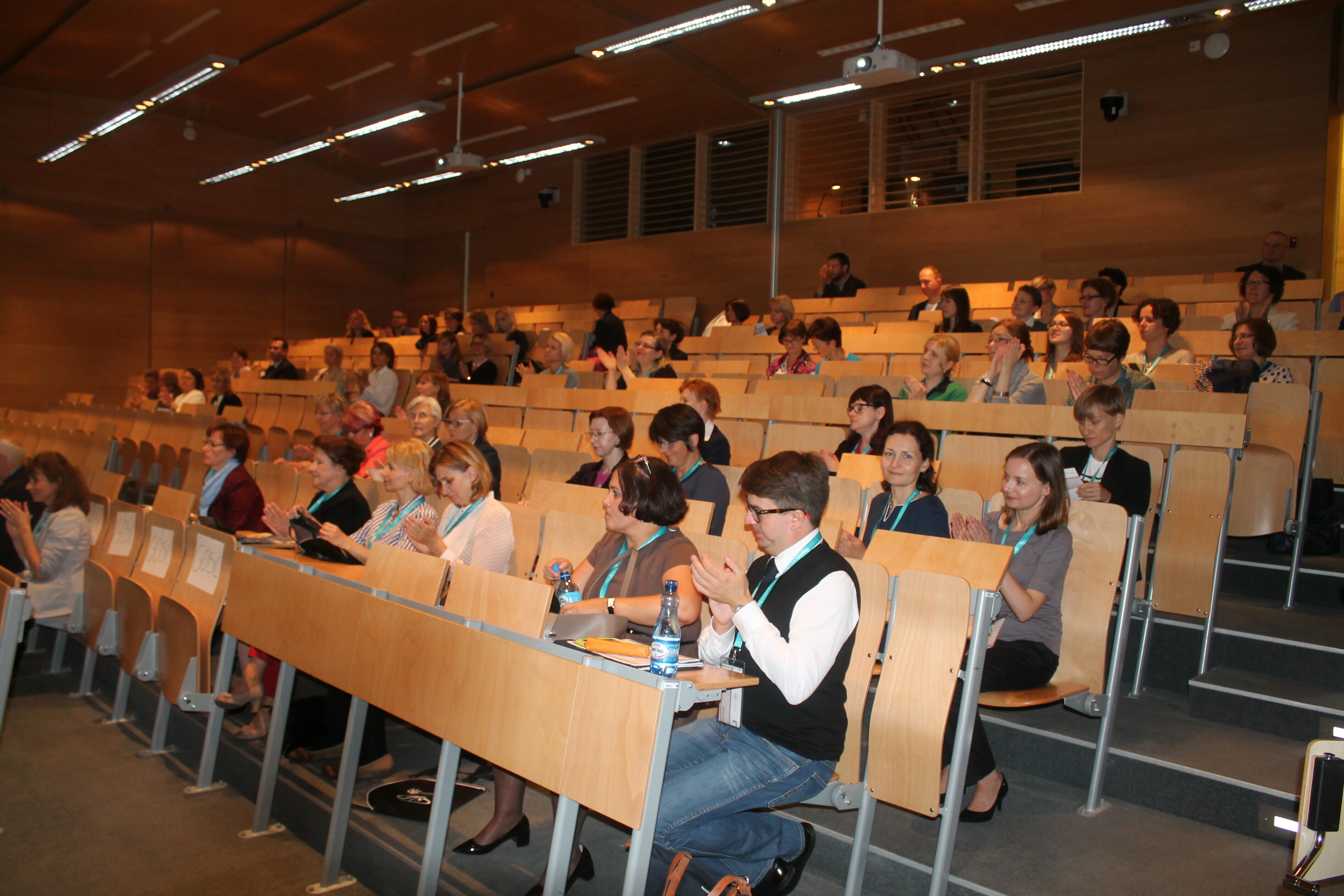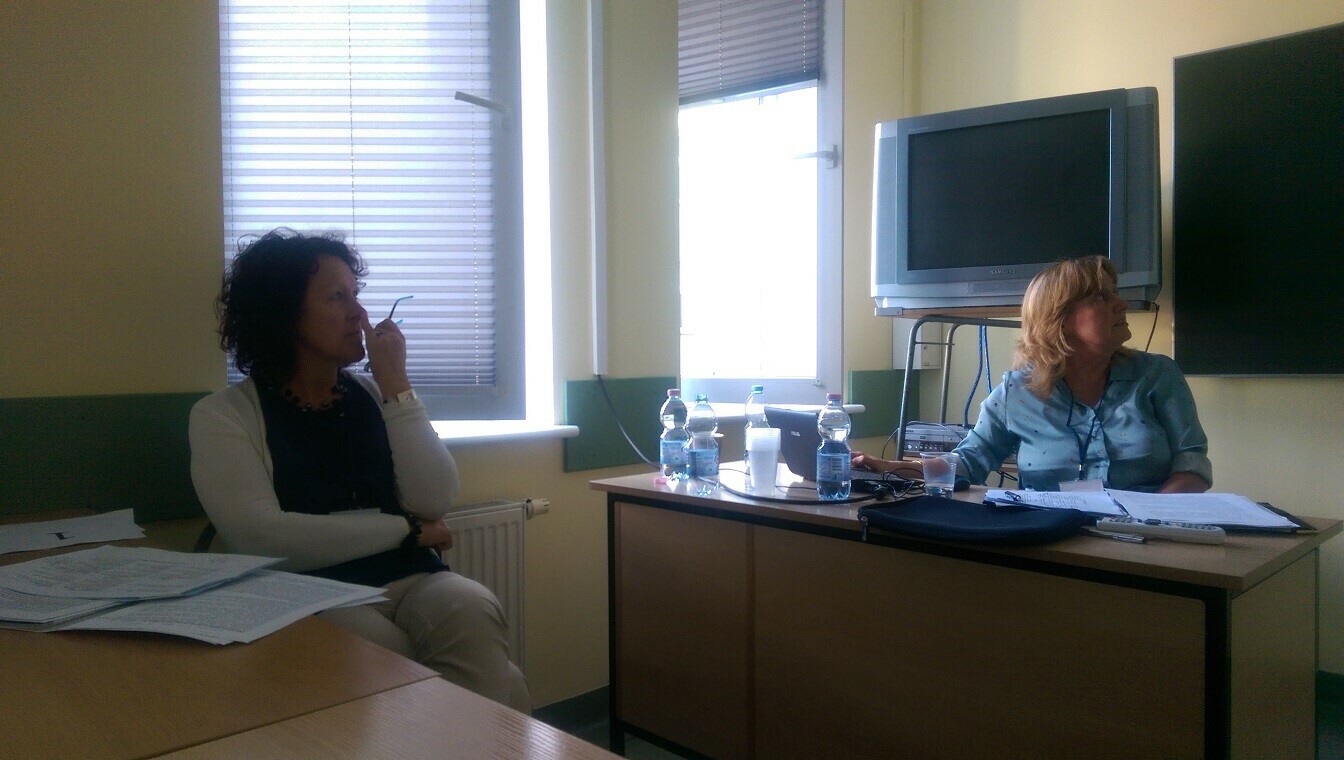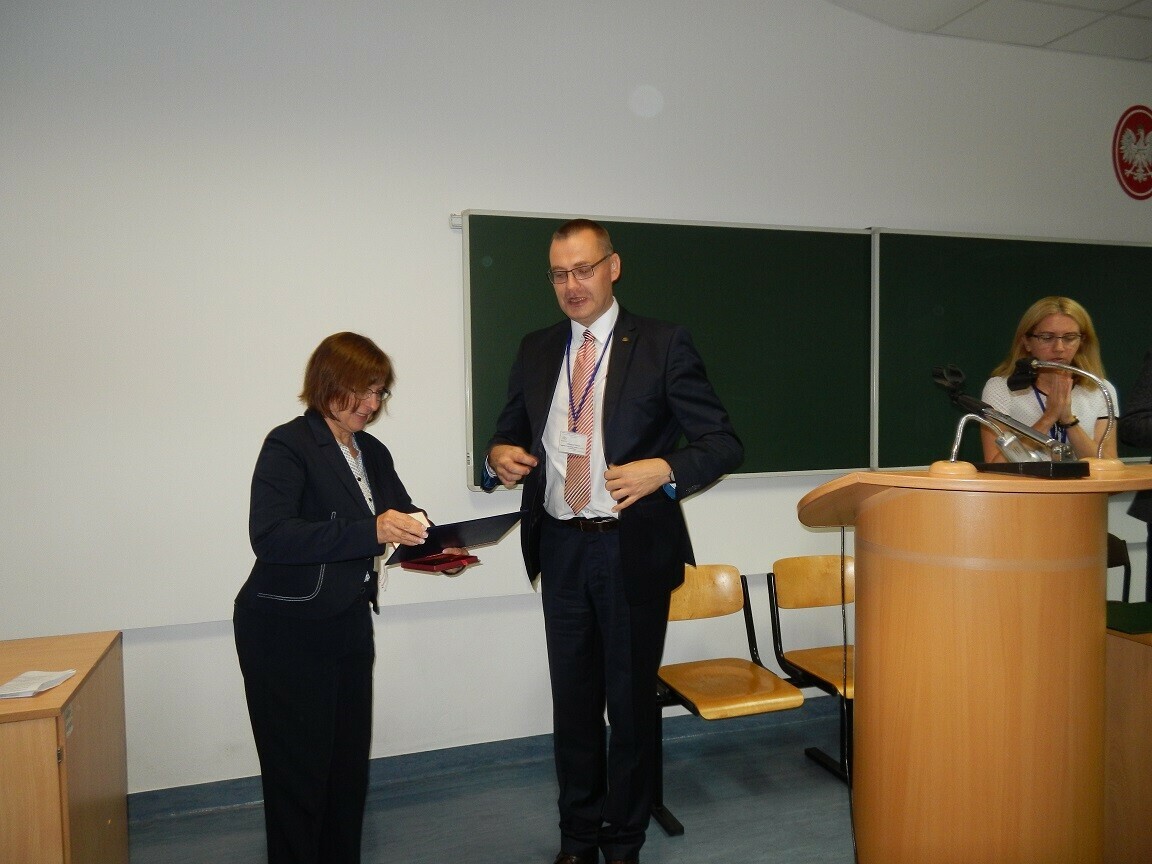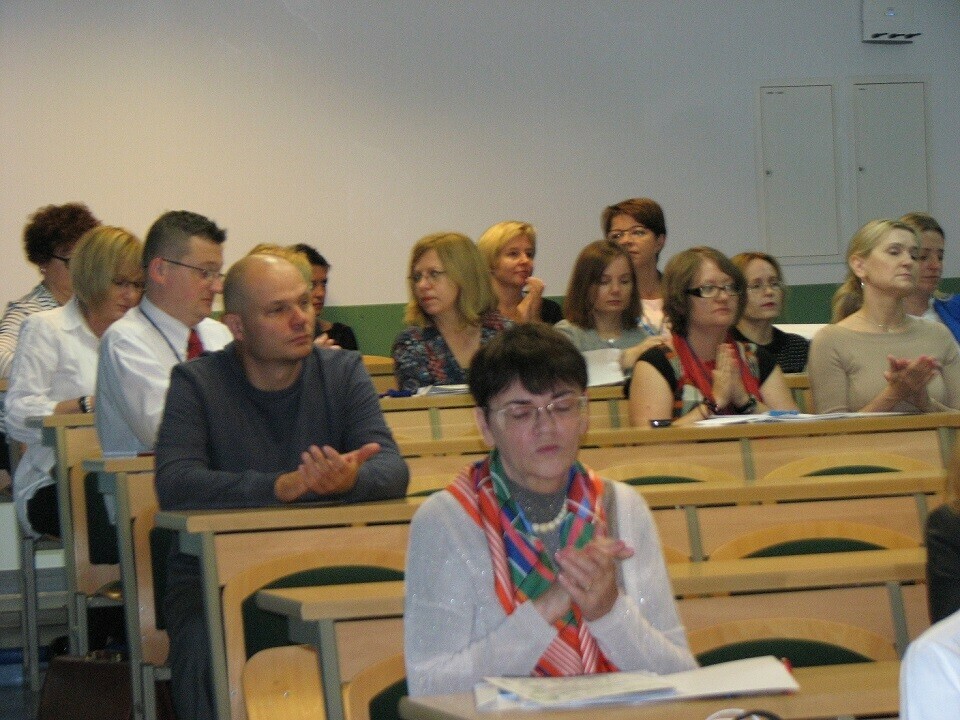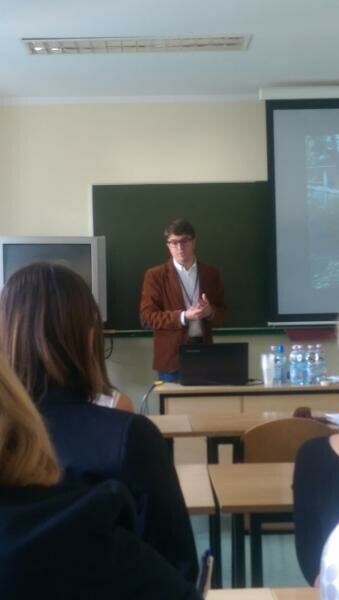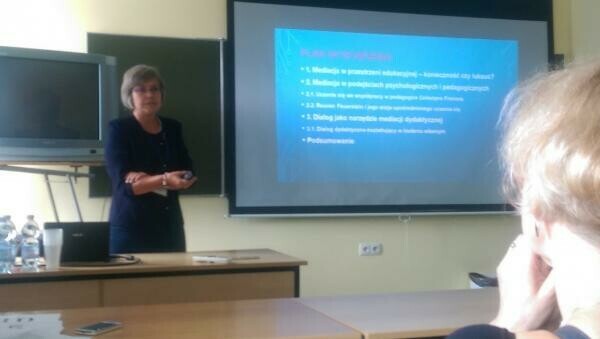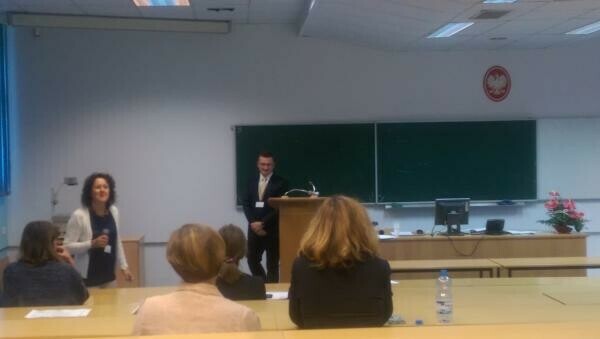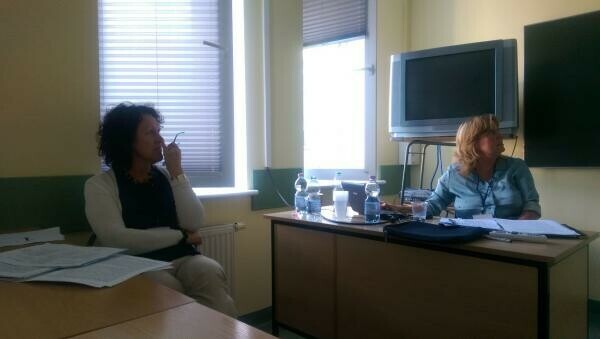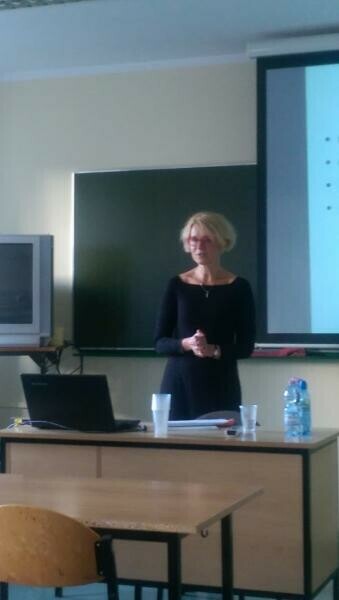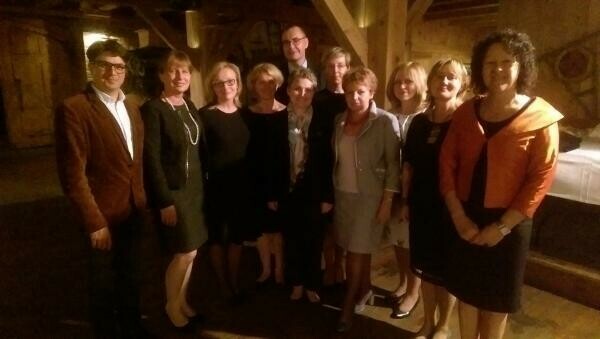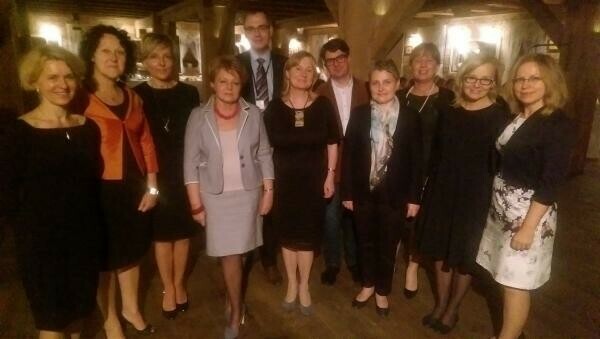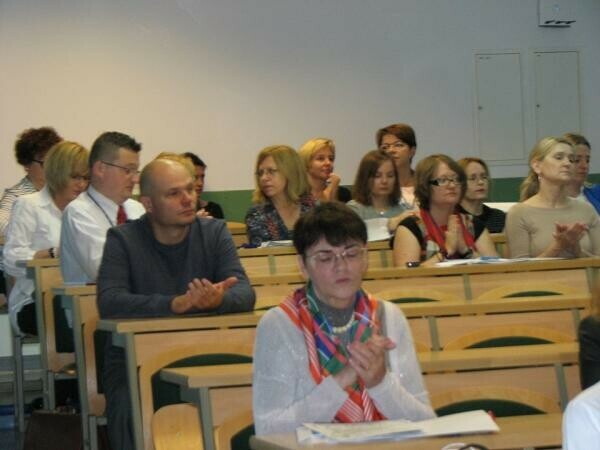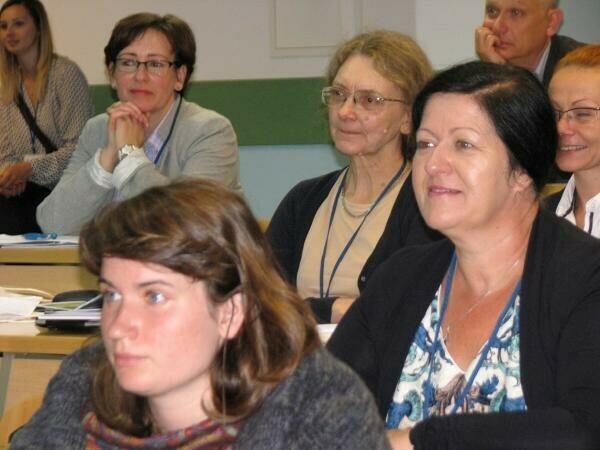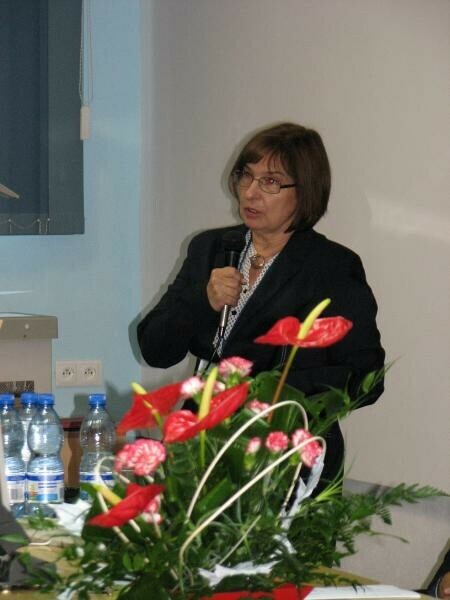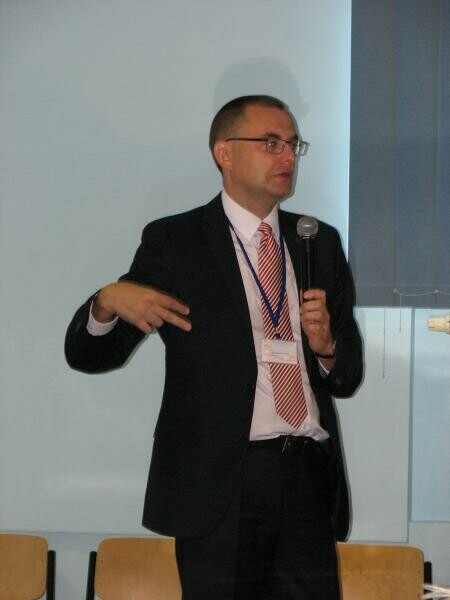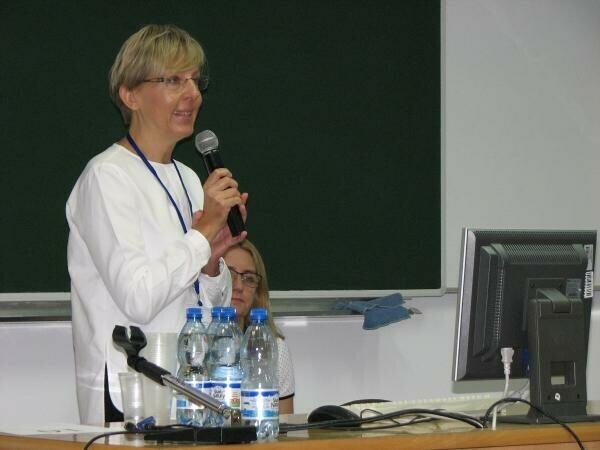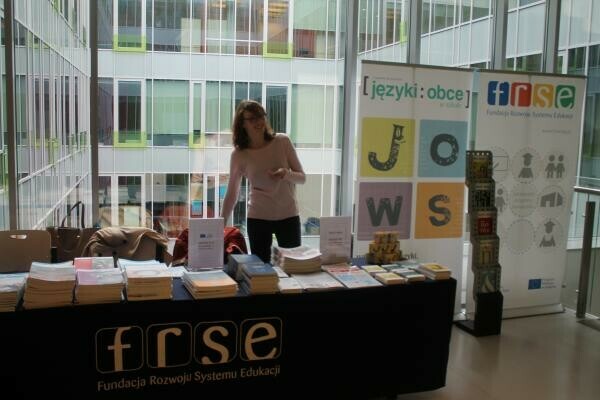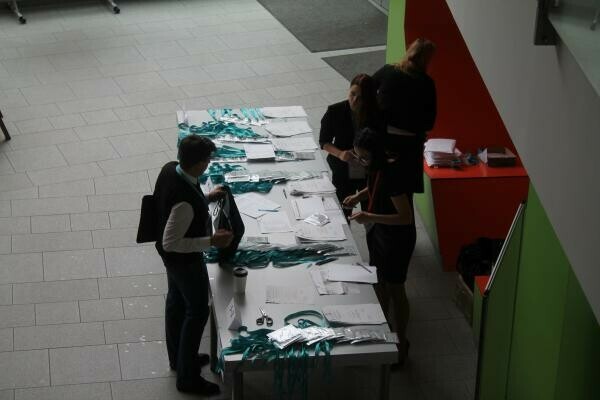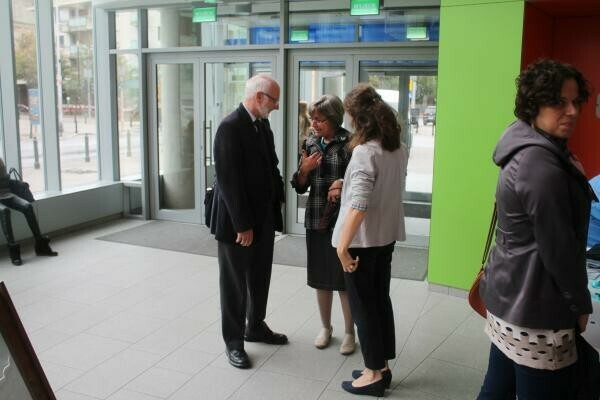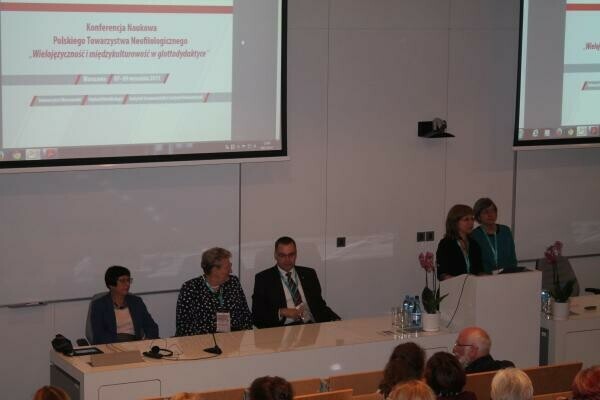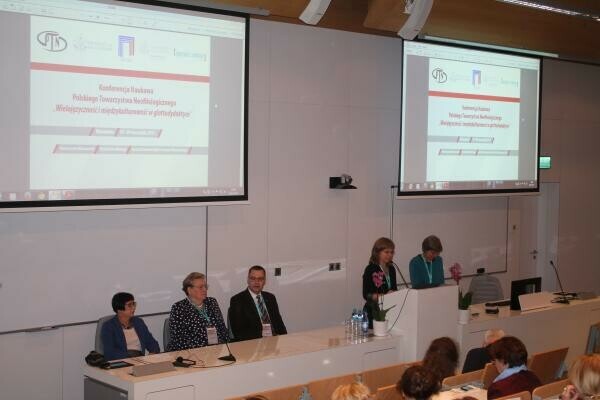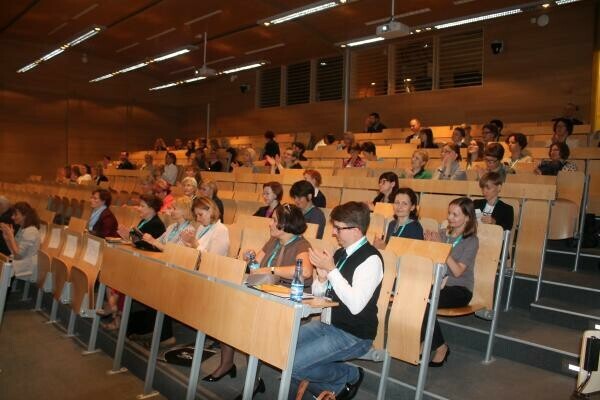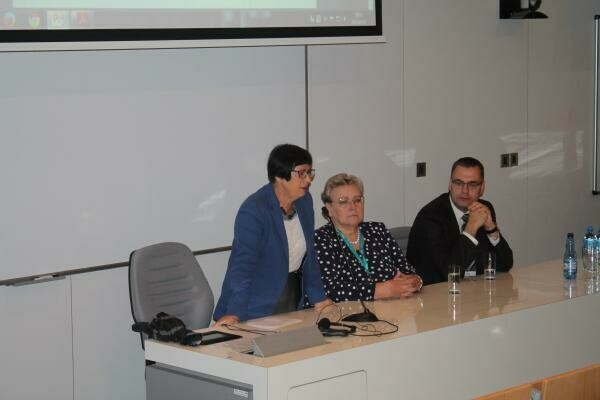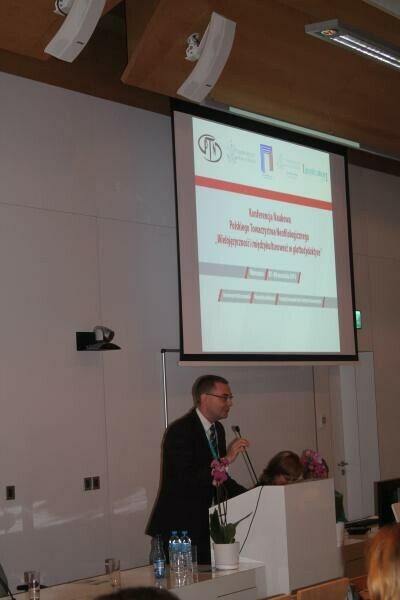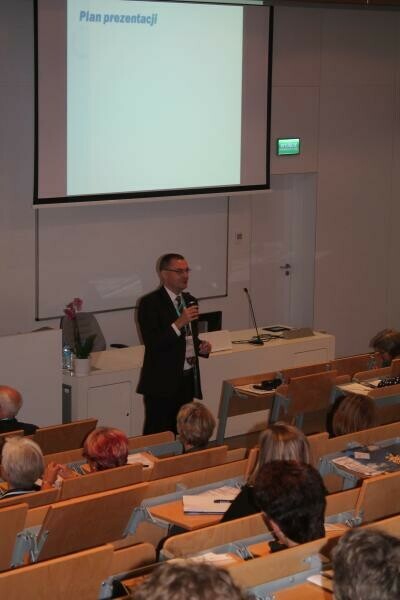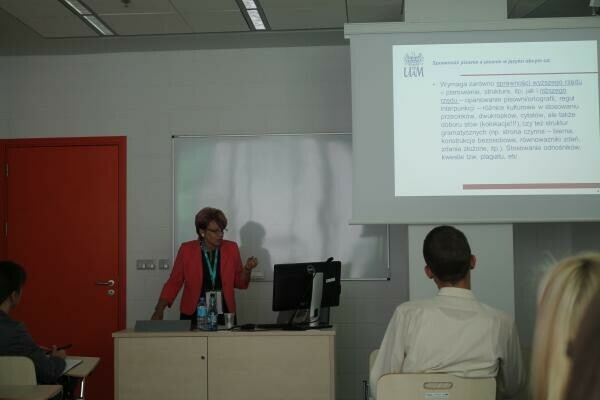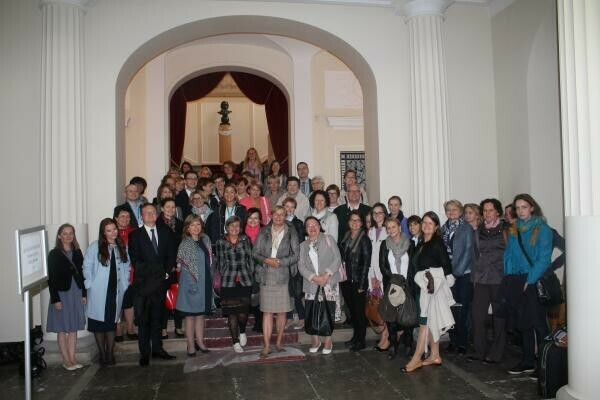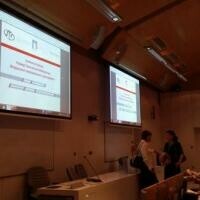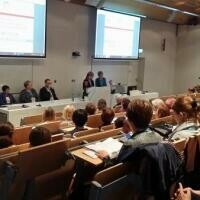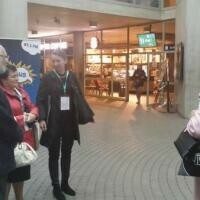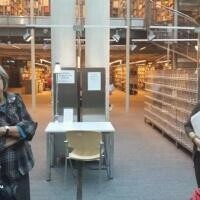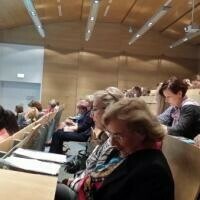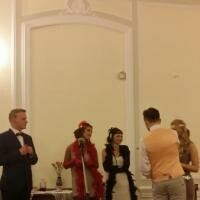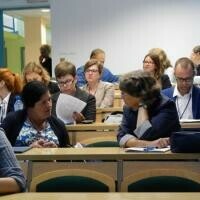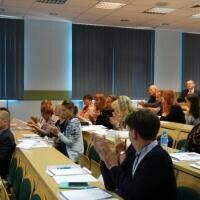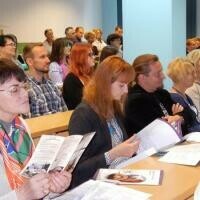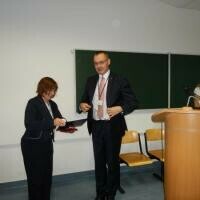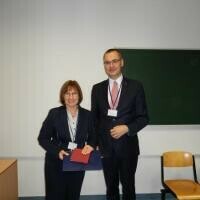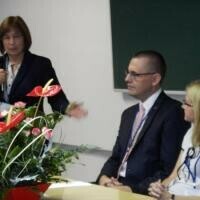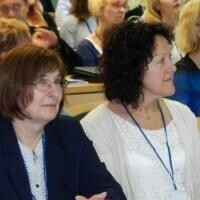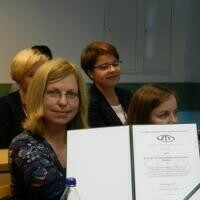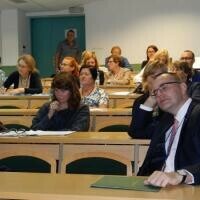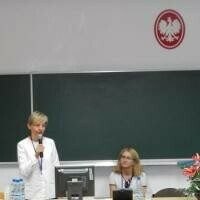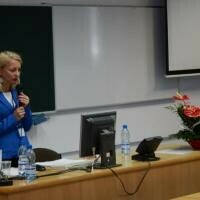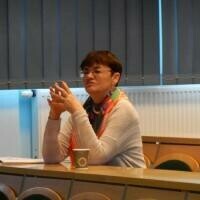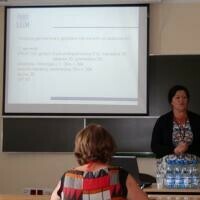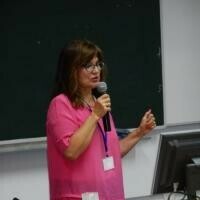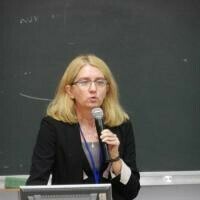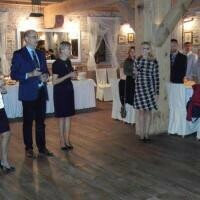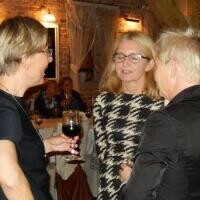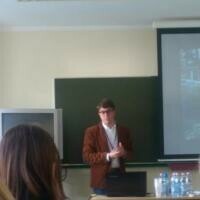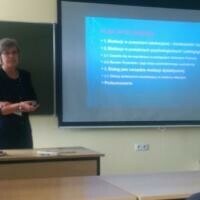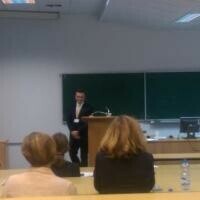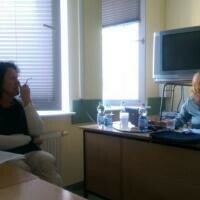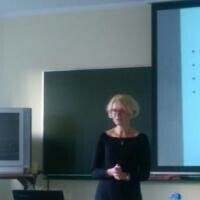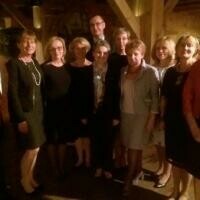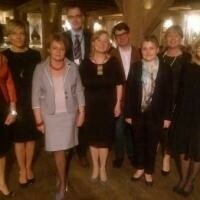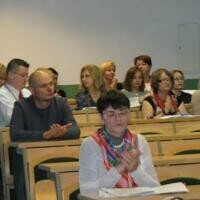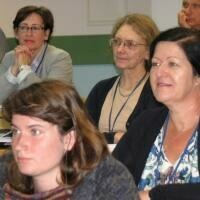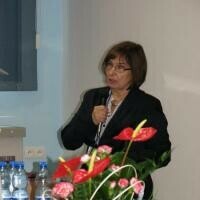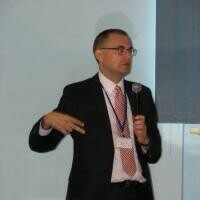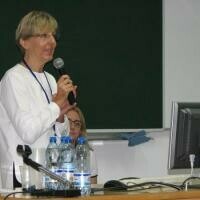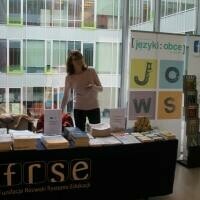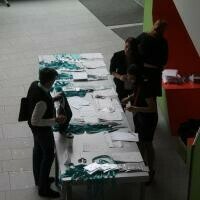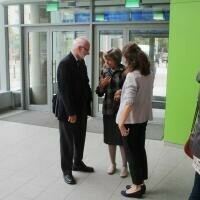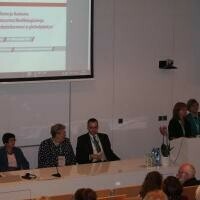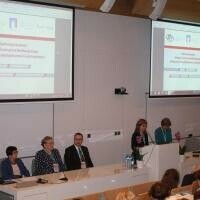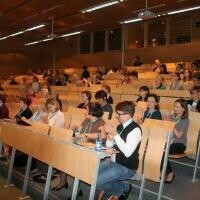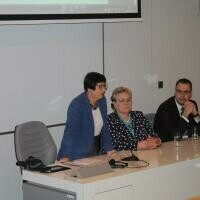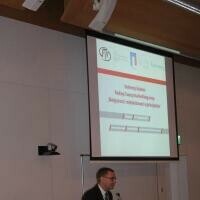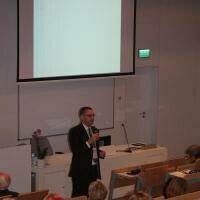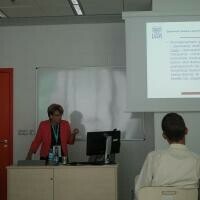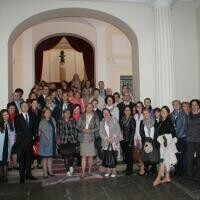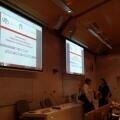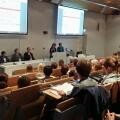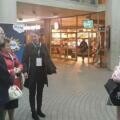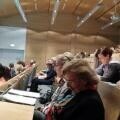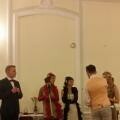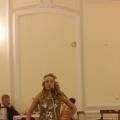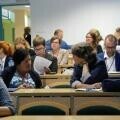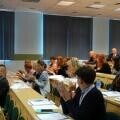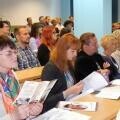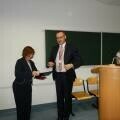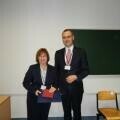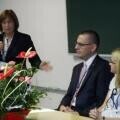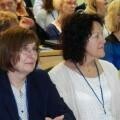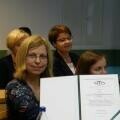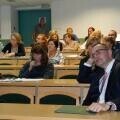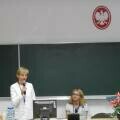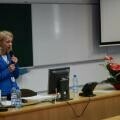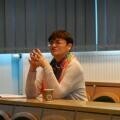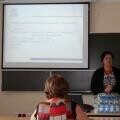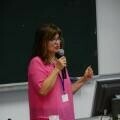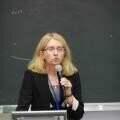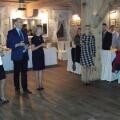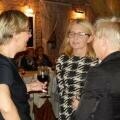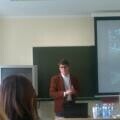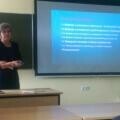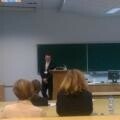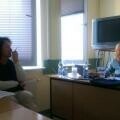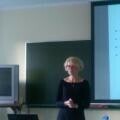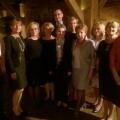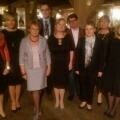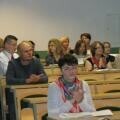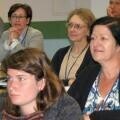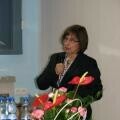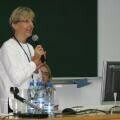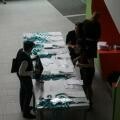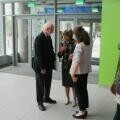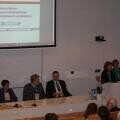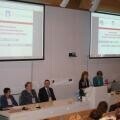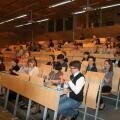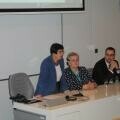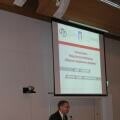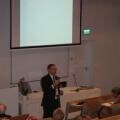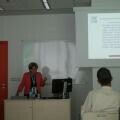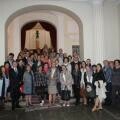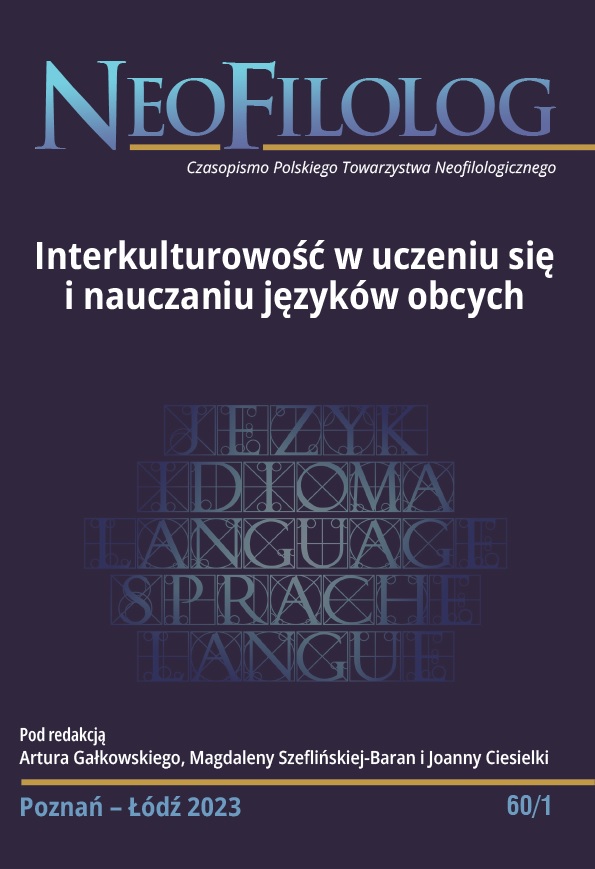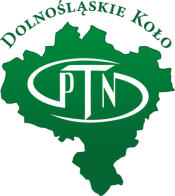Neofilolog nr 34 (2010)
Neofilolog nr 34 (2010)
→ Nr 34 Neofilologa dostępny online
SŁOWO WSTĘPNE
Z przyjemnością przekazujemy naszym Czytelnikom kolejny tematyczny numer Neofilologa: Glottodydaktyka jako nauka, wpisujący się w ciąg publikacji kładących nacisk na badania naukowe. Tom ten stanowi kontynuację i rozwinięcie problematyki podjętej w numerze tematycznym 32 Metody badań w językoznawstwie stosowanym.
Tom podzielony został na trzy części: Glottodydaktyka jako dziedzina akademicka, Badania jakościowe i Eksperyment dydaktyczny.
Część pierwszą otwierają dwa artykuły, których tematyka znakomicie się dopełnia: Maria Dakowska przybliża etapy dojrzewania glottodydaktyki jako dziedziny akademickiej, a Weronika Wilczyńska kreśli jej obszary badawcze. Wyposażony w tę wiedzę Czytelnik ma możliwość jej uzupełnienia dzięki rozważaniom Jolanty Zając na temat miejsca glottodydaktyki w świetle współcześnie rozumianej epistemologii. Kolejne dwa teksty dotykają związków glottodydaktyki z psychologią (Krystyna Wojtynek-Musik) i językoznawstwem (Dorota Śliwa). Część tę zamyka artykuł Anny Marii Harbig argumentującej potrzebę szerszego niż dotychczas udziału tematyki historycznej w badaniach glottodydaktycznych.
Kolejna część numeru poświęcona została stosowanym w glottodydaktyce badaniom jakościowym: metodzie indywidualnych przypadków (Katarzyna Karpińska-Szaj), badaniu autobiograficznemu (Dorota Werbińska), nabywania przez studentów umiejętności problematyzacji i konceptualizacji (Izabela Orchowska), wykorzystaniu wiedzy lingwistycznej w glottodydaktyce (Ariadna Strugielska, Krzysztof Strzemeski, Katarzyna Kwapisz-Osadnik), metodom glośnego myślenia i retrospekcji ( Magdalena Witkowska) wreszcie badaniom w działaniu ( Joanna Stańczyk).
Na trzecią część numeru składają się artykuły referujące zasady i wyniki badań eksperymentalnych w glottodydaktyce, począwszy od zasad planowania i przeprowadzania eksperymentu naukowego (Katarzyna Rokoszewska), omówienia zalet i trudności w prowadzeniu badania diagnostycznych (Krystyna Mihułka), poprzez sondaż diagnostyczny (Elżbieta Danuta Lesiak-Bielawska) aż po wykorzystanie testów psychologicznych (Małgorzata Kolera) oraz testów plasujących (Anna Seretny, Ewa Lipińska). Ciąg ten zamyka praca Krystyny Łęskiej omawiająca przykład zastosowania kombinacji metod ilościowych i jakościowych. Kolejne teksty skupiają się nad wykorzystaniem metod i narzędzi badawczych w studiach nad rozwojem języka obcego u małych dzieci (Joanna Rokita-Jaśkow), badaniach pedagogicznych wśród osób w wieku senioralnym (Anna Jaroszewska), nauczaniu słownictwa języków obcych (Agnieszka Mac), badaniu wypowiedzi ustnych uczniów na lekcji języka obcego (Radosław Kucharczyk) i teoriom na temat nauczania na odległość (Przemysław Wolski).
Jestem głęboko przekonana, że Czytelnik otrzymuje kolejną ważną i niezwykle wartościową pozycję nt. metodologii badań glottodydaktycznych, a ciąg numerów 32-36, kładący nacisk na badania naukowe, stanowi cenne i długo oczekiwane uzupełnienie bibliografii polskich glottodydaktyków.
Pragnę wyrazić wdzięcznośc pani prof. dr hab. Jolancie Zając za to, że przyjęła na siebie trud zrecenzowania 34 tomu Neofilologa, a pani dr Melanie Ellis za korektę wszystkich streszczeń.
Halina Widła
|
SPIS TREŚCI |
||
|
|
||
|
SŁOWO WSTĘPNE: Halina Widła |
5 | |
|
|
||
| Część I: Glottodydaktyka jako dziedzina akademicka | ||
|
|
||
|
Maria Dakowska - W poszukiwaniu wiedzy praktycznie użytecznej. O dojrzewaniu glottodydaktyki jako dziedziny akademickiej |
9 | |
|
Weronika Wilczyńska - Obszary badawcze glottodydaktyki |
21 | |
|
Jolanta Zając - Glottodydaktyka w ujęciu epistemologicznym |
31 | |
|
Krystyna Wojtynek-Musik - Typologia psychologiczna Carla Gustawa Junga a glottodydaktyka |
49 | |
|
Dorota Śliwa - Glottodydaktyka i językoznawstwo - razem czy osobno? |
59 | |
|
Anna Maria Harbig - O konieczności badań nad historią nauczania języków obcych |
67 | |
|
|
||
| Część II: Badania jakościowe | ||
|
Katarzyna Karpińska-Szaj - Dialog w metodzie indywidualnych przypadków |
81 | |
|
Dorota Werbińska - „Moja podróż z językiem obcym" - narracyjne badanie autobiograficzne |
91 | |
|
Izabela Orchowska - Konstruowanie projektu pracy dyplomowej jako element kształcenia akademickiego przyszłych nauczycieli języków obcych |
111 | |
| Ariadna Strugielska, Krzysztof Strzemeski - Metafora pojęciowa w interpretacji teorii osobistych - analiza krytyczna | 123 | |
| Katarzyna Kwapisz-Osadnik - Językoznawstwo kognitywne w nauczaniu języków obcych : projekt gramatyki | 133 | |
|
Magdalena Witkowska - Zastosowanie protokołu głośnego myślenia i retrospekcji w badaniach autorefleksji przyszłych nauczycieli języka angielskiego |
147 | |
|
Joanna Stańczyk - Poprzez refleksję do postawy refleksyjnej przyszłego nauczyciela języka obcego - trudności interpretacyjne badania w działaniu |
159 | |
|
|
||
|
Część III: Eksperyment w badaniach glottodydaktycznych |
||
| Katarzyna Rokoszewska - Planowanie i przeprowadzanie eksperymentu naukowego w badaniach glottodydaktycznych | 171 | |
| Krystyna Mihułka - Badania diagnostyczne w glottodydaktyce - zalety i trudności | 183 | |
| Elżbieta Danuta Lesiak-Bielawska - Sondaż diagnostyczny w badaniach nad rolą różnic indywidualnych w procesie akwizycji językowej | 195 | |
| Małgorzata Kolera - Testy psychologiczne w badaniach glottodydaktycznych | 205 | |
| Krystyna Łęska - Zalety stosowania połączonych metod badawczych w analizie interakcji na lekcjach języka obcego | 217 | |
| Anna Seretny, Ewa Lipińska - Testy plasujące jako narzędzie pomiaru dydaktycznego na przykładzie języka polskiego jako obcego - ocena dotychczasowych doświadczeń | 229 | |
| Joanna Rokita-Jaśkow - Metody i narzędzia badawcze w studiach nad rozwojem języka obcego u małych dzieci | 243 | |
|
Anna Jaroszewska - Kilka uwag na temat metodologii badań prowadzonych wśród osób w wieku senioralnym |
253 | |
| Agnieszka Mac - Zastosowanie badań eksperymentalnych w nauczaniu języków obcych na przykładzie przyswajania słownictwa | 265 | |
| Radosław Kucharczyk - Metodologiczne pułapki badania wypowiedzi ustnych uczniów na lekcji języka obcego | 275 | |
|
Przemysław Wolski - Indywidualne teorie na temat nauczania na odległość |
287 | |
|
|
297 |
STRESZCZENIA
Maria Dakowska
Uniwersytet Warszawski
W POSZUKIWANIU WIEDZY PRAKTYCZNIE UŻYTECZNEJ. O DOJRZEWANIU GLOTTODYDAKTYKI JAKO DZIEDZINY AKADEMICKIEJ
Wystąpienie na Krajowej Konferencji Polskiego Towarzystwa Neofilologicznego Sosnowiec, UŚ, 7-9 września 2009
In search of knowledge which has practical application. The development of glottodidactics as an academic discipline
My thesis in this article is that developing glottodidactics as an academic discipline is an optimal program for the field of foreign language learning and teaching, especially considering its prospects of generating practically useful knowledge. I begin by making distinctions between ‘practice', ‘theory', and ‘science' in the context of three stages in the maturation of our field. This is to show the qualitative differences between a) commonsense b) methodology, and c) an academic discipline with the prospect of satisfying social demands for knowledge which is useful in teaching, understood as its own application. Chances of this full-fledged discipline generating such knowledge, however, depend on its success in constituting itself as mirror image of an empirical discipline with an empirical system as its subject matter.
Weronika Wilczyńska
UAM Poznań
OBSZARY BADAWCZE GLOTTODYDAKTYKI
Glottodidactics and its field of investigation
Glottodidactics is obviously to be seen as a rather new discipline, situated between the humanities and social sciences. This area of studies is delineated first of all by its object and research aims. Although there is a clear consensus about defining this object as L2 teaching/learning, it seems much harder to agree on how to structure this area in a tenable way. This article will argue in favor of organizing the field of glottodidactics in a way that would be propitious for the discipline as a whole, and for studies conducted within it. Further, a proposal is formulated to arrange this field around a central axis which could, in the author's view, be the process of fostering learners' communicative competence.
Jolanta Zając
Uniwersytet Warszawski
GLOTTODYDAKTYKA W UJĘCIU EPISTEMOLOGICZNYM (recenzent: Maria Dakowska)
Glottodidactics from an epistemological perspective
Epistemology is part of philosophy, and therefore uses rigid criteria on each discipline which aims at being treated as a science. Nowadays, glottodidactics does not have a complex as regards the other social sciences, but should have a kind of identity which fully legitimizes its scientific connections. This paper proposes to remind us of some of the core elements of such a document.
Krystyna Wojtynek-Musik
Uniwersytet Śląski
TYPOLOGIA PSYCHOLOGICZNA CARLA GUSTAWA JUNGA A GLOTTODYDAKTYK A
Carl Gustav Jung's psychological typology and glottodidactics
According to C.G. Jung, people, including teachers and students, can be divided into four personality types, depending on the dominating psychological function. These functions are thinking, feeling, sensation and intuition which can be further subdivided into introverts and extraverts. The awareness of this psychological diversity may spare teachers and their students a great number of disappointments and misunderstandings and may also help them to create their own style of learning and working on the second language.
Dorota Śliwa
Katolicki Uniwersytet Lubelski Jana Pawła II
GLOTTODYDAKTYKA I JĘZYK OZNAWSTWO: RAZEM CZY OSOBNO?
Glottodidactics and linguistics: together or apart?
The article concerns the relation between linguistics and glottodidactics. In the first part, we present a synthesis of problems found when these two disciplines confront each other. The reply to the question about the identity of linguistics is the concept of a sign as a cluster of relations (cognitive, pragmatic, communicative, etc.) developed by Krąpiec in the sense proposed by Aristotle and St. Thomas Aquinas. Key also is the concept of a subjective and predicative structure as a tool to describe the conceptual structure. The cluster of relations mentioned before undergoes syntactic transformations in the text. This proposition considers both cognitive and communicative functions of a language and takes a positive stance on the experiences of foreign language didactics.
Anna Maria Harbig
Uniwersytet w Białymstoku
O KONIECZNOŚCI BADAŃ NAD HISTORIĄ NAUCZANIA JĘZYKÓW OBCYCH
On the necessity of research into the history of teaching foreign languages
Glottodidactic research is focused on the needs to educate teachers offoreign languages, who perform their job "here and now". As a result there is little attention paid to the history of teaching foreign languages. In the present article there are arguments for the necessity of a wider introduction of the subject of history into the scope of interest of glottodidactics. An effort is made to show that it is only after further consideration of the didactic tradition that there can be a fuller understanding of the current discussions and developmental tendencies in foreign language instruction. These arguments are preceded by a characterization of the current state of research.
Katarzyna Karpińska-Szaj
UAM Poznań
DIALOG W METODZIE INDYWIDUALNYCH PRZY PADKÓW
On the necessity of research into the history of teaching foreign languages
Glottodidactic research is focused on the needs to educate teachers of foreign languages, who perform their job "here and now". As a result there is little attention paid to the history of teaching foreign languages. In the present article there are arguments for the necessity of a wider introduction of the subject of history into the scope of interest of glottodidactics. An effort is made to show that it is only after further consideration of the didactic tradition that there can be a fuller understanding of the current discussions and developmental tendencies in foreign language instruction. These arguments are preceded by a characterization of the current state of research.
Dorota Werbińska
Akademia Pomorska w Słupsku
„MOJA PODRÓŻ Z JĘZYKIEM OBCYM" - NARRACYJNE BADANIE AUTOBIOGRAFICZNE
‘My journey with a foreign language' - a narrative autobiographical study
The aim of this article is to show some possibilities of using autobiographical narratives in the learning and teaching languages. The first part, focused on theoretical aspects of autobiographical research, points to its functions, problems for the researcher and possible content to be examined. The second part describes an example of the author's autobiographical narrative research study conducted among the students of philological (English philology) and non-philological (elementary education with English and management) fields of study, whose task was to write an autobiography entitled "My journey with a foreign language".
Izabela Orchowska
KJO UAM Poznań
KONSTRUOWANIE PROJEKTU PRACY DYPLOMOWEJ JAKO ELEMENT KSZTAŁCENIA AKADEMICKIEGO PRZYSZŁYCH NAUCZYCIELI JĘZYK ÓW OBCYCH
Preparing a diploma project as an element of teacher trainees' education
The aim of the article is to answer the question if and to what extent preparing a diploma project on glottodidactics should be an opportunity for the student trainee to understand glottodidactics as a scholarly domain. The author of the article assumes that student's understanding of the specificity of glottodidactics depends on their developing the socalled general epistemological consciousness. The student should gradually develop the awareness of how a researcher epistemological perspective influences the posed research questions and the interpretation of analyzed phenomena as well as the construction of knowledge of and beliefs about the process of learning/teaching a foreign language. To illustrate the problem, the article refers to specific diploma work projects whose authors are the student trainees of the French section at the College of Foreign Languages at UAM in Poznań
Ariadna Strugielska i Krzysztof Strzemeski
Katedra Filologii Angielskiej, UMK
METAFORA POJĘCIOWA W INTERPRETACJI TEORII OSOBISTYCH - ANALIZA KRYTYCZNA
A Critical Evaluation of the Role of Conceptual Metaphor in Personal Theory Interpretation
In this pilot study, a group of students were asked to generate metaphors on the role of the teacher and the learner and learning and teaching. Then the questionnaire data were compared with student metaphors elicited in oral interviews. The results suggest that sentence completion does not reflect informants' true convictions, and that in contrast to theoretical assumptions, novel metaphors seem to be more consistent than conventional metaphors.
Katarzyna Kwapisz-Osadnik
Uniwersytet Śląski
JĘZYK OZNAWSTWO KOGNITYWNE W NAUCZANIU JĘZYK ÓW OBCYCH: PROJEKT GRAMATYK I WIZUALNEJ NA PRZYK ŁADZIE FRANCUSKIEGO TRYBU SUBJONCTIF
Cognitive linguistics in teaching foreign languages: a visual grammar project based on the example of the French subjunctive
The article focuses on a visual grammar project, a strategy which uses notions of cognitive and semantic schemes, the use of prototype and semantic invariant described by cognitive linguistics. The article also includes suggestions concerning the use of the method to teach the French subjunctive.
Magdalena Witkowska
PWSZ Gorzów Wlkp.
ZASTOSOWANIE PROTOKOŁU GŁOŚNEGO MYŚLENIA I RETROSPEKCJI W BADANIACH AUTOREFLEKSJI PRZYSZŁYCH NAUCZY CIELI JĘZYKA ANGIELSKIEGO
The use of think-aloud protocol and retrospection in conducting research on the self-reflection of future teachers of English
Think-aloud protocol (TAP) makes it possible to discover human thoughts while conducting a task, whilst retrospection enables us to uncover thoughts that emerge after the task has been completed. The content of thoughts has been a subject of research in psychology and recently in education. Discovering the content of teachers' self-reflection may raise the understanding of what it means to educate teachers-to-be and how to help them become reflective practitioners. Applying TAP and retrospection appears a thought-provoking experience especially when it comes the procedure and outcome.
Joanna Stańczyk
Nauczycielskie Kolegium Języków Obcych Bydgoszcz
POPRZEZ REFLEKSJĘ DO POSTAWY REFLEKSYJNEJ PRZYSZŁEGO NAUCZYCIELA JĘZYKA OBCEGO - TRUDNOŚCI INTERPRETACYJNE BADANIA W DZIAŁANIU
Through reflection to the reflective attitude of a future foreign language teacher - difficulties in interpreting data in action research
This article is an attempt to determine the reasons for difficulties encountered in the interpretation of data collected in the process of conducting action research on developing a reflective attitude in TTC students. The starting point for investigating the above issue is a short presentation of the action research study: the subjects' aim, and tools employed in the process. The difficulties with interpreting the collected data will be examined mainly from the cognitive perspective, as the description and interpretation relate to internal cognitive processes, observable only in potential change of behaviour. It is significant, therefore, to work out, among the research participants, a coherent conceptual area referring to the changes under investigation. Interpretation of data is also the result of the quality of interactions among the research participants, which will be presented using the example of relations between the teacher-researcher and participant-students and their possible influence on the students' opinions. The article closes with suggestions for selecting criteria for the interpretation of data being collected.
Katarzyna Rokoszewska
Akademia im. Jana Długosza w Częstochowie
PLANOWANIE I PRZEPROWADZANIE EKSPERYMENTU NAUKOWEGO W BADANIACH GLOTTODYDAKTYCZNYCH
Planning and conducting experiments in glottodidactic research
The classic experiment is one of the most important research methods in glottodidactics. The classic experiment must fulfill two conditions, namely control and experimental groups must be formed and subjects must be assigned to these groups at random. If one of these conditions, namely randomization, is not met, the research method is called quasiexperimental. If none of the conditions is met the method is called pre-experimental. In fact, the pre-experiment is probably most often used in research on teaching and learning foreign languages because, just like the true experiment, it allows the researcher to draw conclusions about the cause and effect relationship between particular variables and, at the same time, it is more practical than the true experiment. The aim of this paper is to present the experimental procedure consisting of ten steps proposed by Clegg (1994).
Krystyna Mihułka
Uniwersytet Rzeszowski
BADANIA DIAGNOSTYCZNE W GLOTTODYDAKTYCE - ZALETY I TRUDNOŚCI
Diagnostic research - advantages and disadvantages
The purpose of the following article is to discuss the theoretical framework of diagnostic research used in glottodidactics as well as to analyze some selected diagnostic studies conducted by Polish and German researchers in the last decade into the development of high school and university students' and foreign language teachers' intercultural competence. In the last part of this article attention is paid to the presentation and discussion of the most frequent problems which researchers encounter while planning and carrying out diagnostic studies.
Elżbieta Danuta Lesiak-Bielawska
Uniwersytet Muzyczny im. Fr.Chopina w Warszawie
SONDAŻ DIAGNOSTYCZNY W BADANIACH NAD ROLĄ RÓŻNIC INDYWIDUALNYCH W PROCESIE AKWIZYCJI JĘZYKOWEJ
Diagnostic surveys in research on the role of individual learner differences in the process of foreign/second language acquisition
This article discusses the most popular diagnostic instruments employed when exploring the role of individual learner differences in foreign/second language acquisition. It thus focuses on the advantages and disadvantages of the quantitative research tradition, which relying on data recorded in numerical form, resorted to various inventories, but most importantly questionnaires designed for a specific research objective. In spite of their obvious drawbacks, highly structured questionnaires do not in any way seem to be devoid of certain research merits. However, since quantitative and qualitative research approaches represent different ways of thinking about and understanding the surrounding world, it is more advisable to adopt compromise in research, which will enable the researcher to place the phenomenon explored in a wider perspective.
Małgorzata Kolera
Uniwersytet Warszawski
TESTY PSYCHOLOGICZNE W BADANIACH GLOTTODYDAKTYCZNYCH
Psychological Tests in Glottodidactic Research
This paper presents the possibilities and limitations of using psychological tests in glottodidactics. After a brief presentation of psychological variables that can be measured in glottodidactic research and specifying the concept of these tests and their psychometric quality criteria, the restrictions on their use by non-psychologists are revealed. The article focuses on analysing the core psychological and psychometric knowledge and skills that are essential for competent selection, administration and interpretation of such tests and that limit test access to qualified individuals as well as protect the instruments from misuse. Finally, some options for cooperation with qualified psychologists are suggested, to show the way for responsible and competent use of psychological tests in glottodidactics.
Krystyna Łęska
CJE-NKJO Częstochowa
ZALETY STOSOWANIA POŁĄCZONYCH METOD BADAWCZYCH W ANALIZIE INTERAKCJI NA LEKCJACH JĘZYKA OBCEGO
Advantages of employing mixed methods research in foreign language classroom interaction analysis
Numerous studies conducted during language lessons aim at gaining more knowledge about classroom interaction and its relationship with the learning and teaching processes. Early research concerning classroom interaction involved quantitative methodology and was based on some predetermined sets of categories used for coding specific classroom behaviours. However, such an analysis is not sufficient since it does take into consideration whole stretches of the context in which the utterance is produced and does not allow judgements connected with the classroom atmosphere to be made. One way of dealing with these problems is to employ qualitative methods. Recently, there is another tendency in research methodologies, namely, to use a combination of quantitative and qualitative studies (mixed methods research). The article presents an example of an interaction analysis conducted in foreign language classrooms with the help of mixed methods research, which allowed a better understanding of the phenomena that take place during a foreign language lesson.
Ewa Lipińska, Anna Seretny
Centrum Języka i Kultury Polskiej w Świecie, Uniwersytet Jagielloński
TESTY PLASUJĄCE JAKO NARZĘDZIE POMIARU DYDAKTYCZNEGO NA PRZYKŁADZIE JĘZYKA POLSKIEGO JAKO OBCEGO - OCENA DOTYCHCZASOWYCH DOŚWIADCZEŃ
The development of placement tests in Polish as a foreign language
The placement test is a special examination used to test students' language proficiency so that they may be placed in an appropriate course. It should be relatively short, yet comprehensive. The test used in the Jagiellonian University Center for Polish Language and Culture in the World has been based on the standards set in two documents, namely the Common European Framework of Reference (2001) and the Polish Language Proficiency Standards (2003). It consists of 2 parts -written and oral. In the written part it concentrates on assessing students' knowledge of grammar and vocabulary, as well as reading and writing abilities. The oral part assesses students' productive and interactive skills. The article presents all the development stages of the placement test and its subsequent modifications. It also discusses the choice of testing tasks and the means of evaluating students' production.
Joanna Rokita-Jaśkow
Uniwersytet Pedagogiczny, Kraków
METODY I NARZĘDZIA BADAWCZE W STUDIACH NAD ROZWOJEM JĘZYK A OBCEGO U MAŁYCH DZIECI
Research methods and tools used in studies of early L2 acquisition
This paper aims to present an overview of the most typical methods and tools used in studies of young children learning foreign languages. Two major groups of potential subjects have been distinguished and characterized: children learning L2 from the age of (0) 1 till 3 and from the age of 3 till 6. In the studies in the first group methods similar to studies of L1 are suggested: longitudinal case studies using observation diaries, audio- video recordings, interviews with parents, and vocabulary checklists for cross-sectional research. In the studies of older children (3-6) elicitation of language data during testing sessions is possible and recommended, for which the tools most frequently used are: imitation of a speaker, carrying out orders and using picture prompts.
Anna Jaroszewska
Uniwersytet Warszawski
KILKA UWAG NA TEMAT METODOLOGII BADAŃ PROWADZONYCH WŚRÓD OSÓB W WIEKU SENIORALNYM
Several remarks on the methodology of research carried out on senior citizens
The purpose of the article is to draw attention to the specific nature of pedagogical research carried out in research groups represented by people in late adulthood. On the basis of the characteristics of the last stage of a person's development, the author attempts to indicate such research methods and techniques and such an approach to them as will enable the optimization of broadly understood research upon the process of foreign language learning by elderly people.
Agnieszka Mac
Uniwersytet Rzeszowski
ZASTOSOWANIE BADAŃ EKSPERYMENTALNYCH W NAUCZANIU JĘZYK ÓW OBCYCH NA PRZYK ŁADZIE PRZYSWAJANIA SŁOWNICTWA
Application of experimental research in foreign language teaching using an example of vocabulary acquisition
The aim of experimental research is to check if an assumed dependency can actually be evidenced in the learning process; to determine the extent to which this can be applied, as well as to determine the quality of the influence of the experimental factor on the outcomes. In other words, did the improvement in fact happen and what increase in effects, or the time taken to achieve them, can be expected. As research problems vary, different research approaches are used. In this paper a classic experimental design with pretest and posttest and a control group will be discussed. This is illustrated using an example of research on vocabulary acquisition. The research discussed compares vocabularydevelopment in the traditional classroom with a multimedia environment.
Radosław Kucharczyk
Uniwersytet Warszawski
METODOLOGICZNE PUŁAPKI BADANIA WYPOWIEDZI USTNYCH UCZNIÓW NA LEKCJI JĘZYK A OBCEGO
Methodological ‘traps' in research on oral expression of students in the foreign language classroom.
The purpose of this paper is to present a gap between theory and practice in foreign language methodology. The case is research which has been conducted in order to investigate the increase of pragmatic competence in oral expression in secondary school students of a French as a foreign language class. The basis for choice of research methods, as well as difficulties encountered by the researcher while conducting the research project at school, are described.
Przemysław Wolski
Uniwersytet Warszawski
INDYWIDUALNE TEORIE NA TEMAT NAUCZANIA NA ODLEGŁOŚĆ
Individual theories on distance learning
The purpose of this article is to present similarities and differences between scientific and individual (subjective) theories on e-learning. Individual theories of students and teachers contain beliefs about pedagogical approaches, effectiveness and solutions of different didactic issues. The similarities can result both from knowledge of scientific literature and from professional experience.

